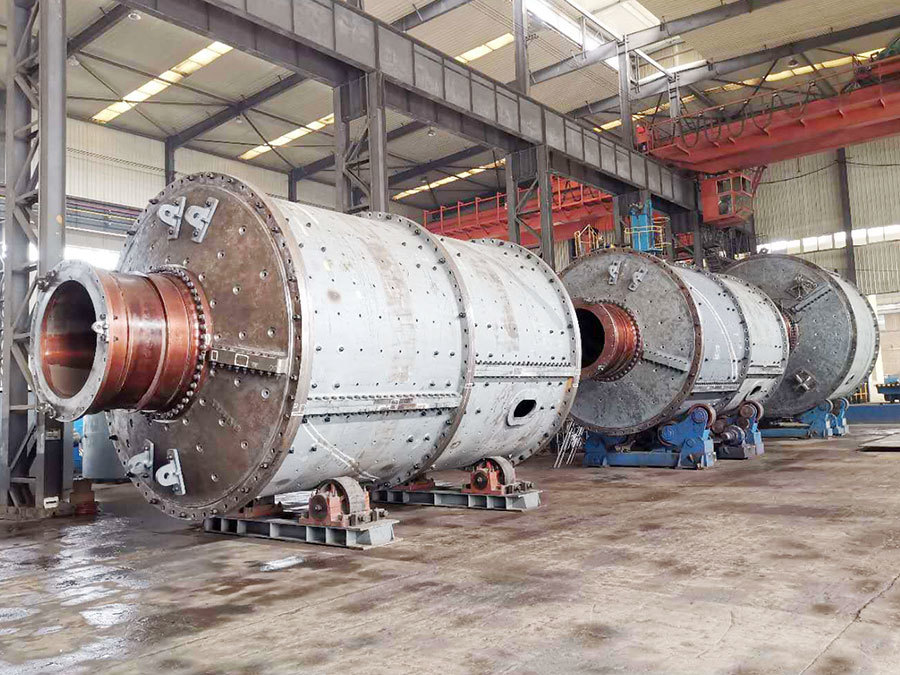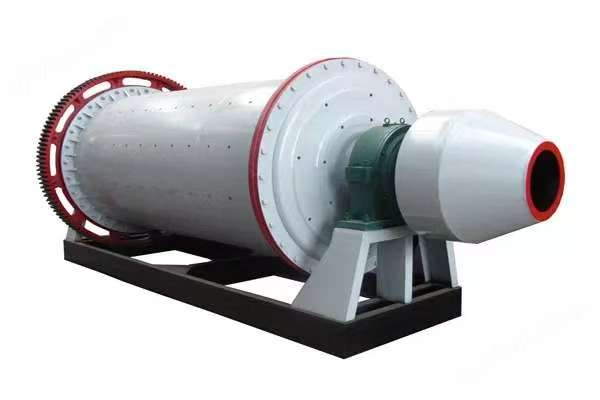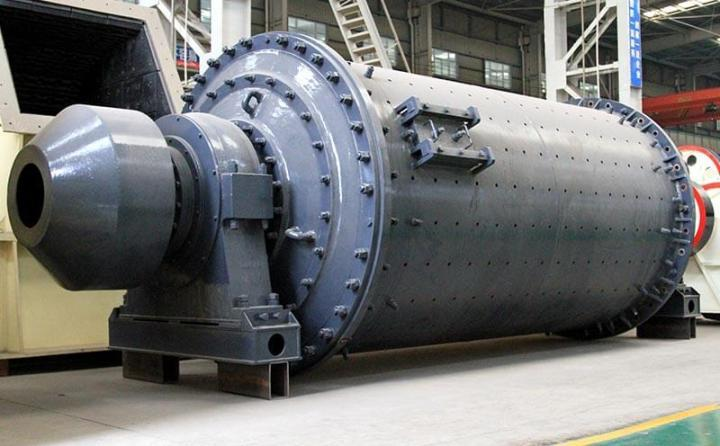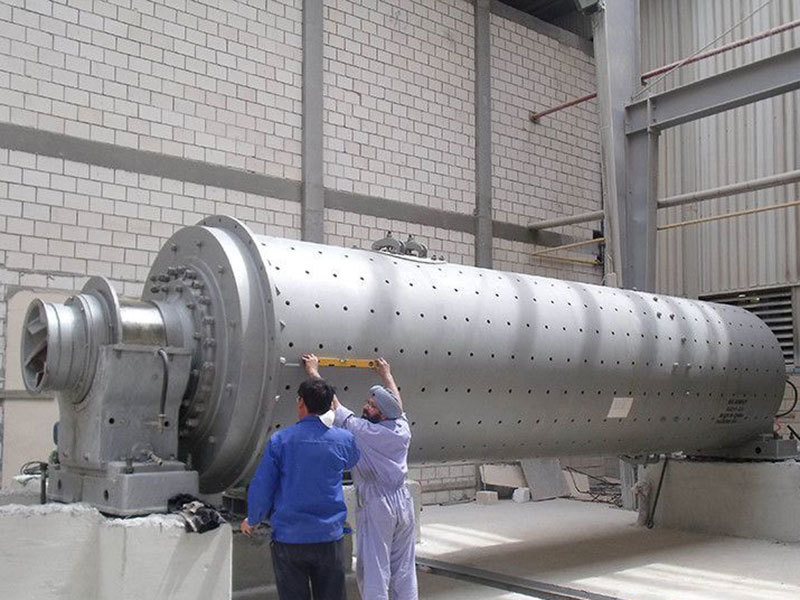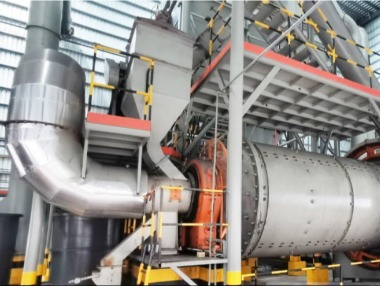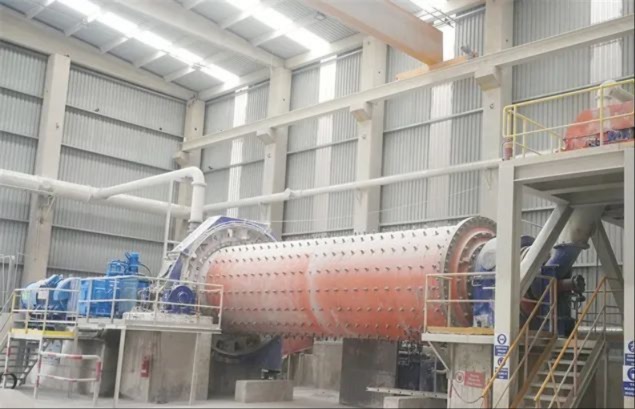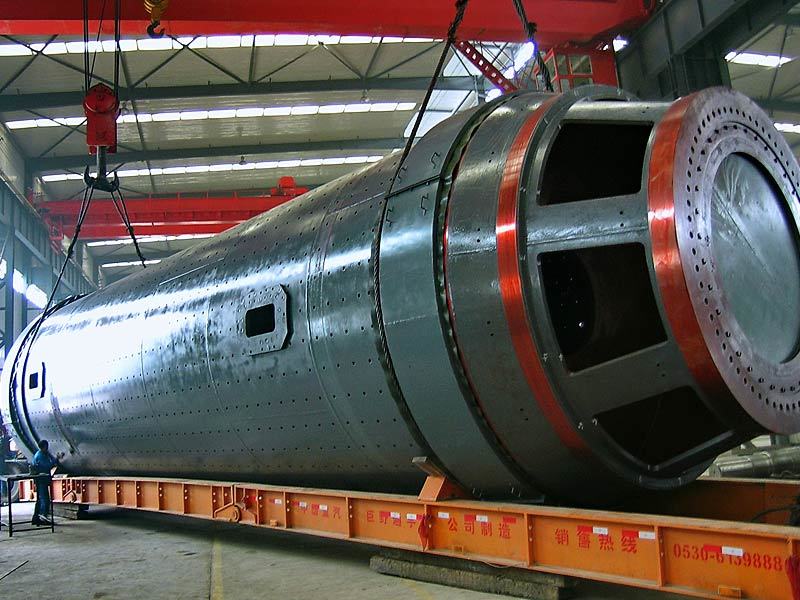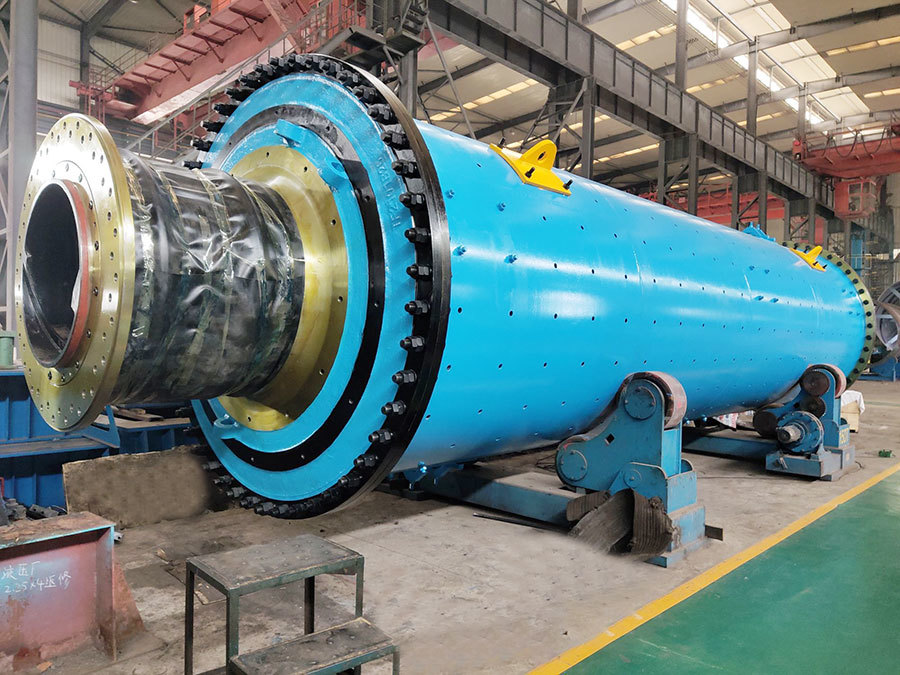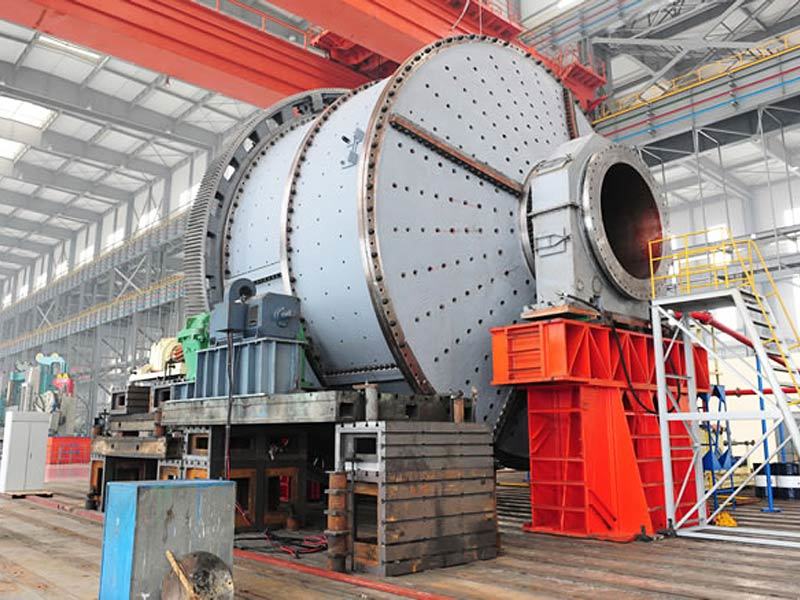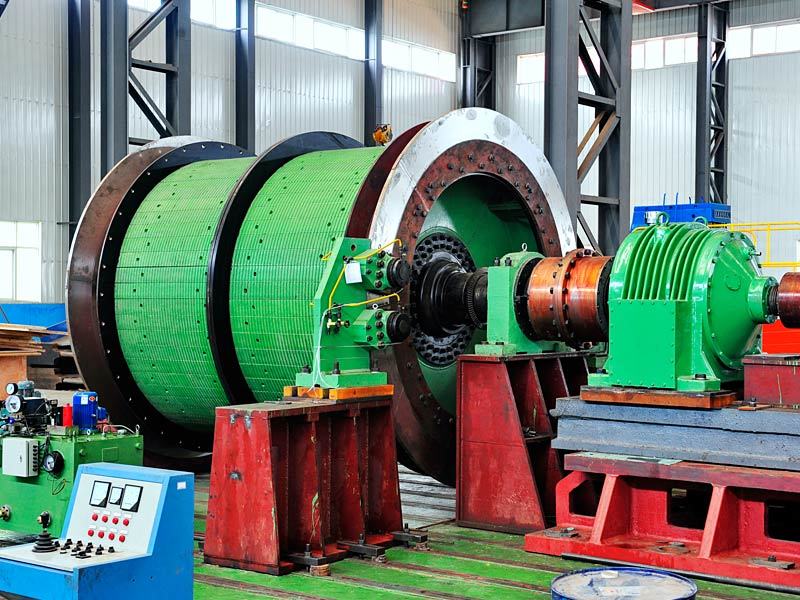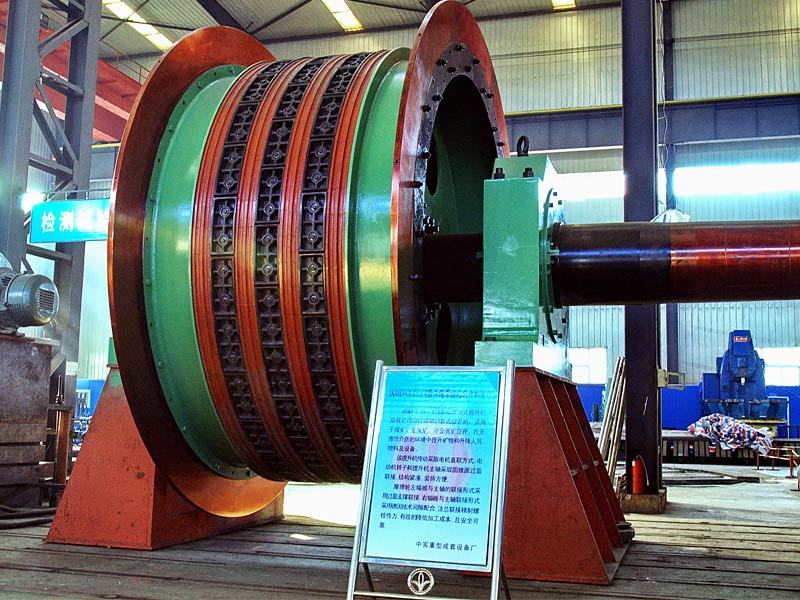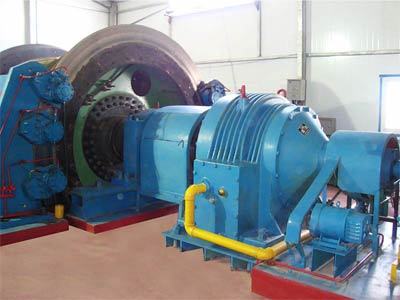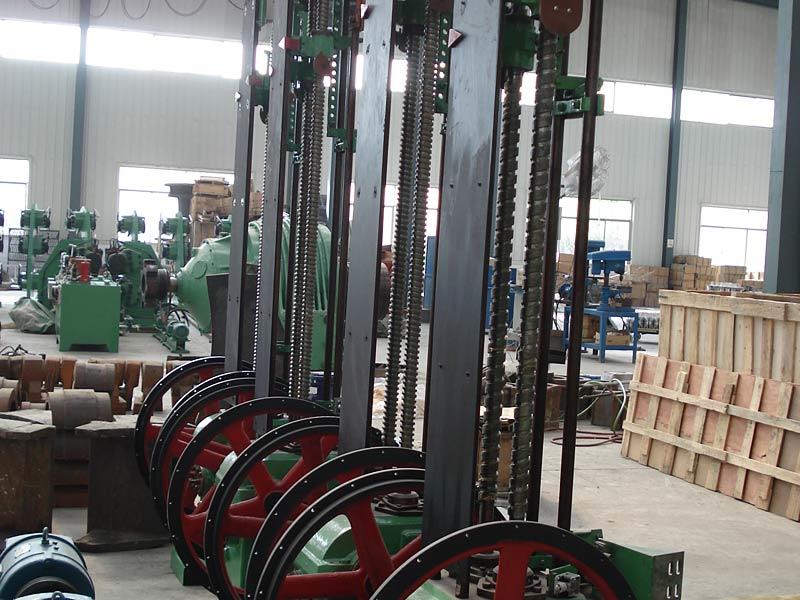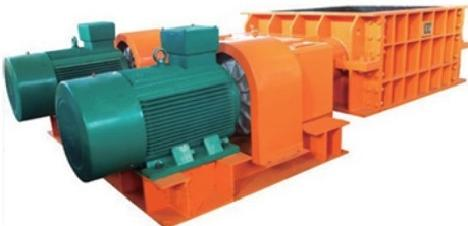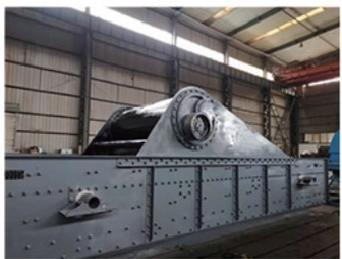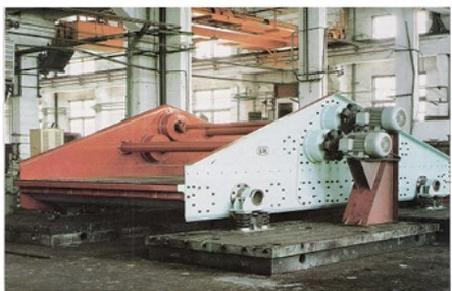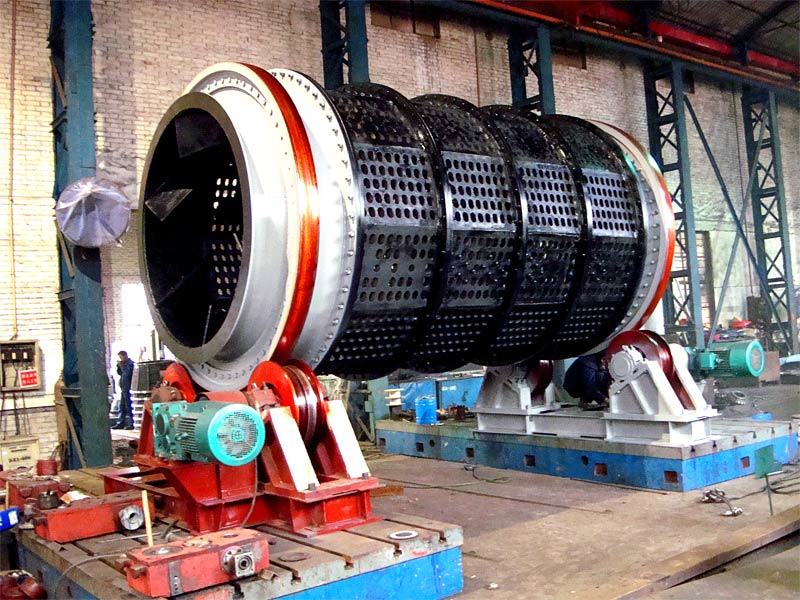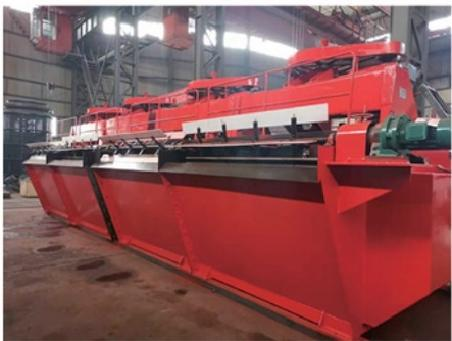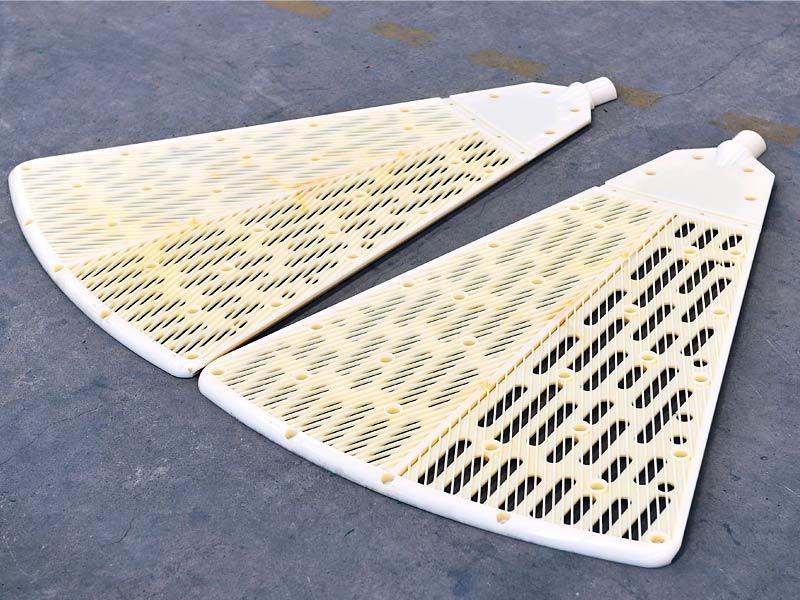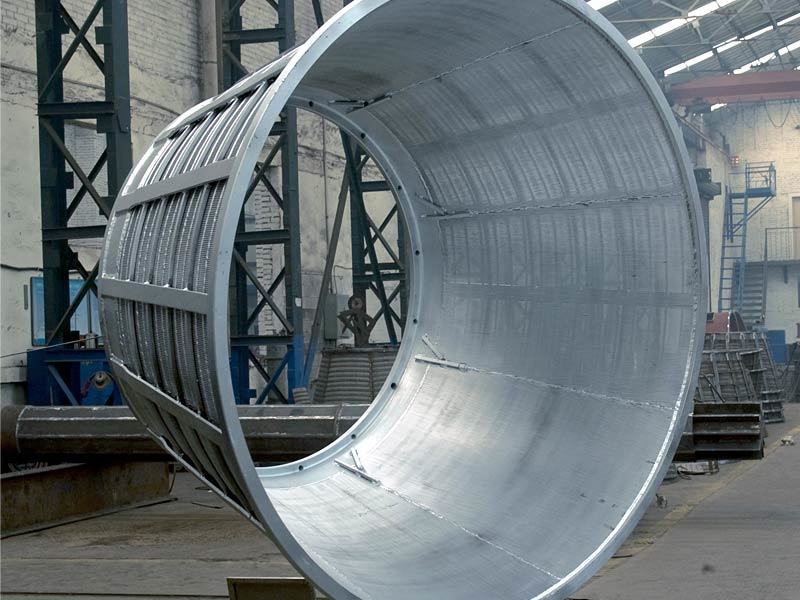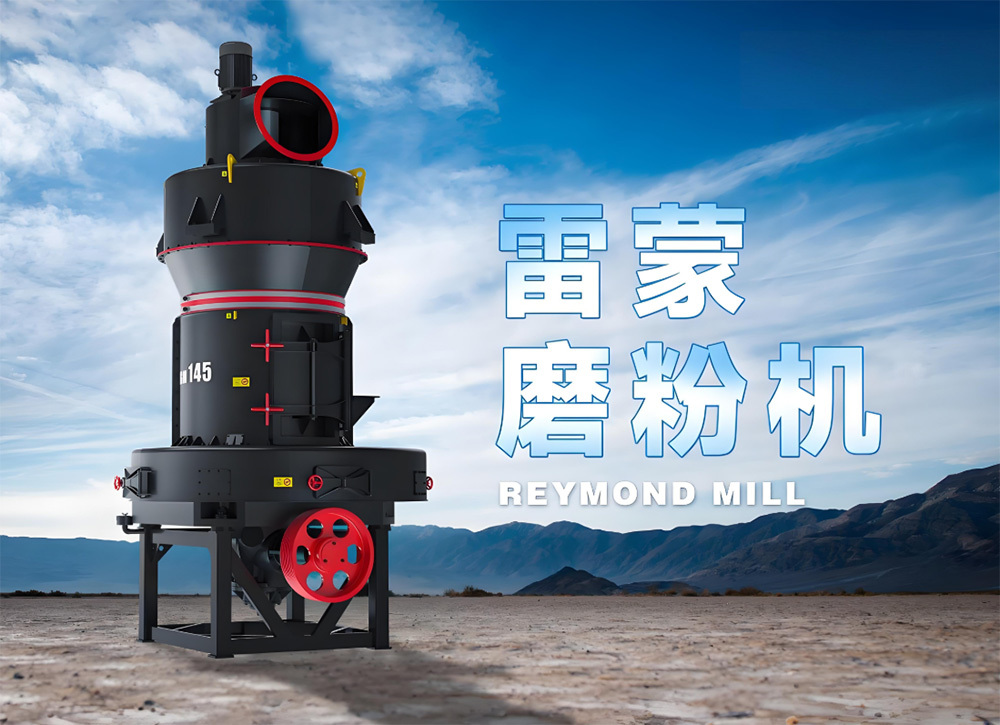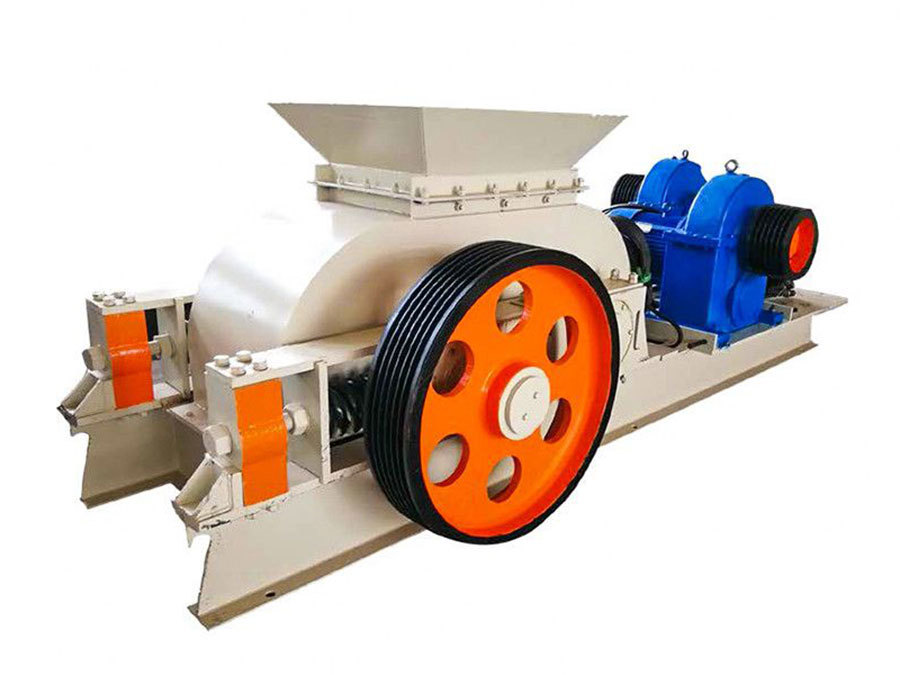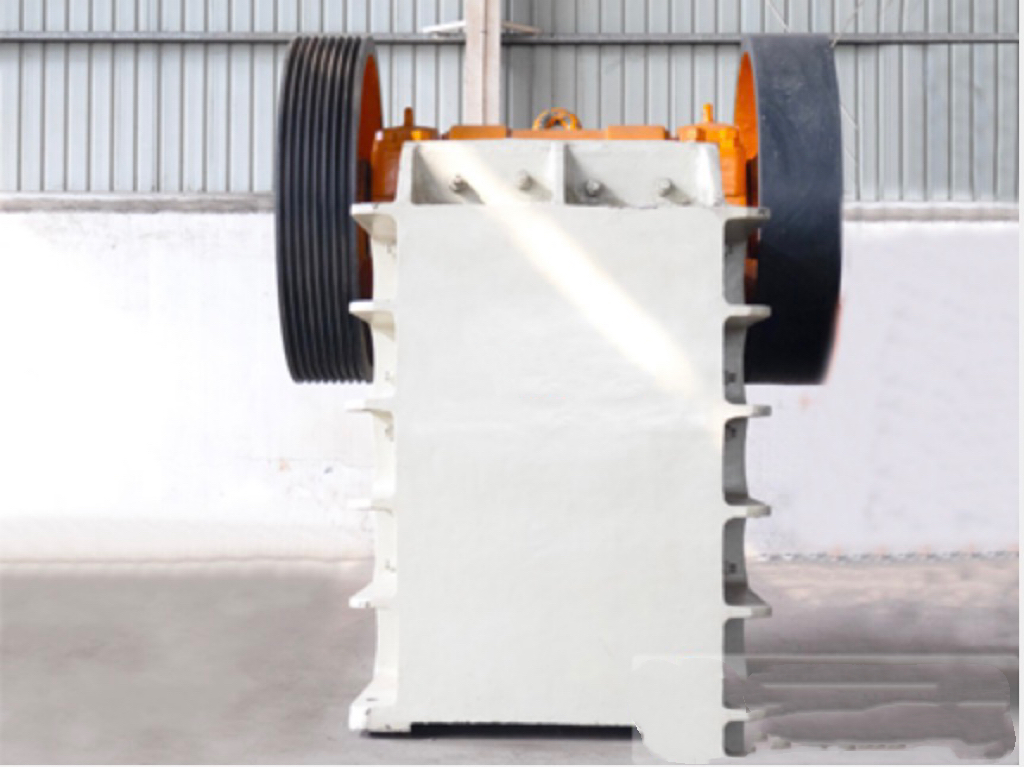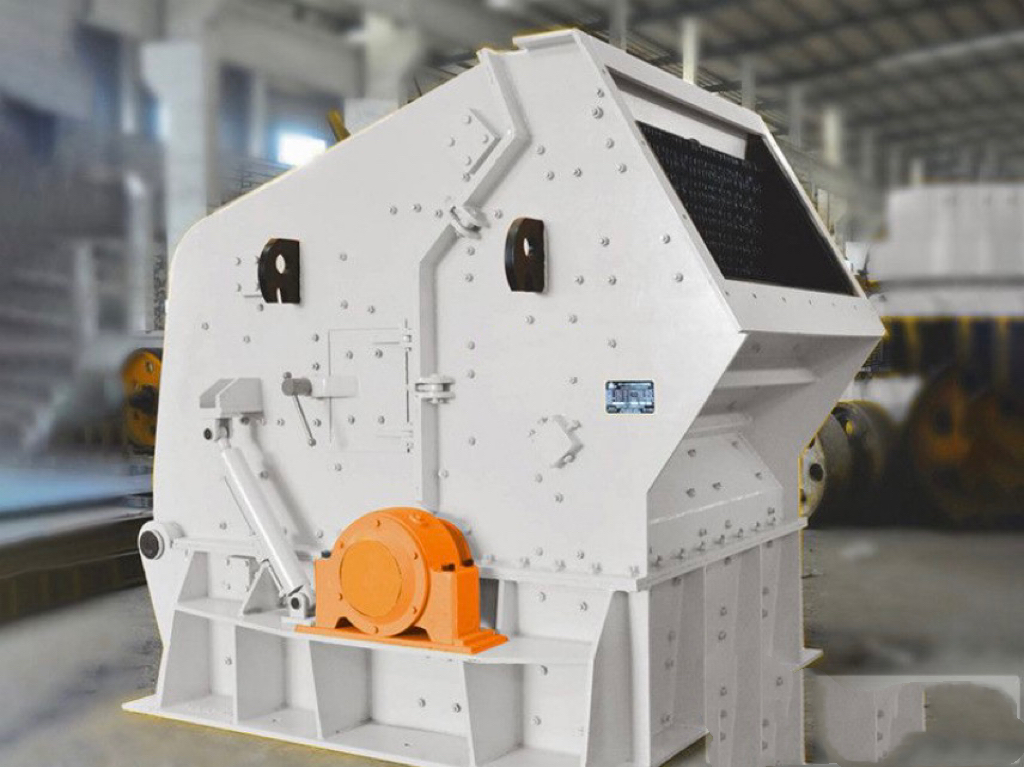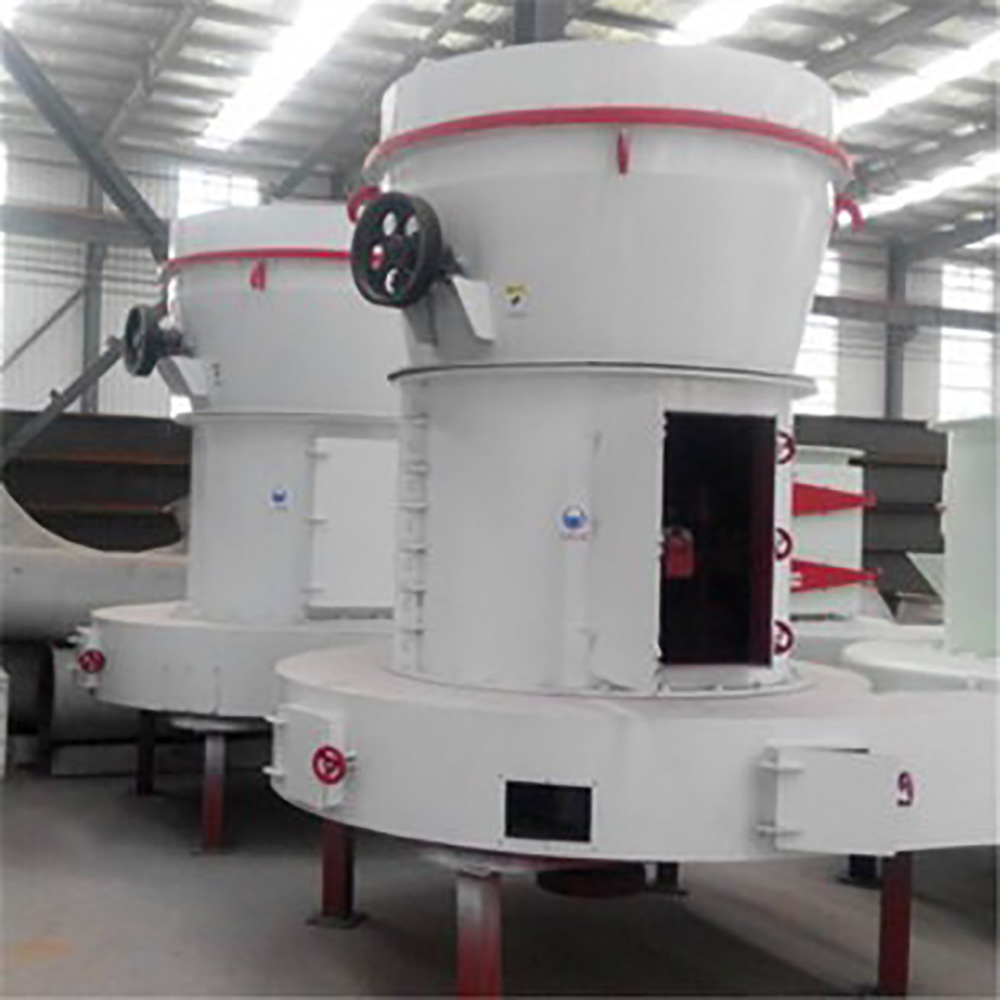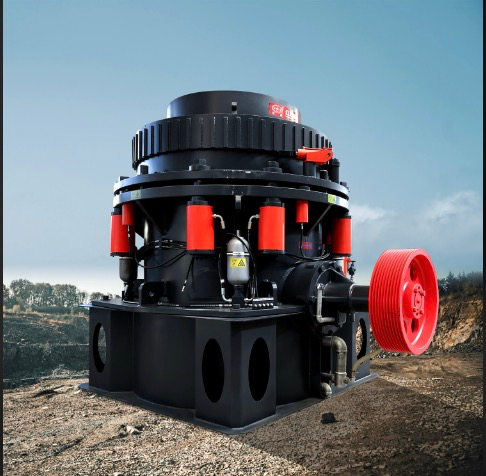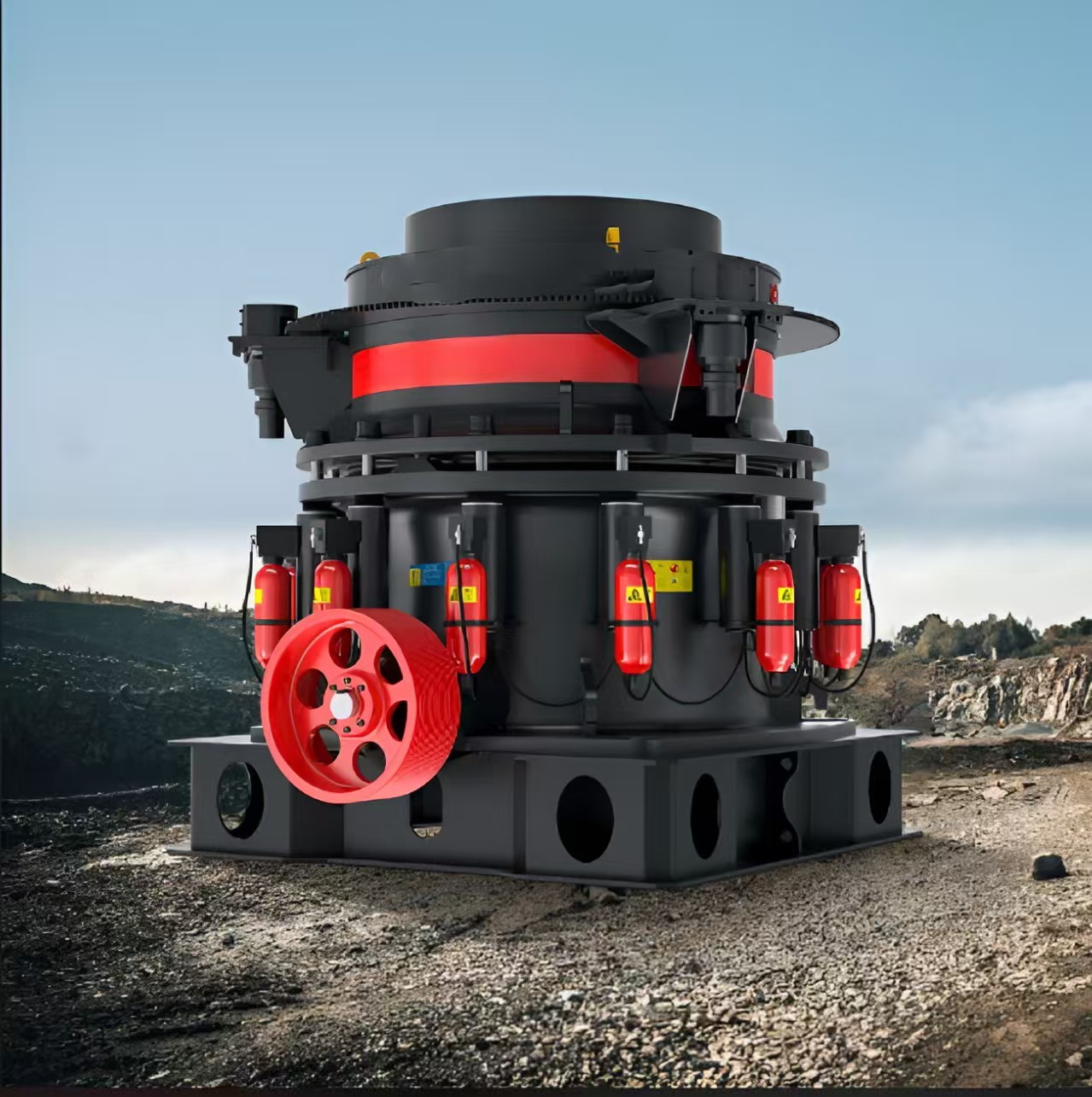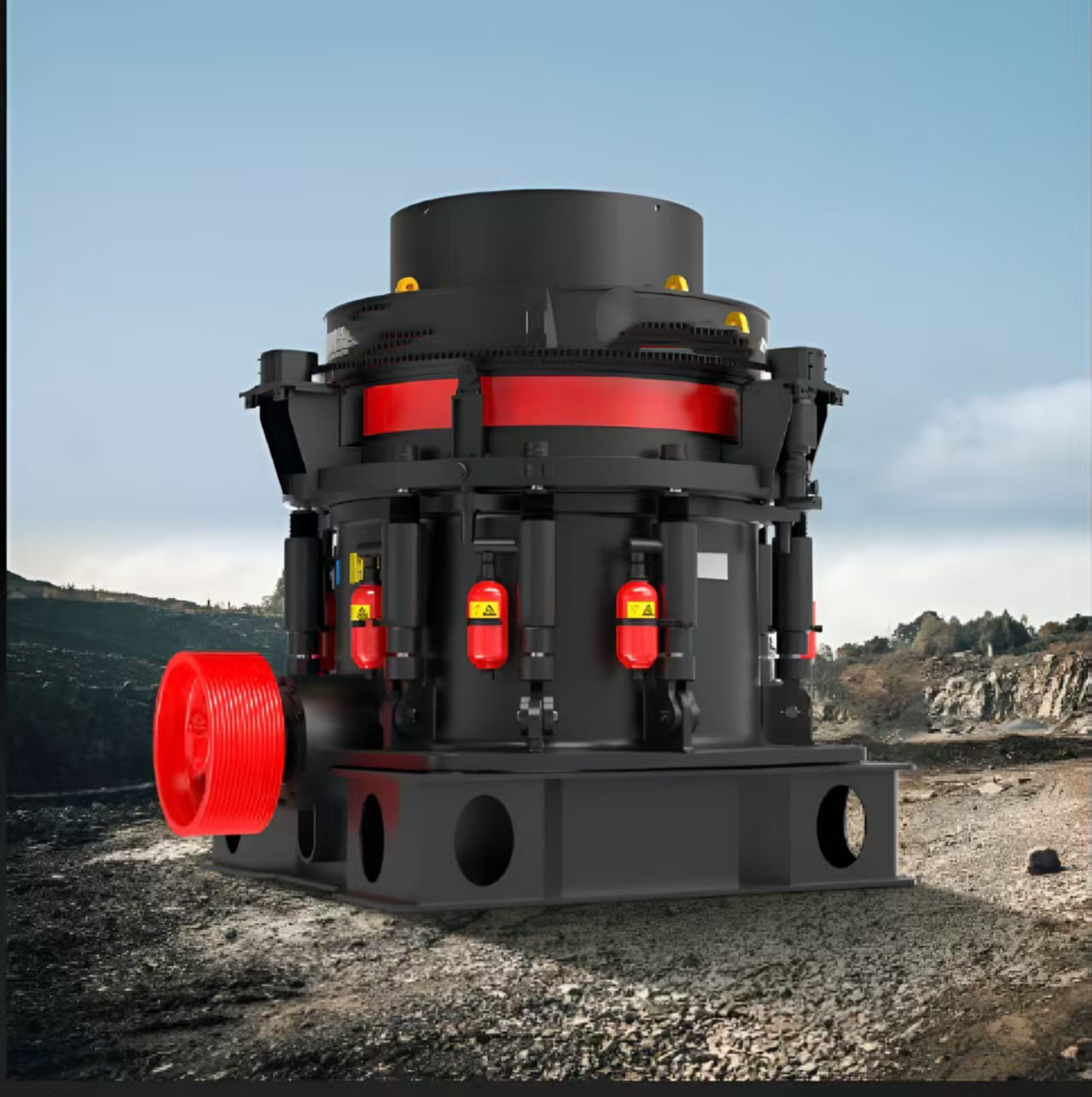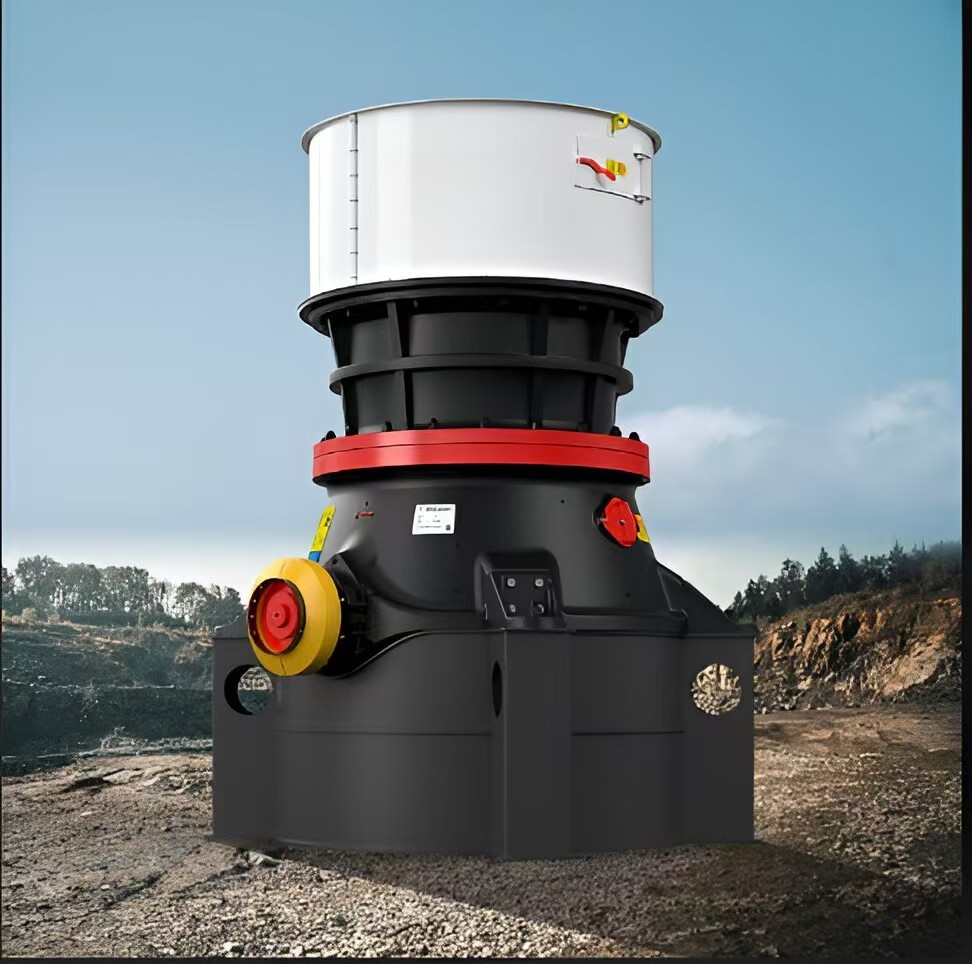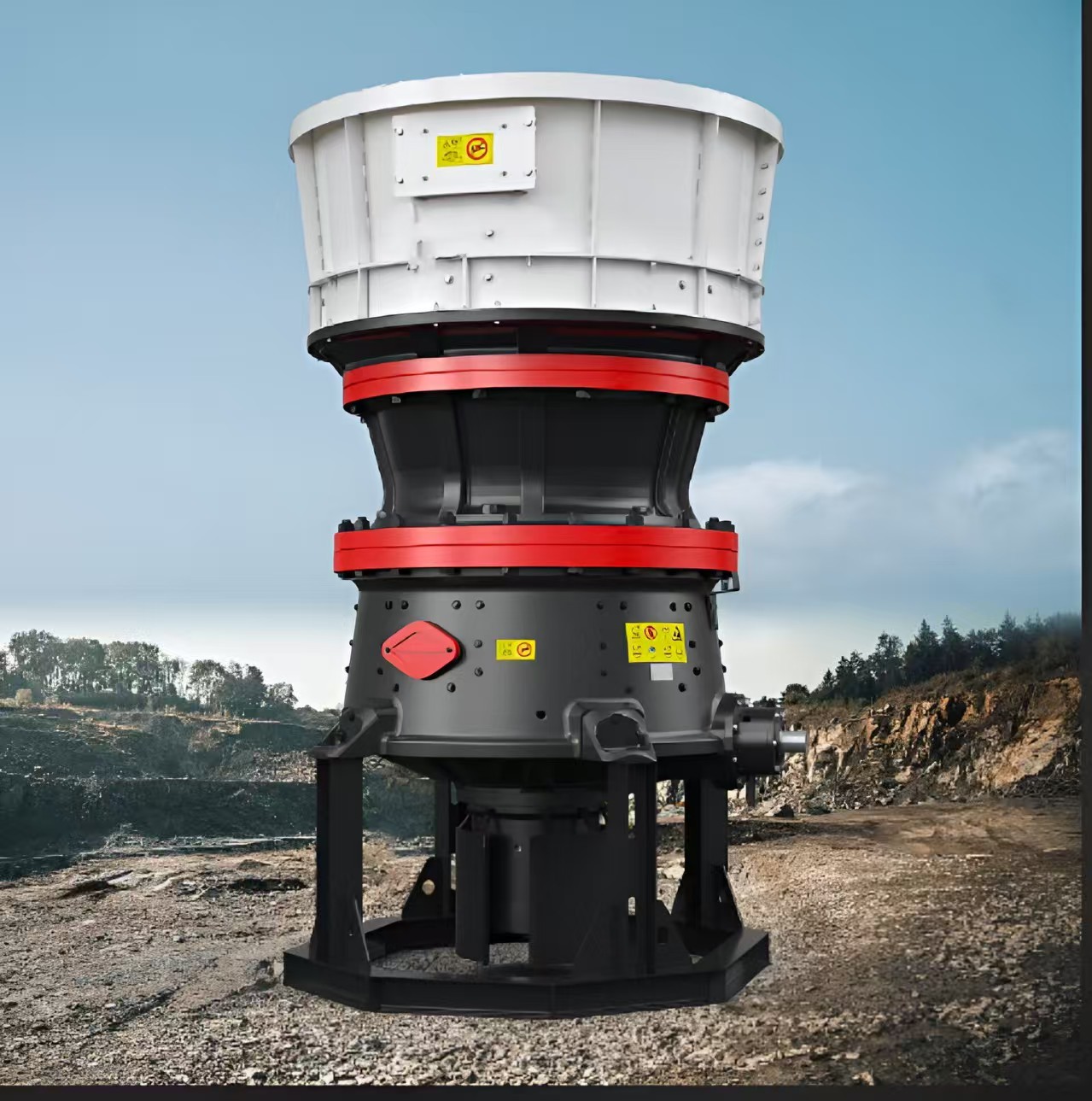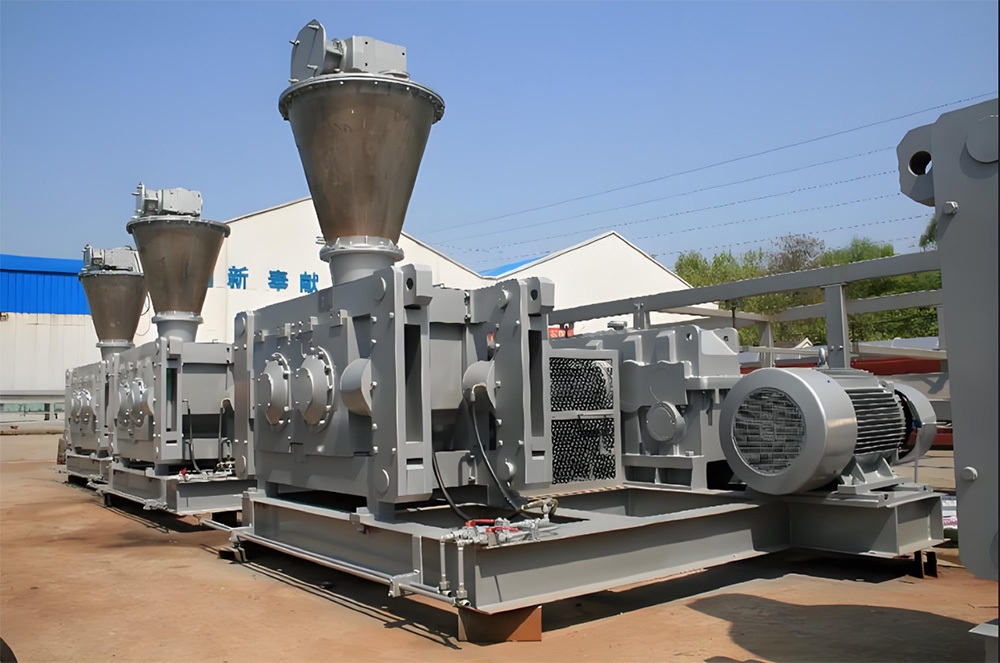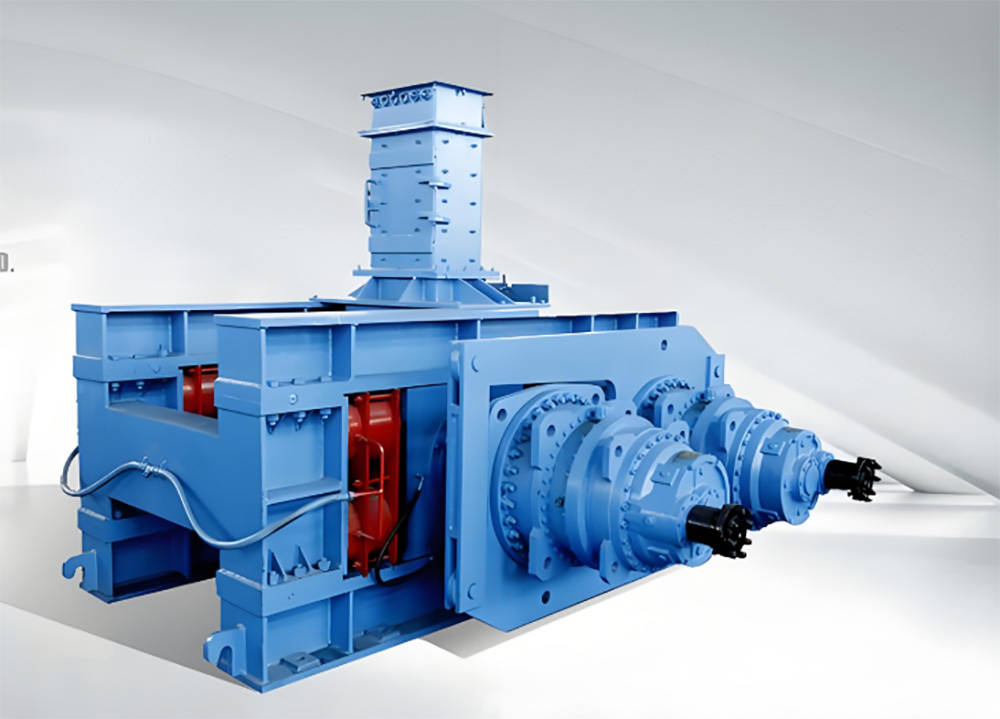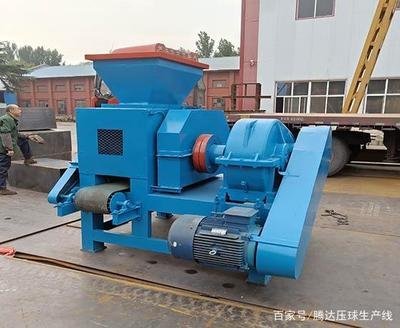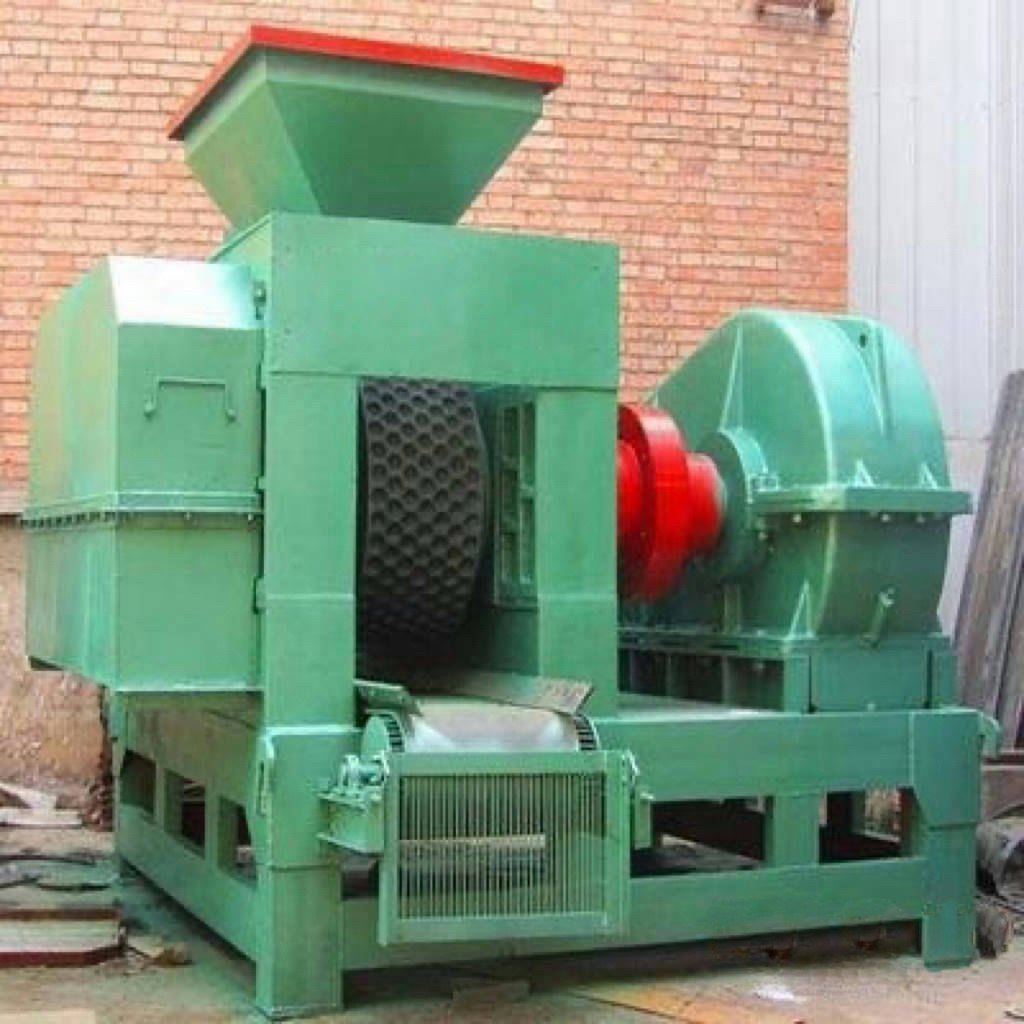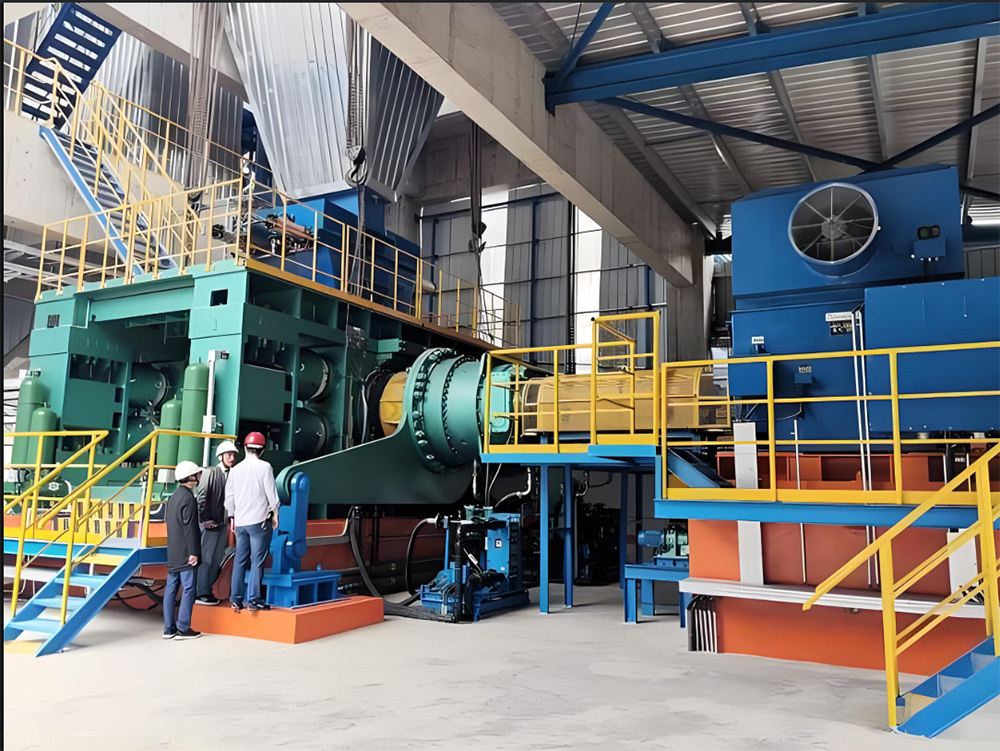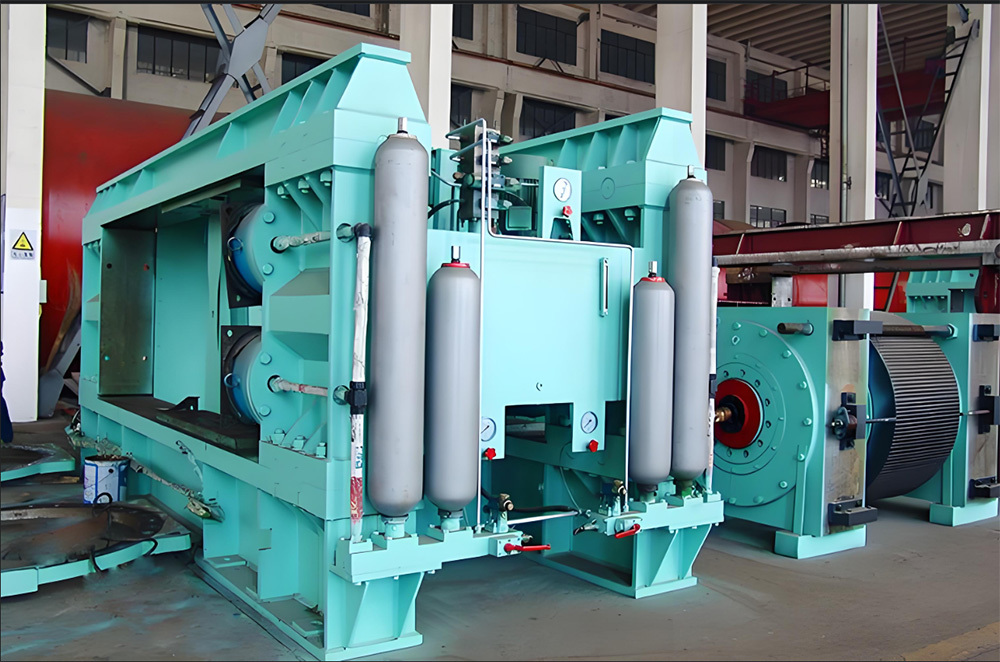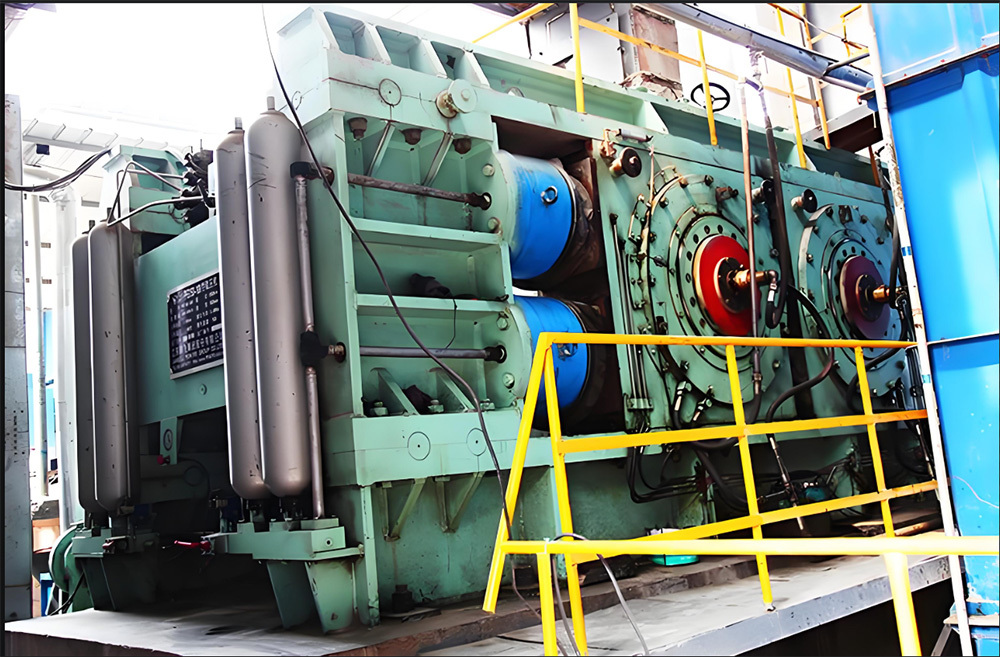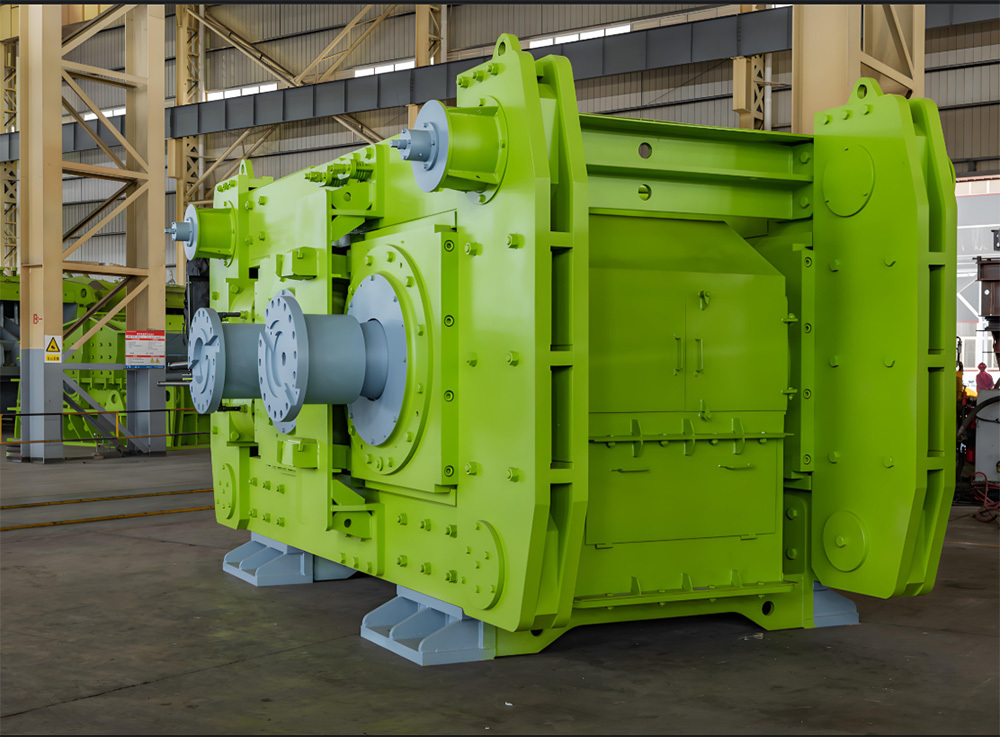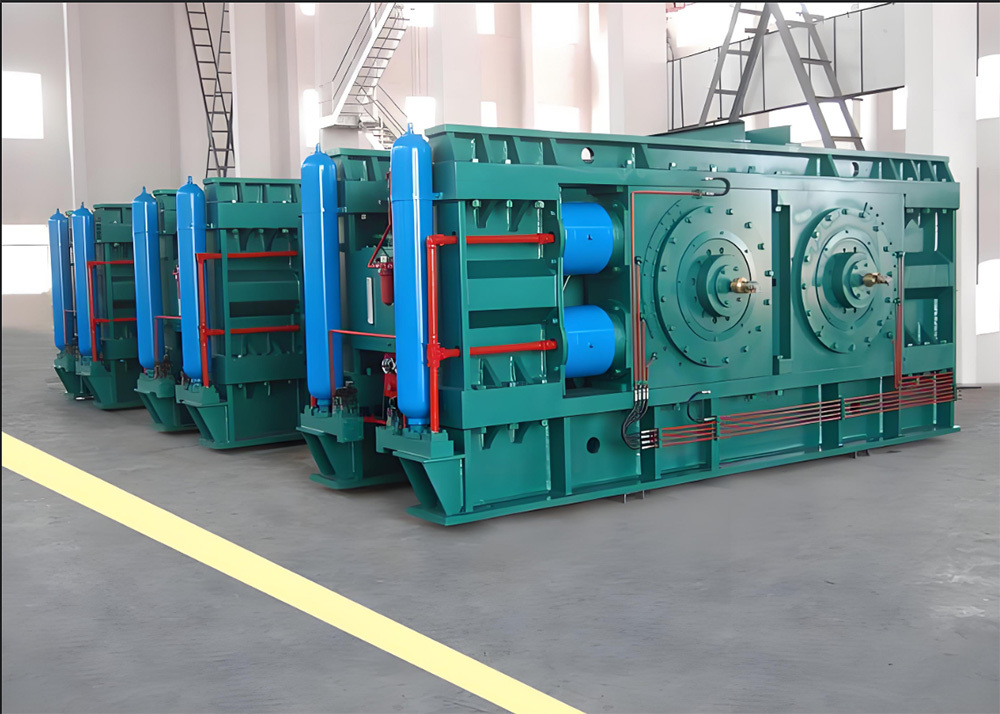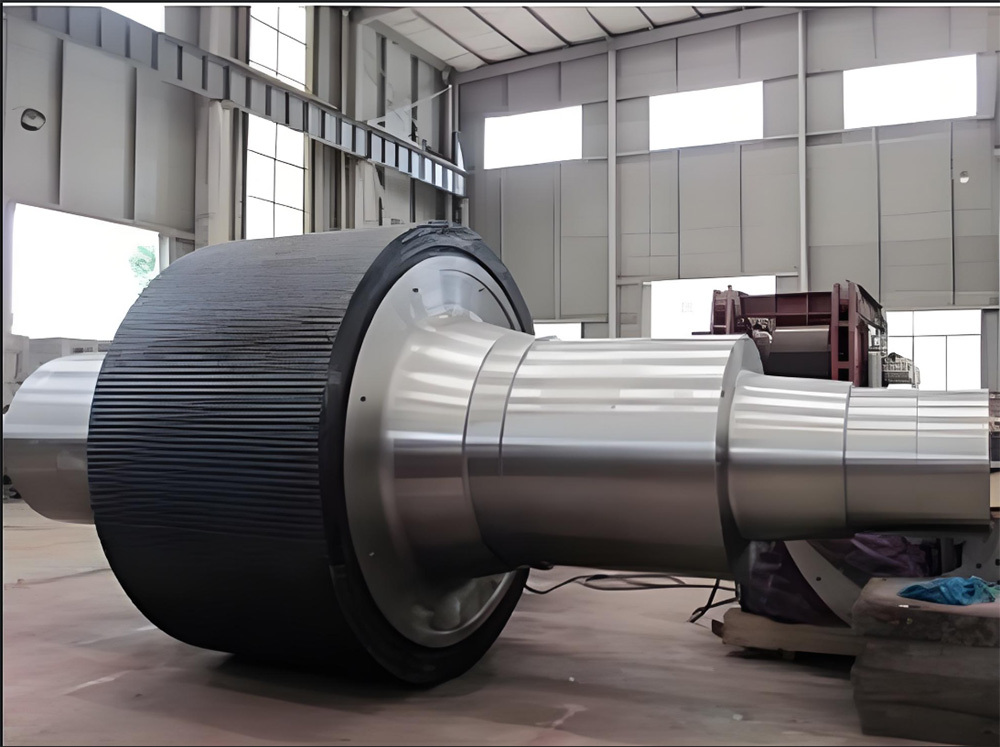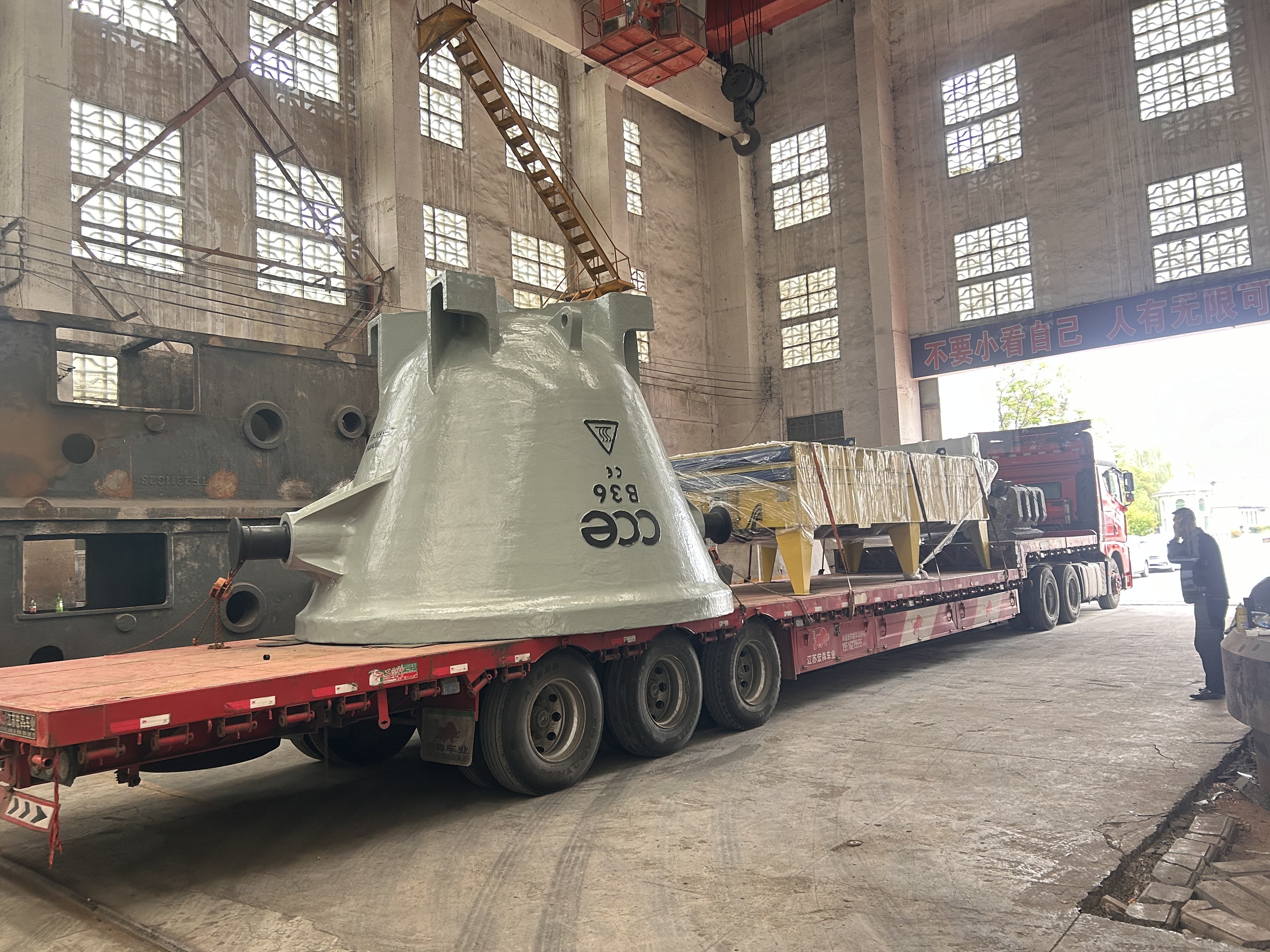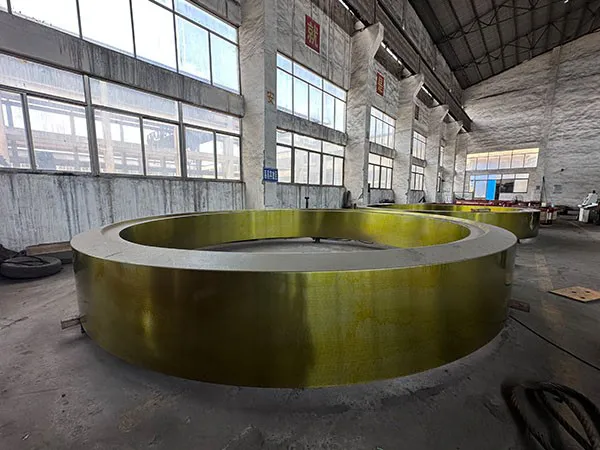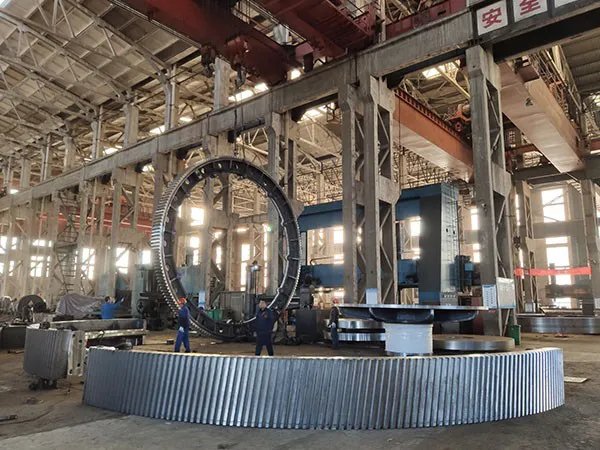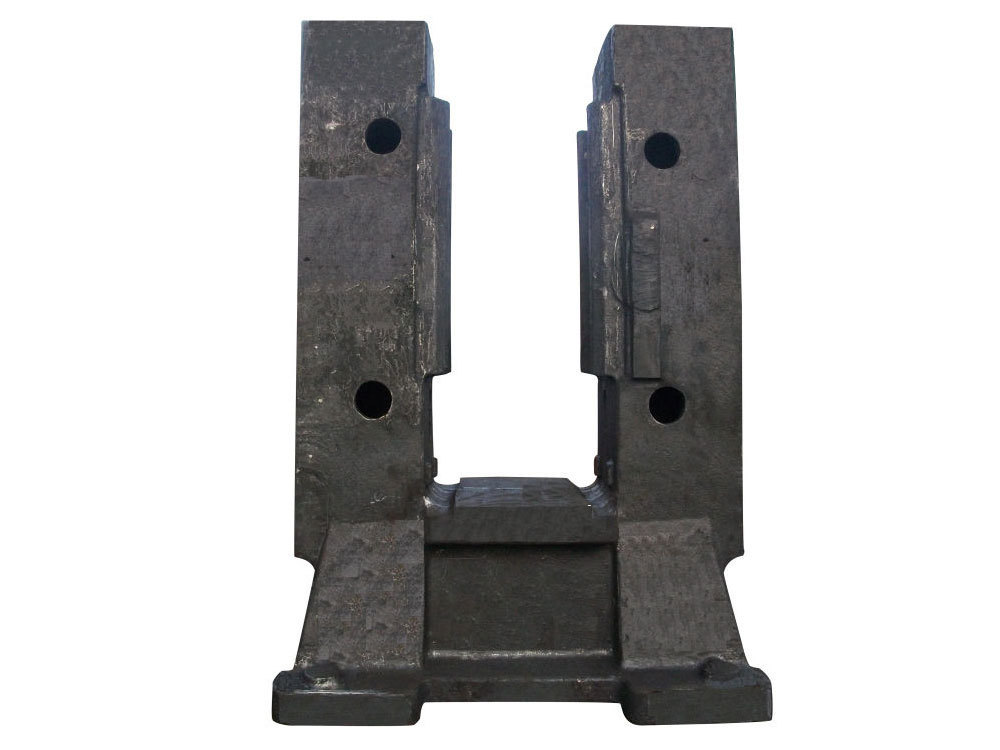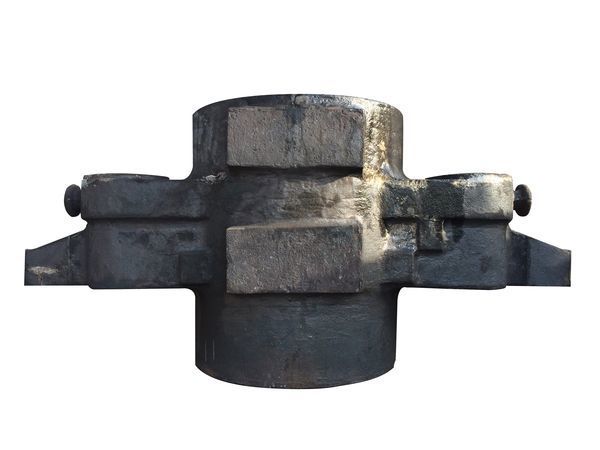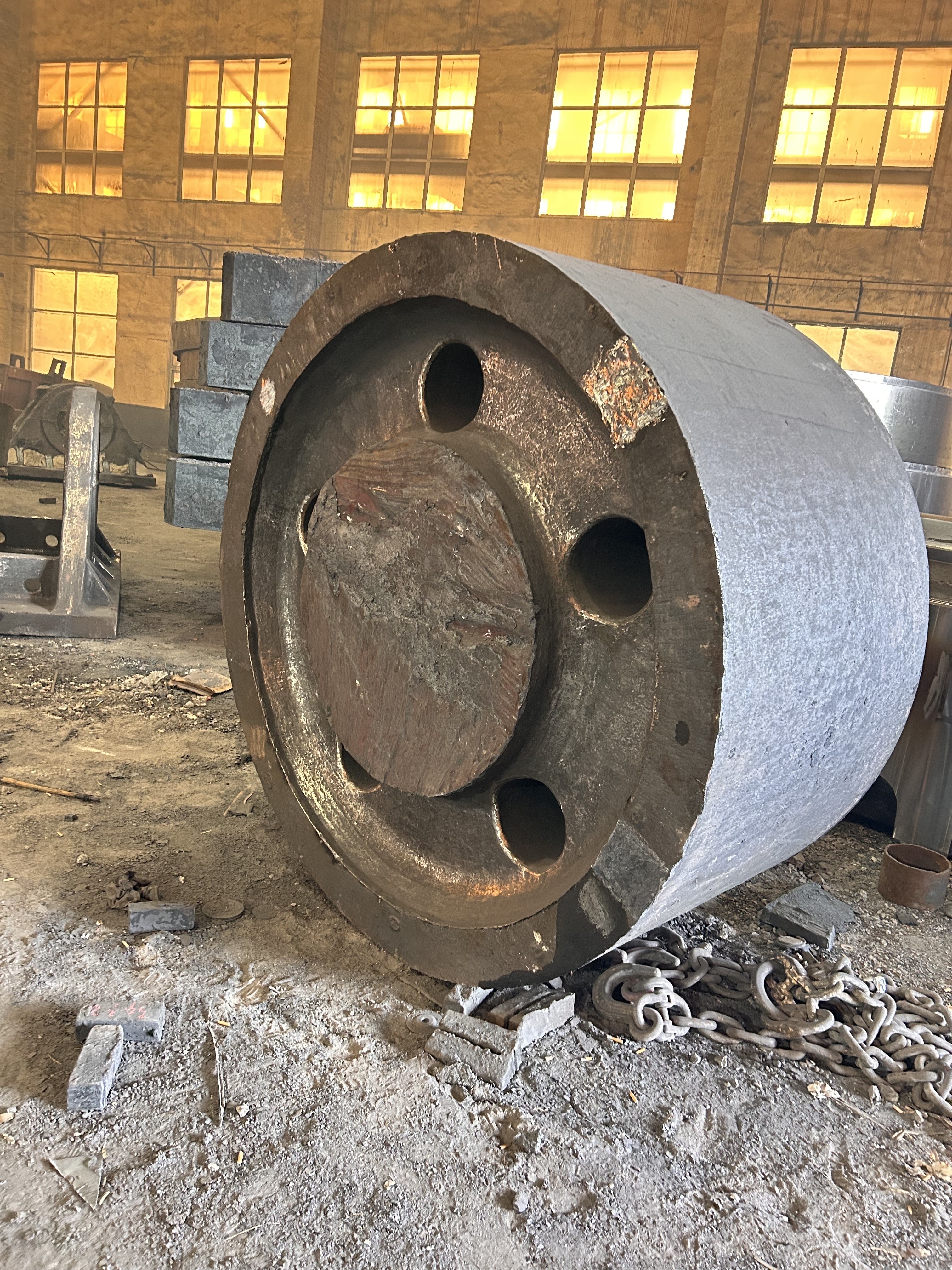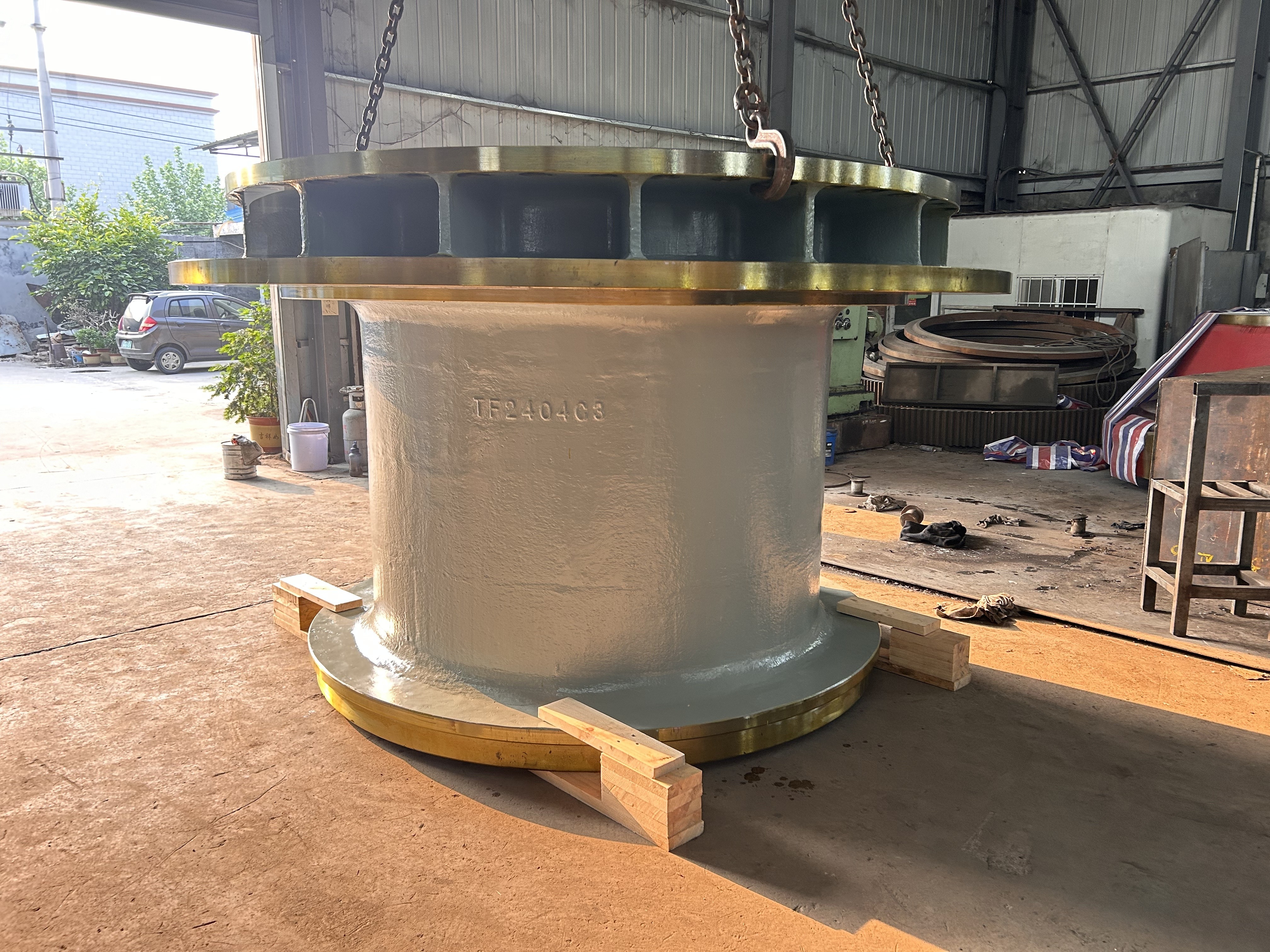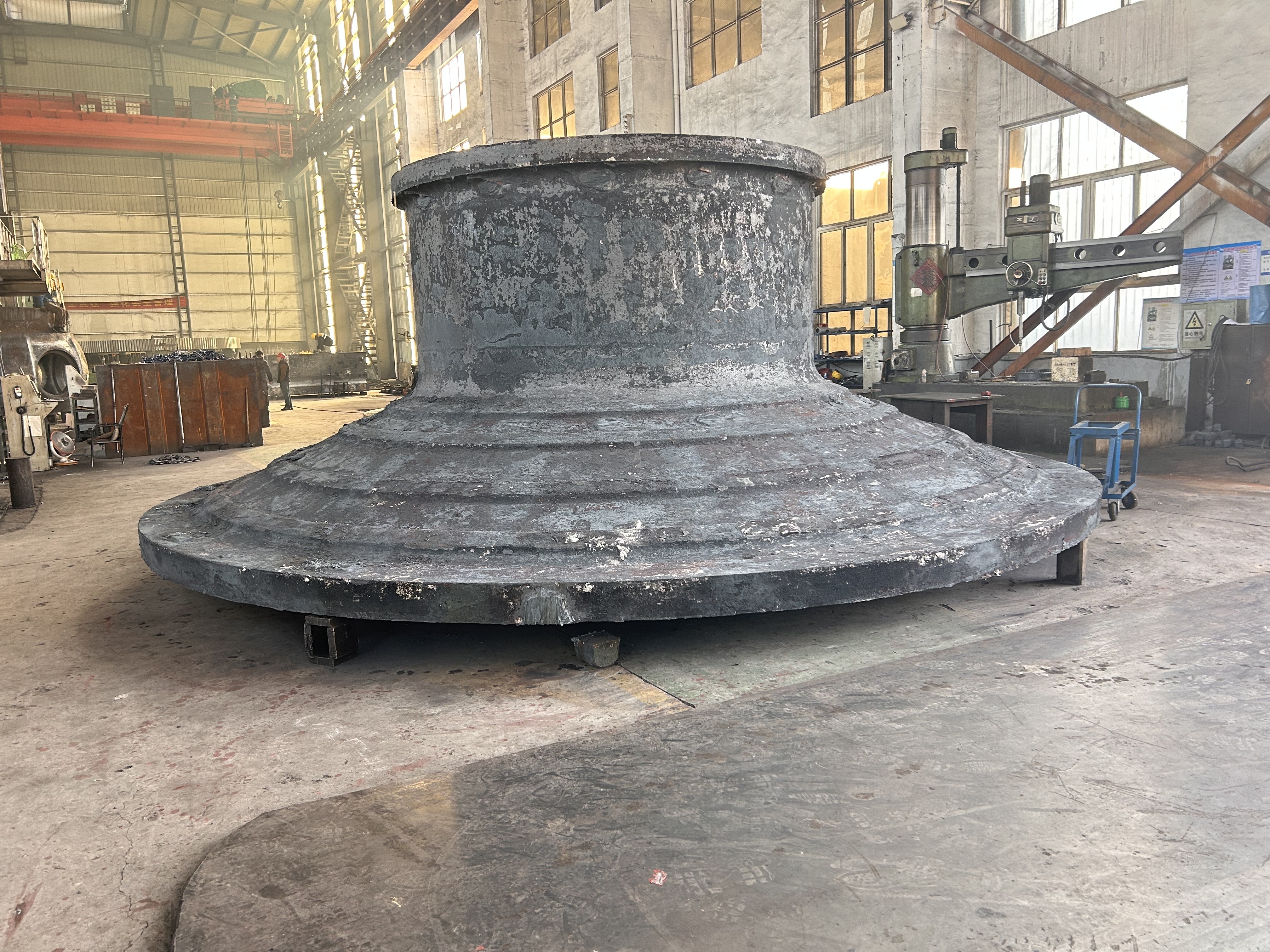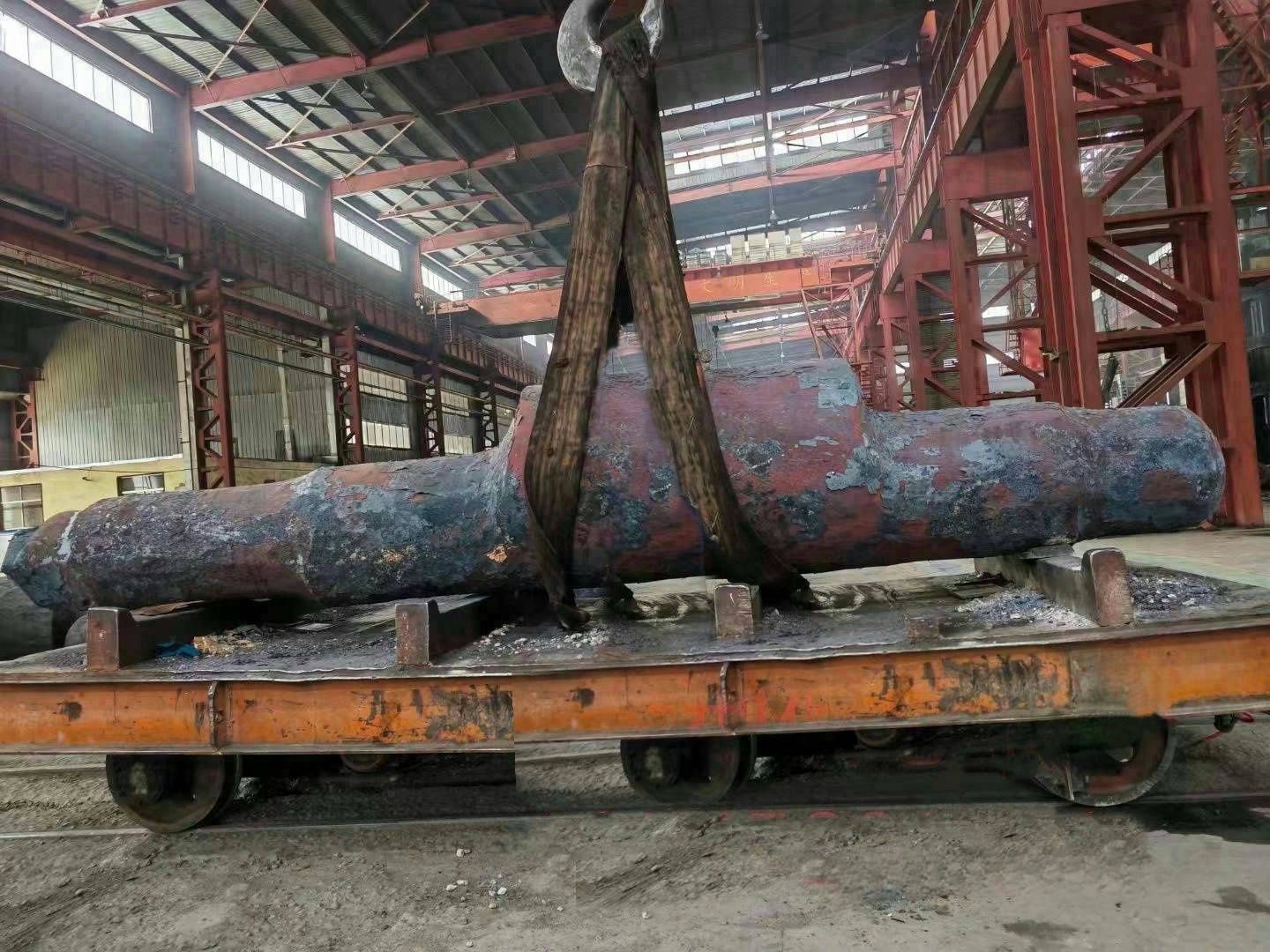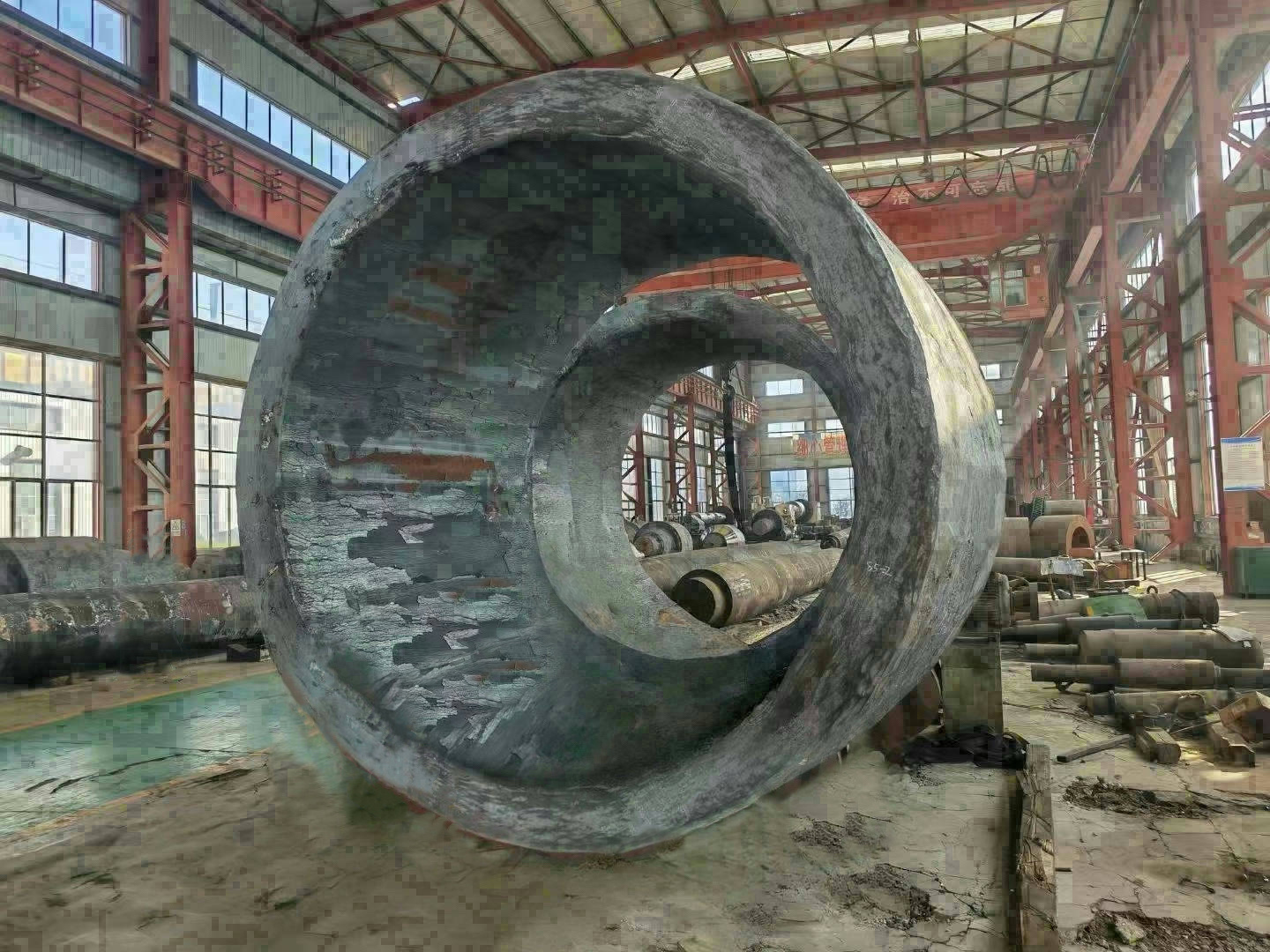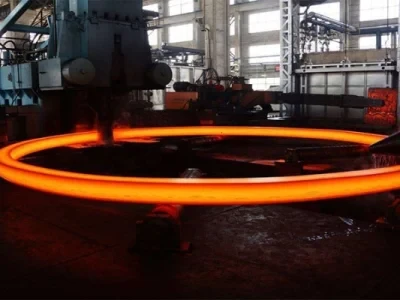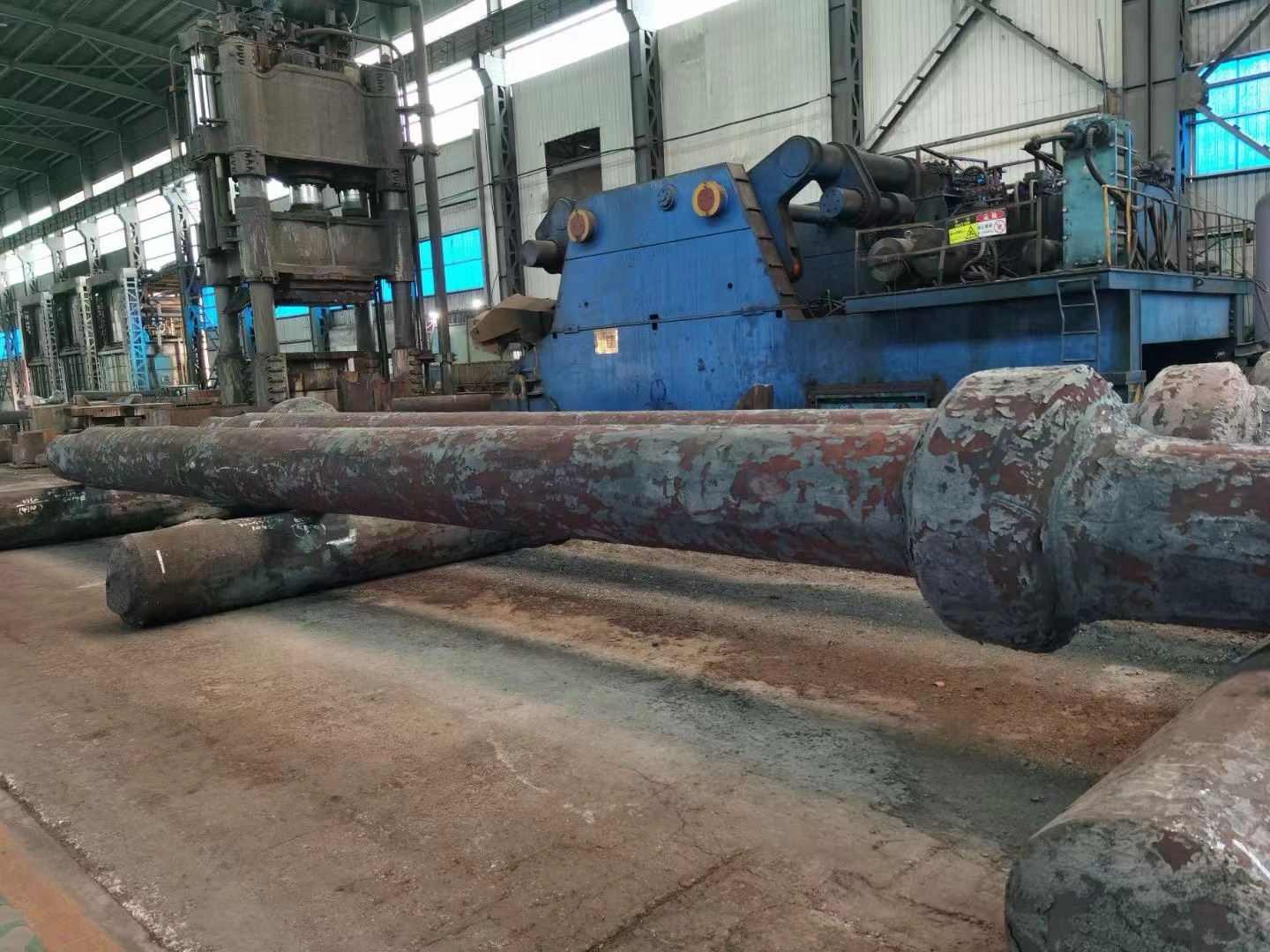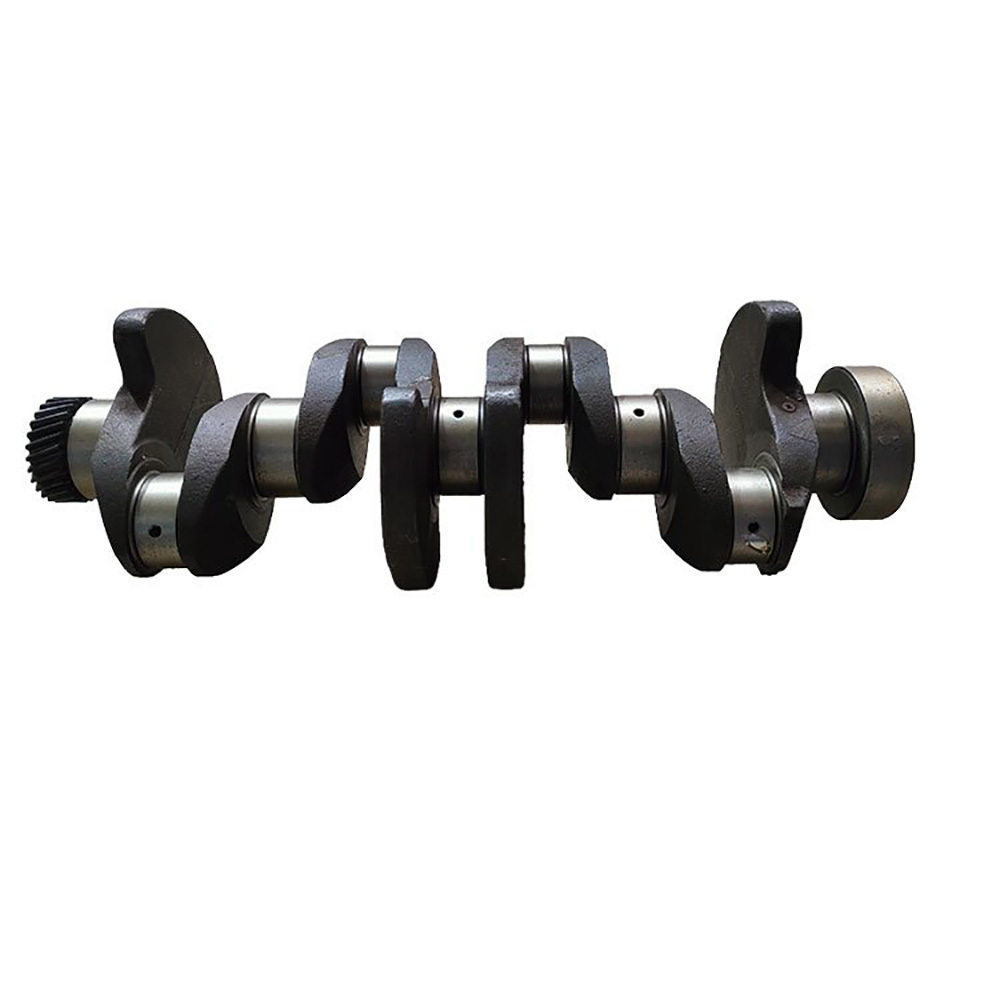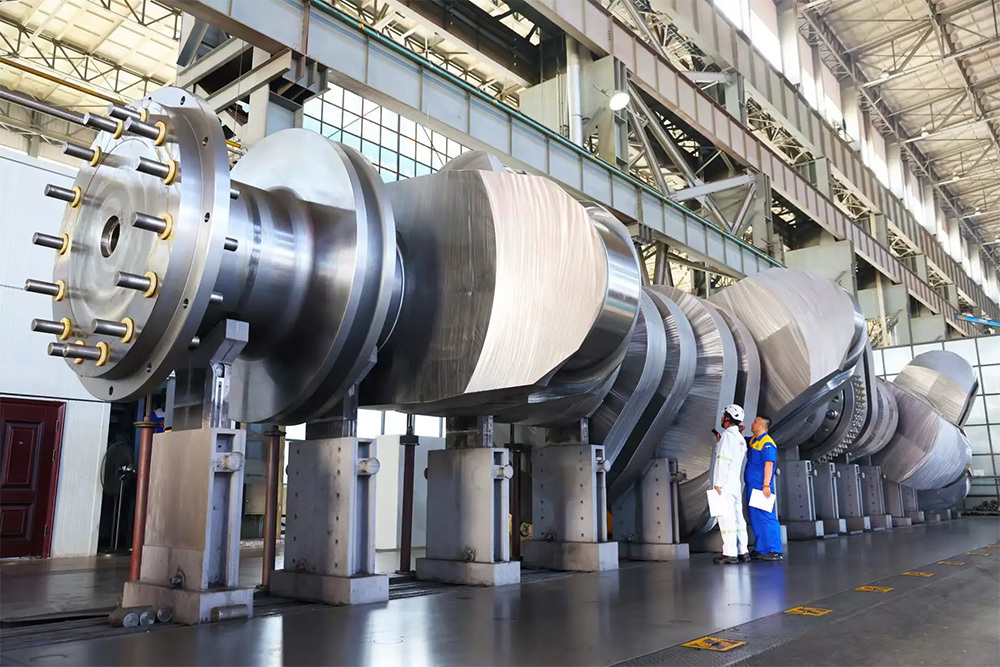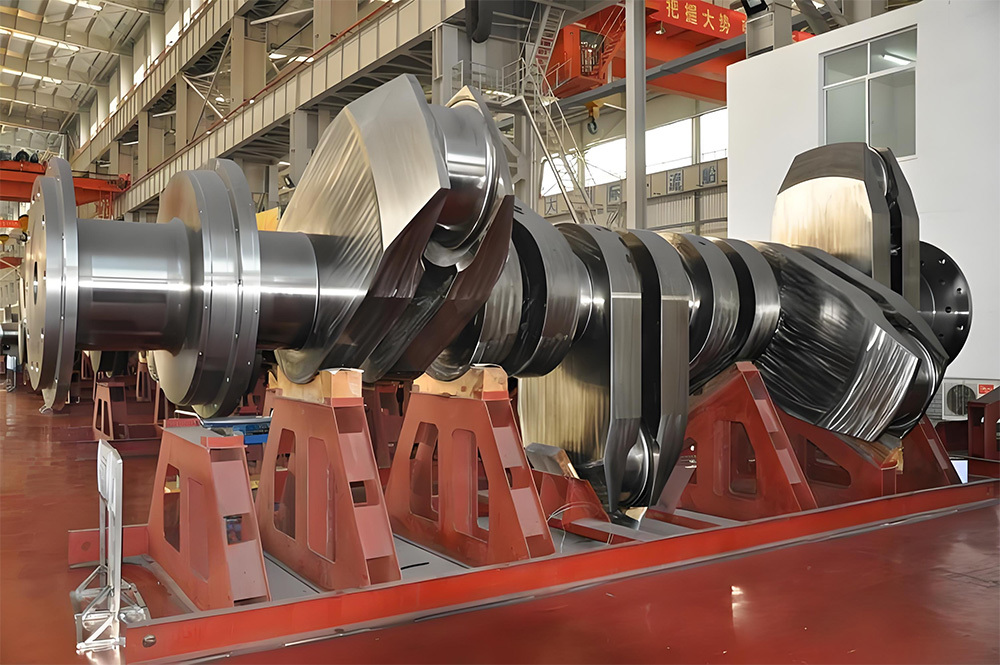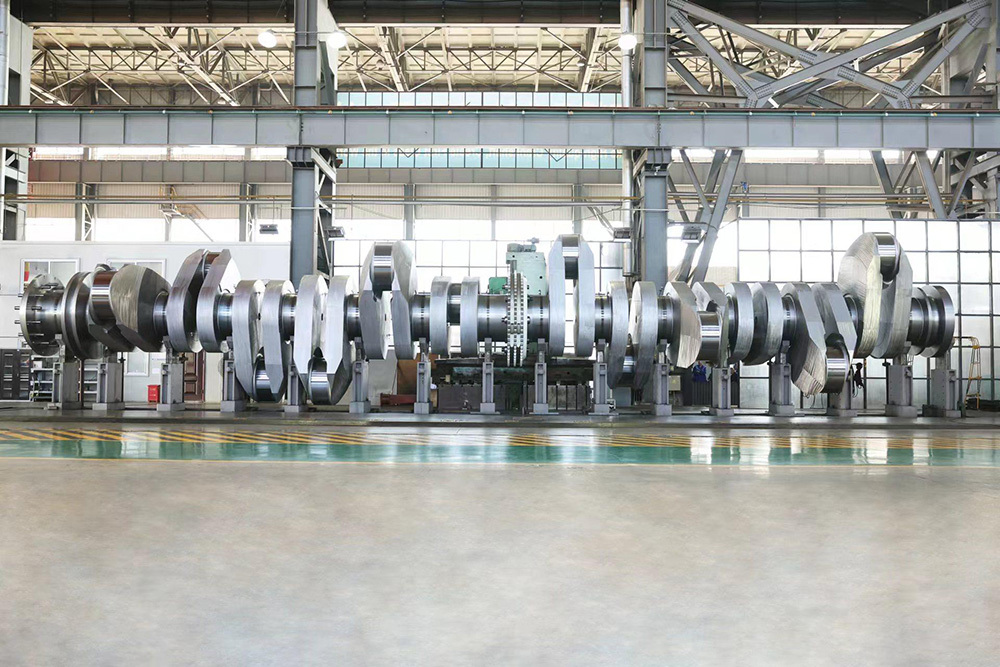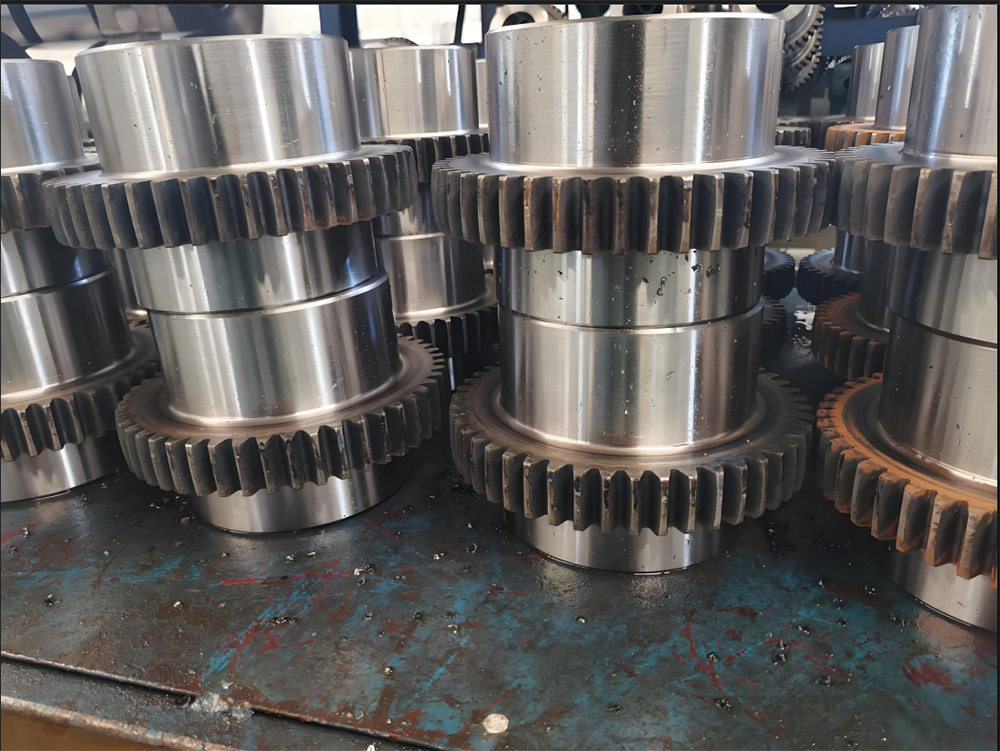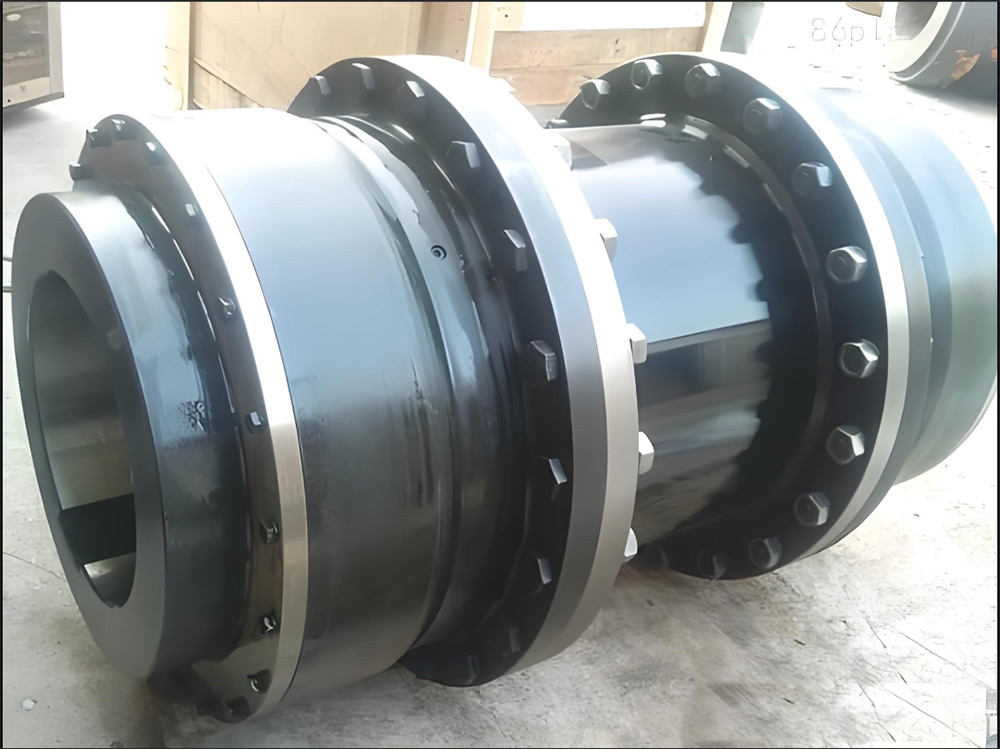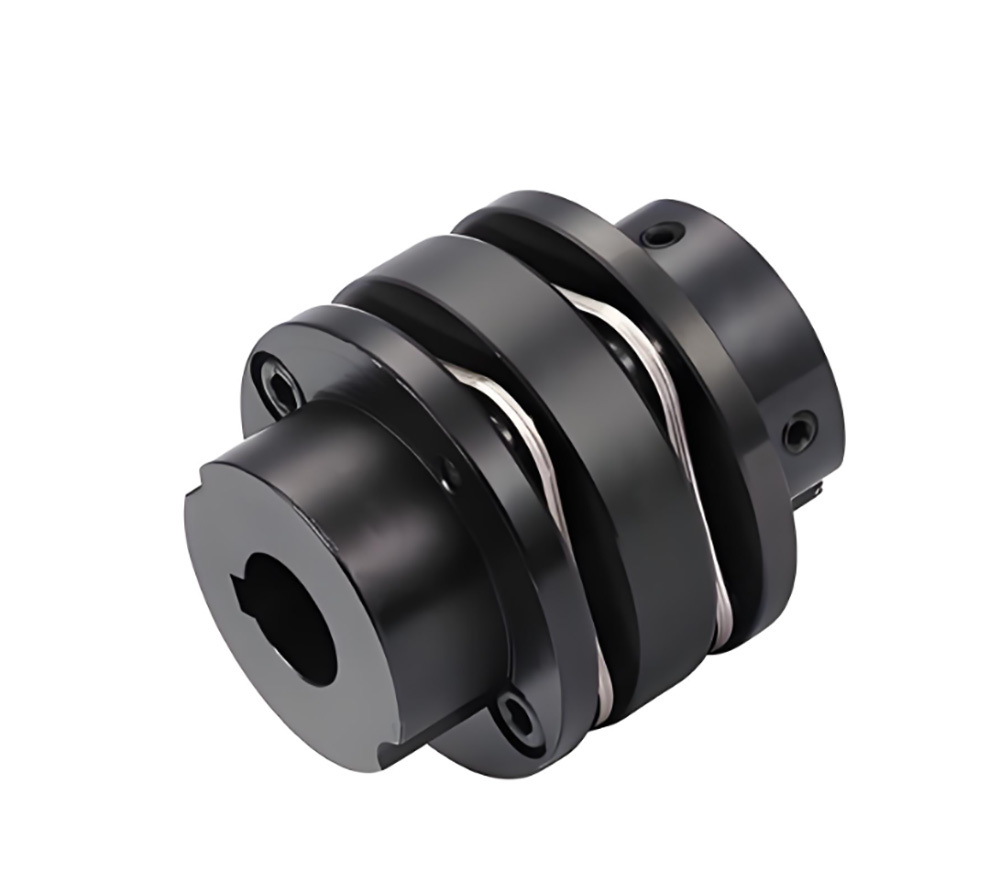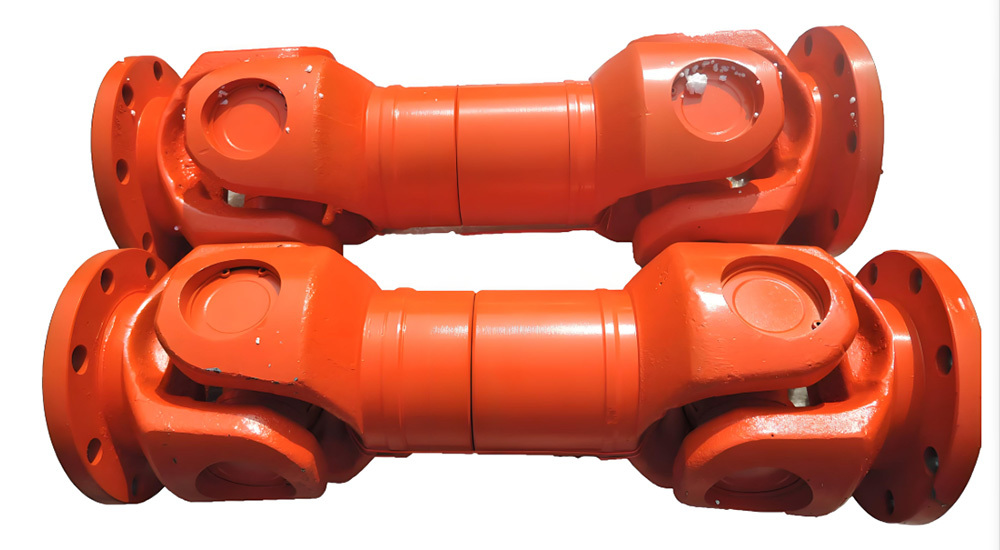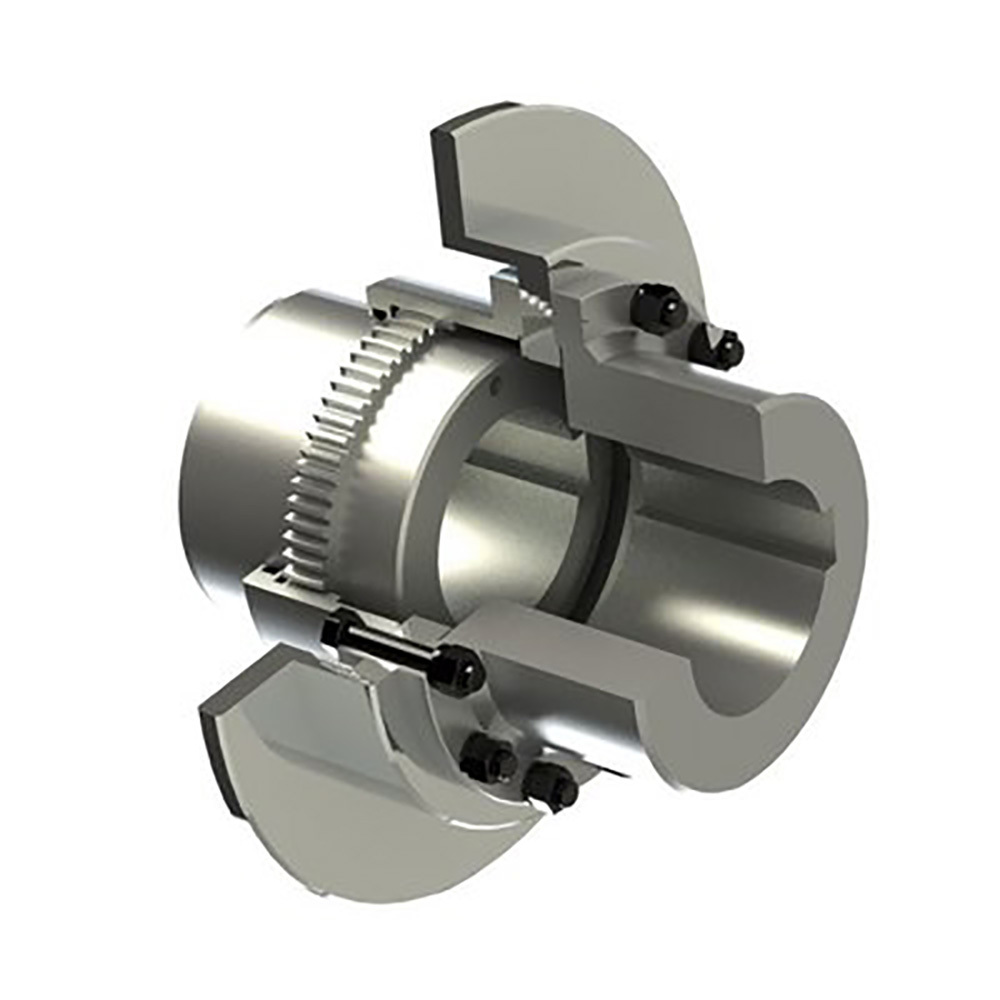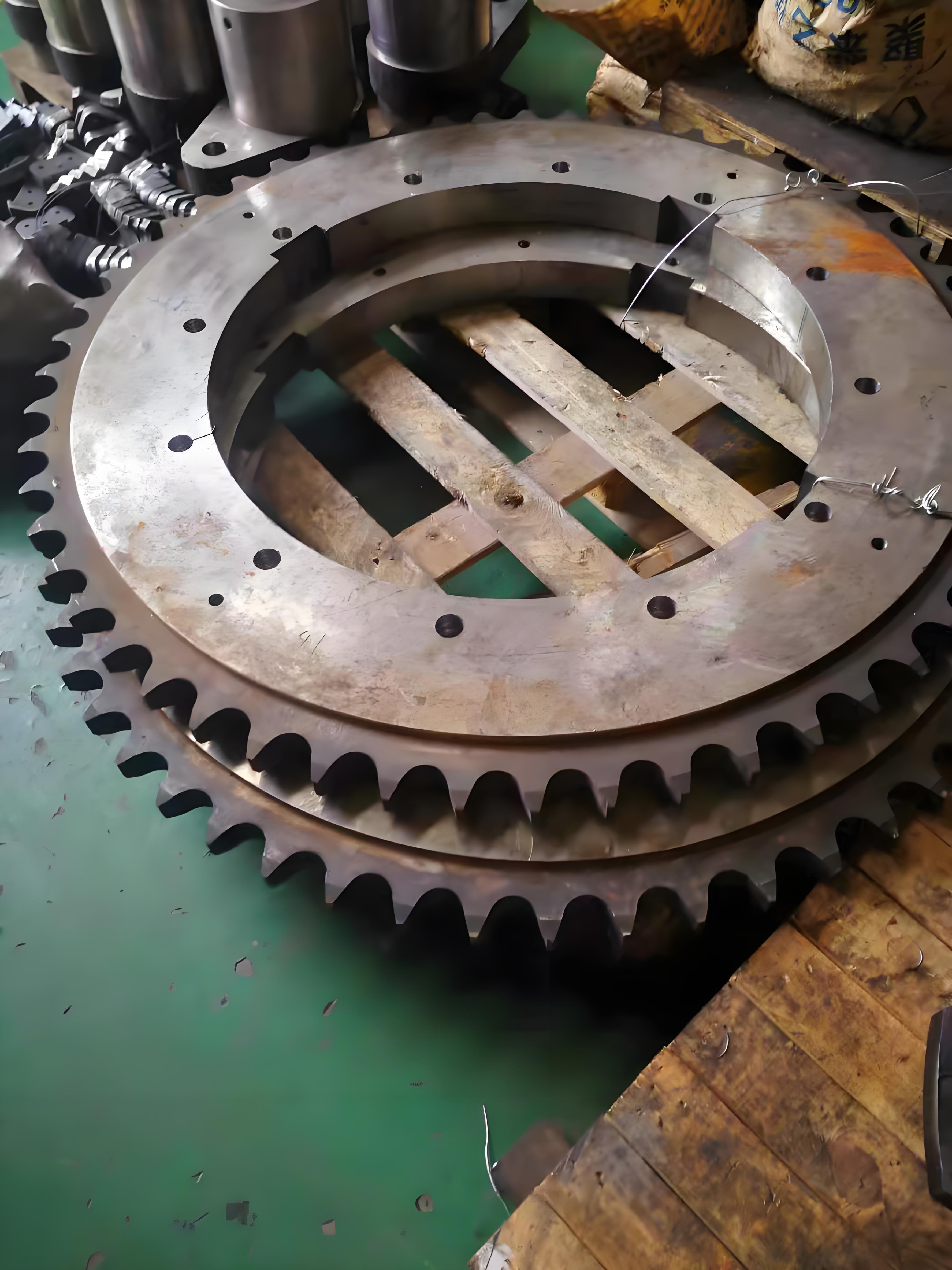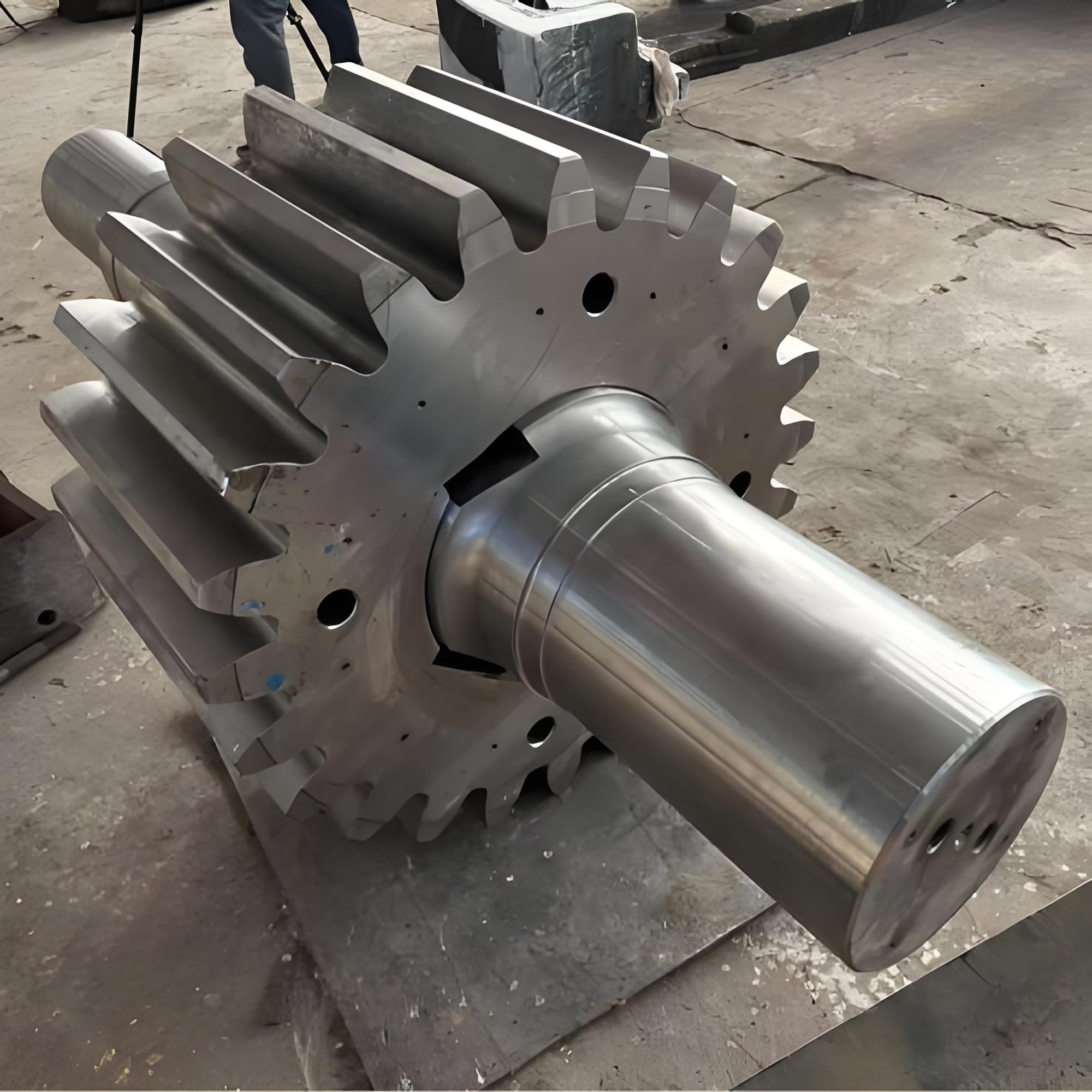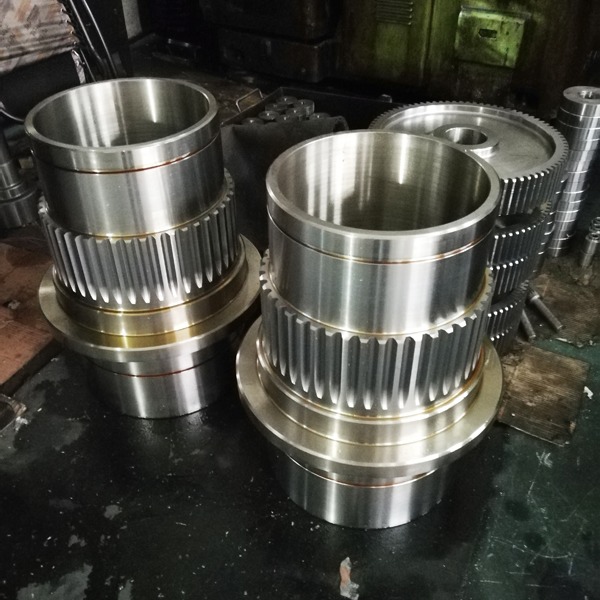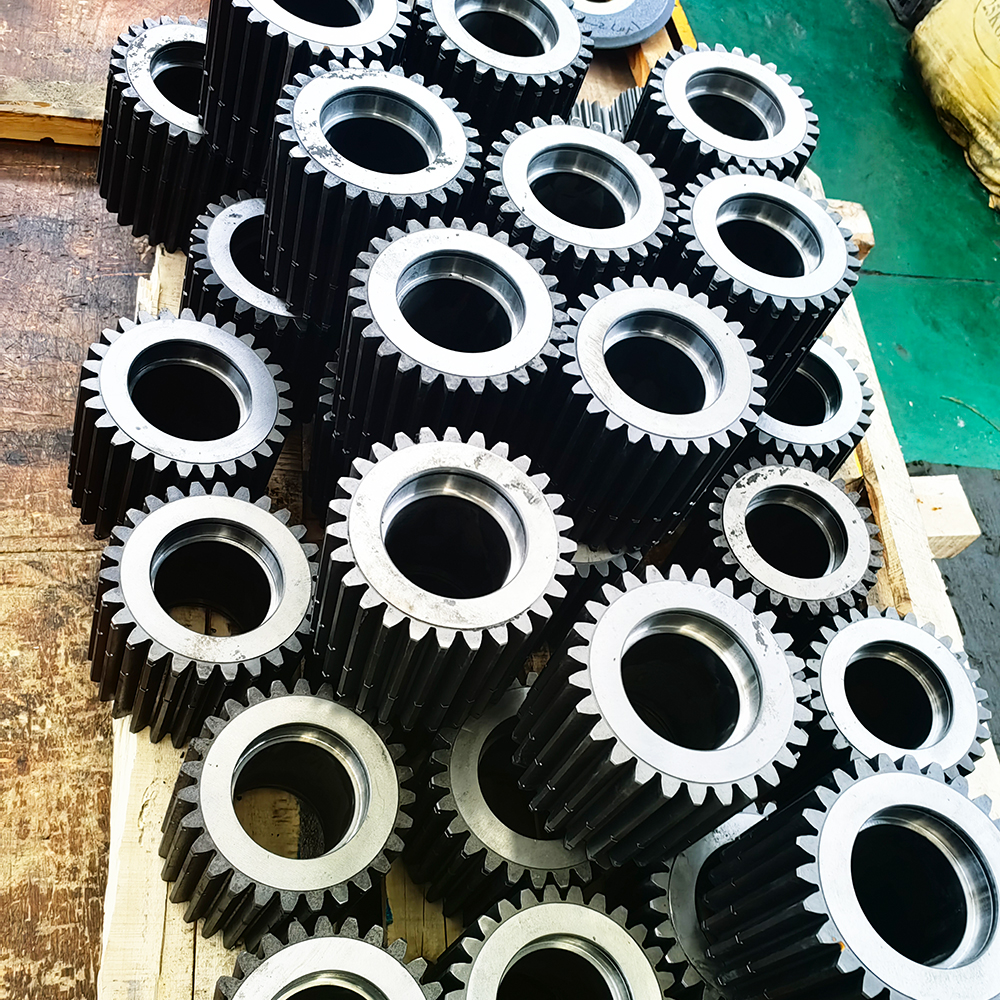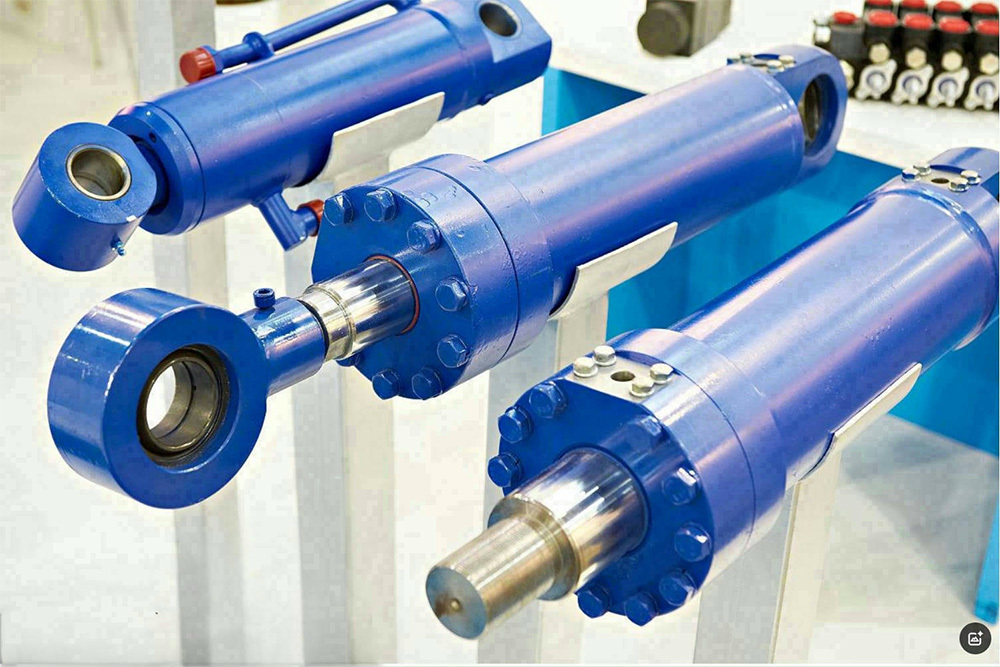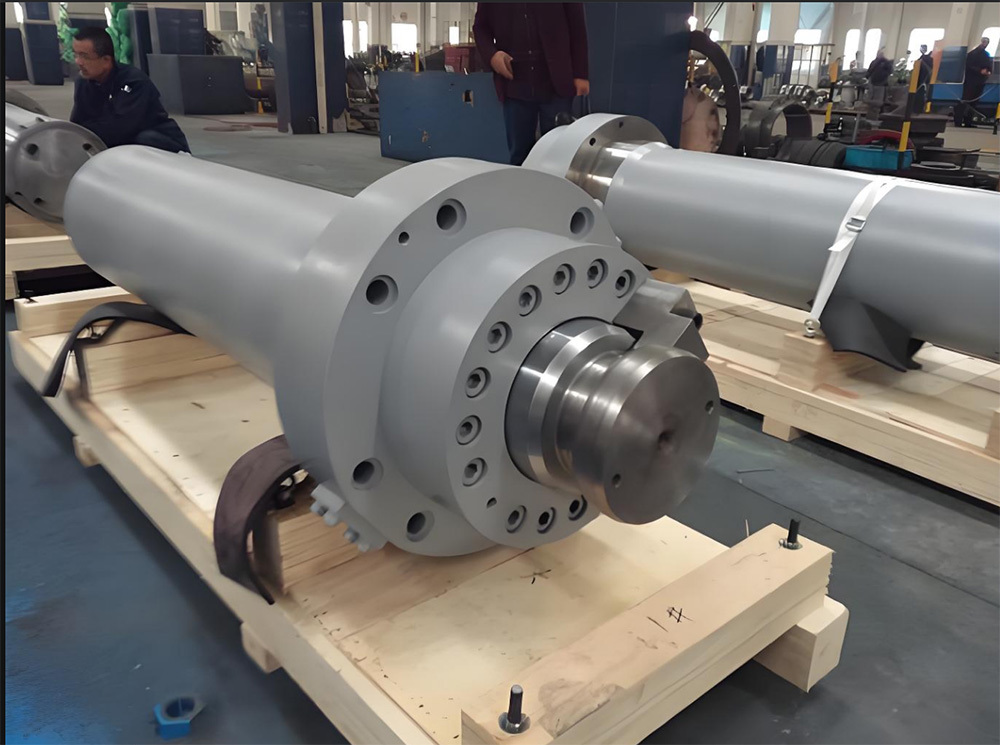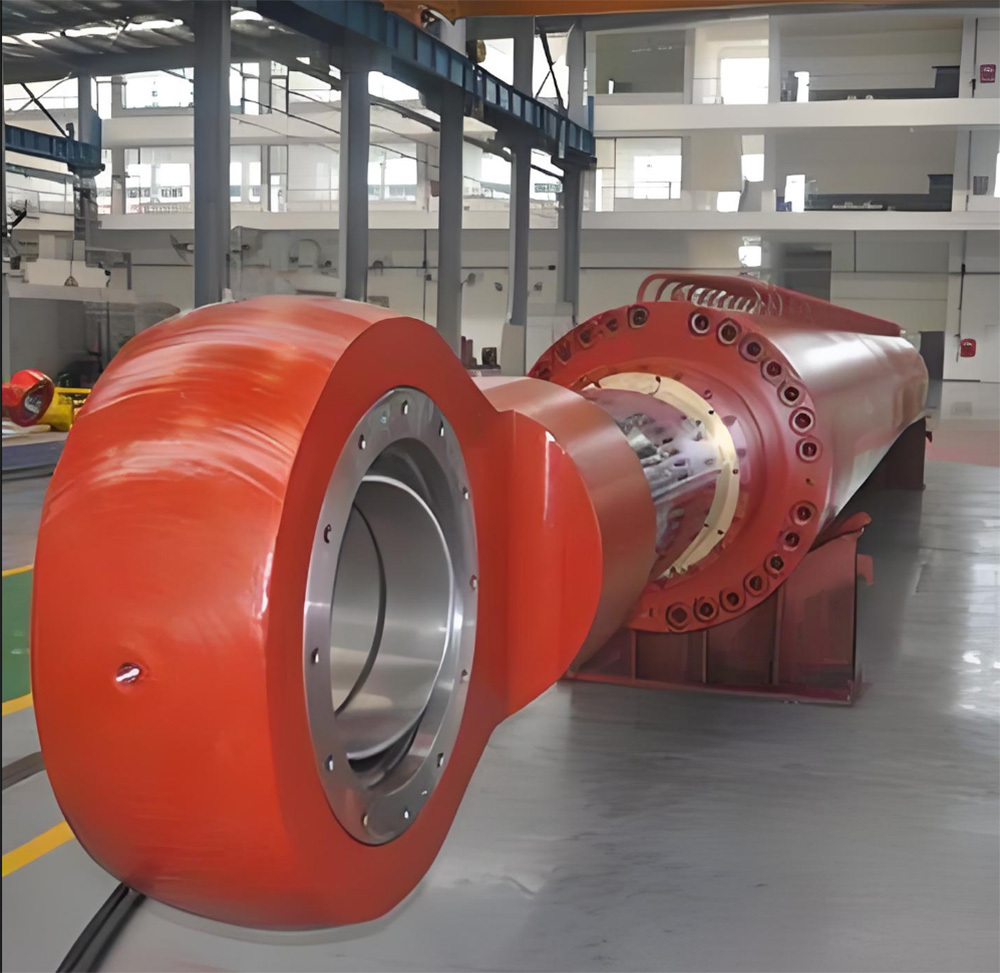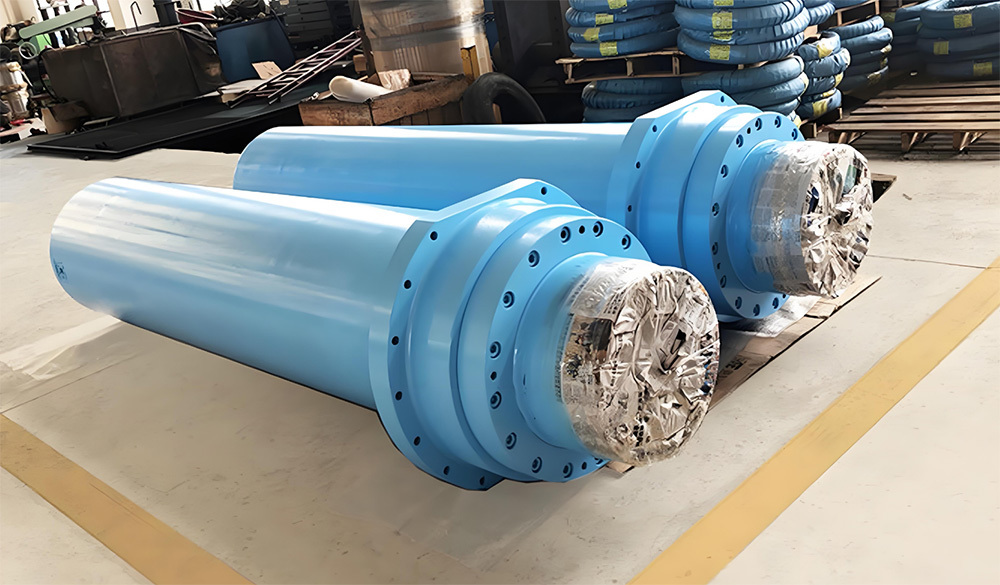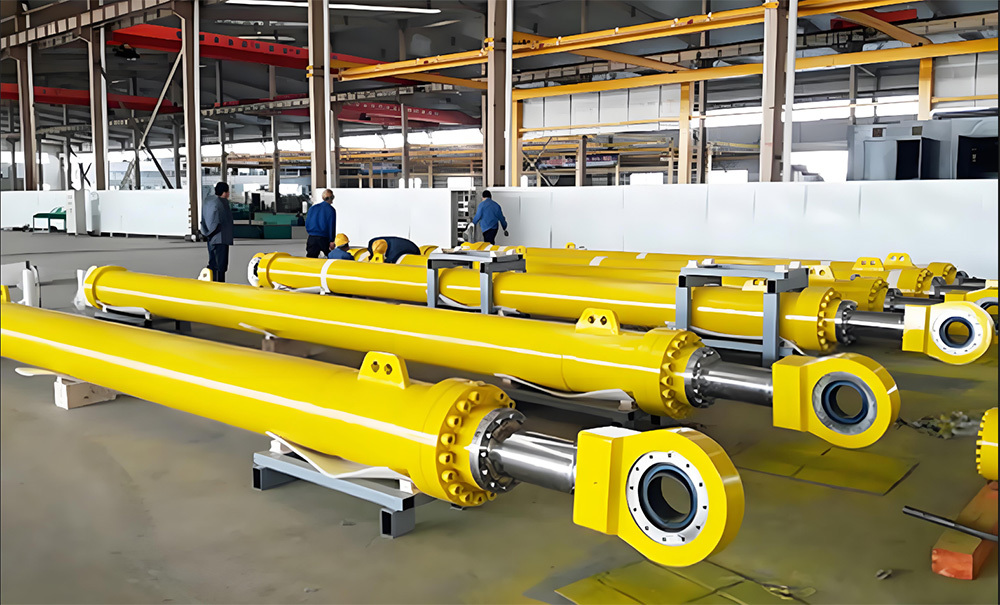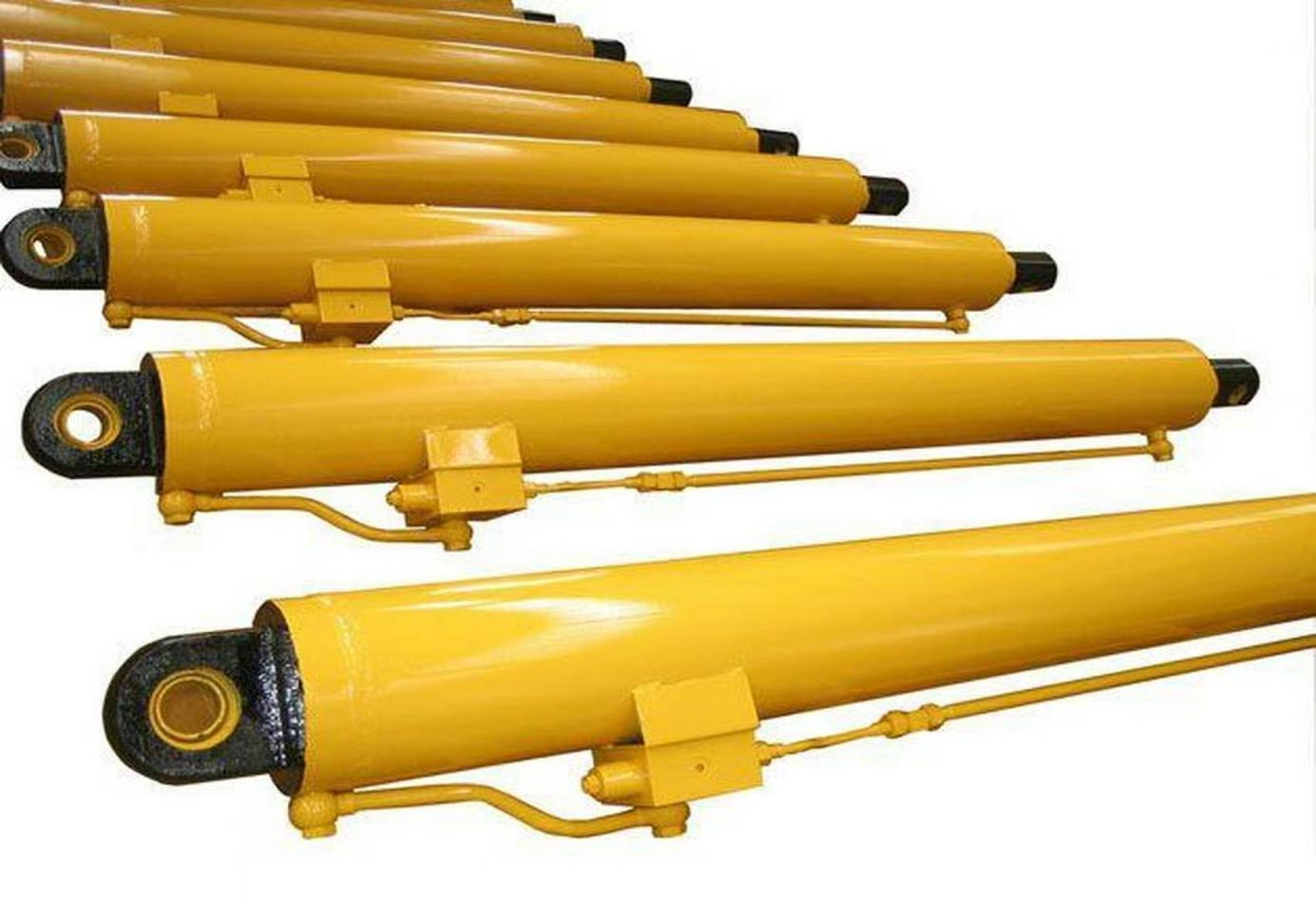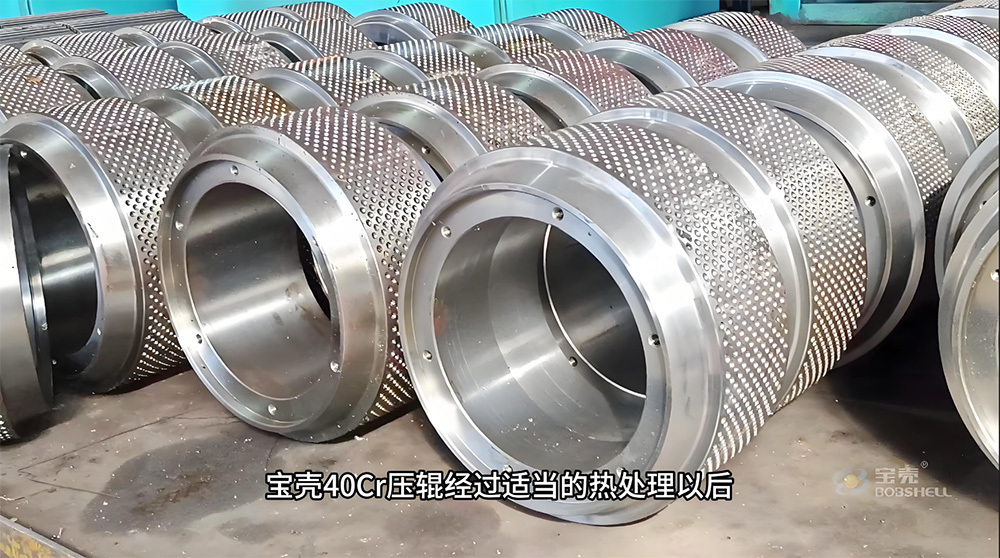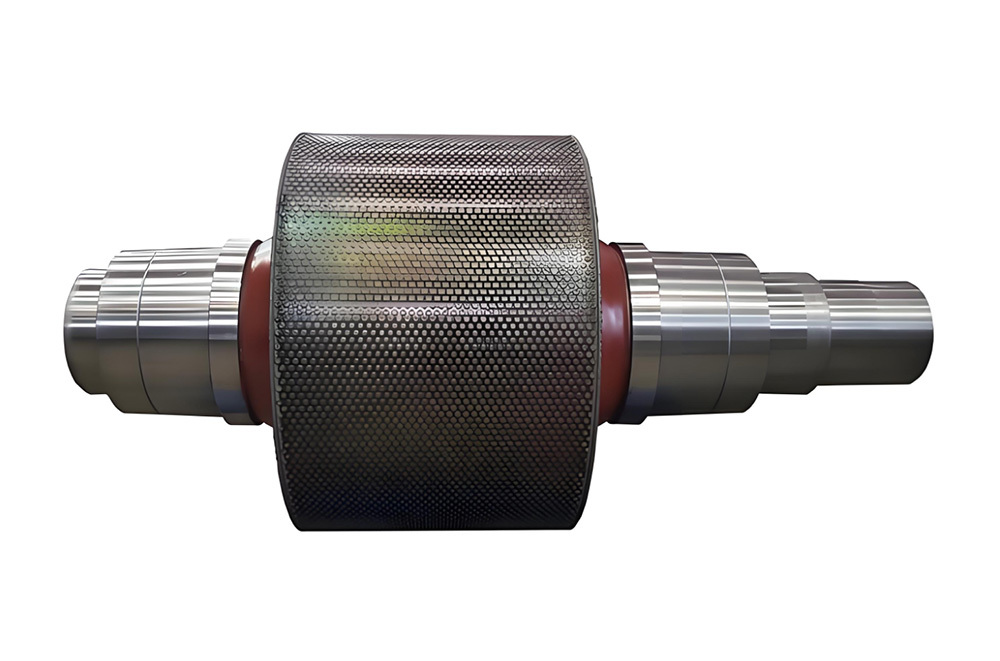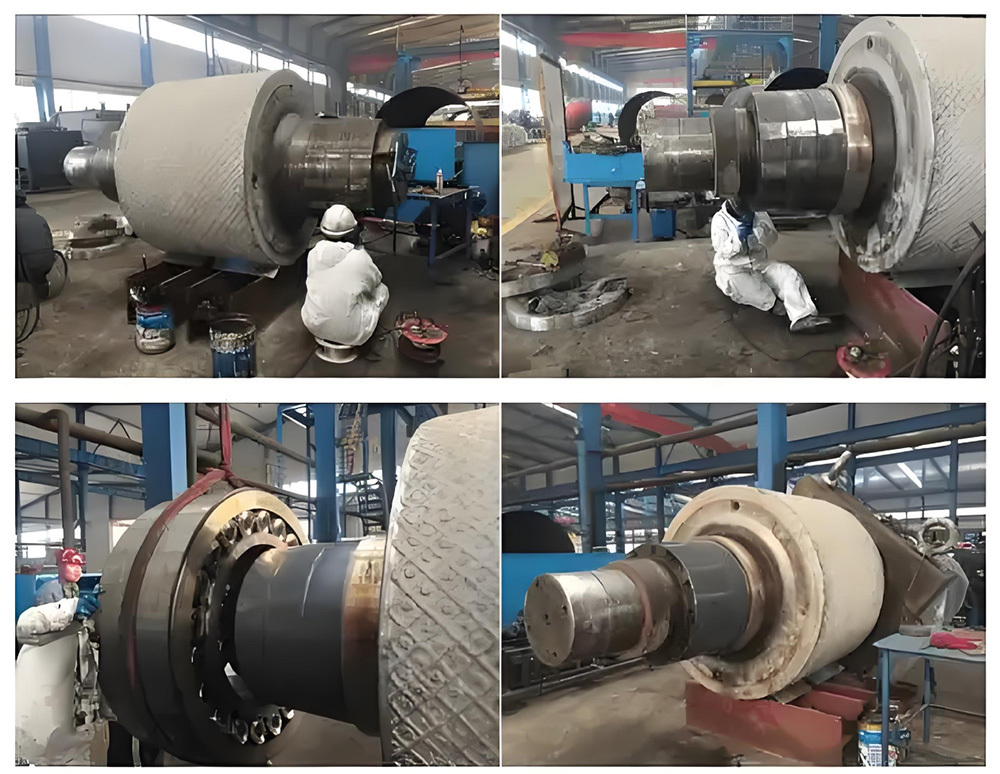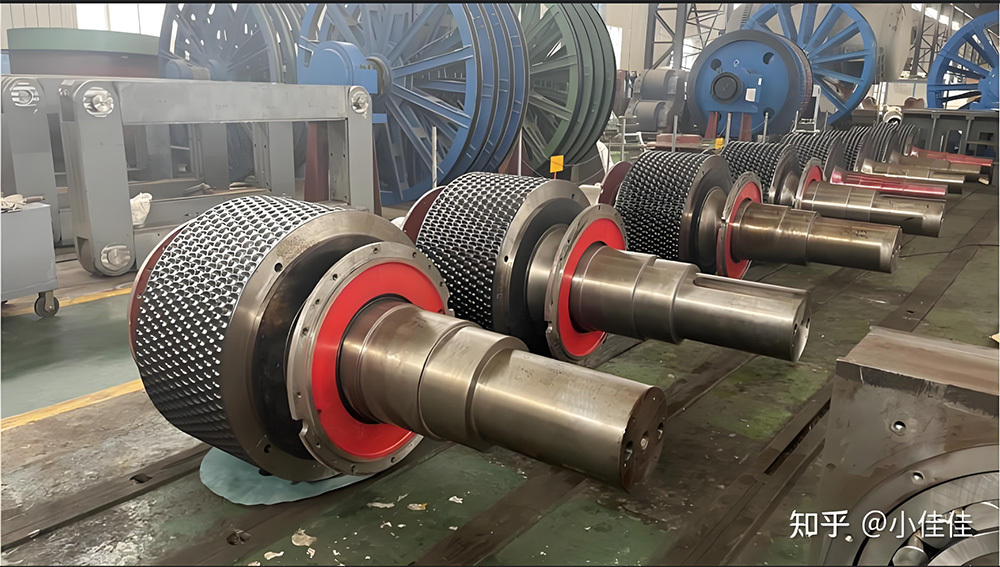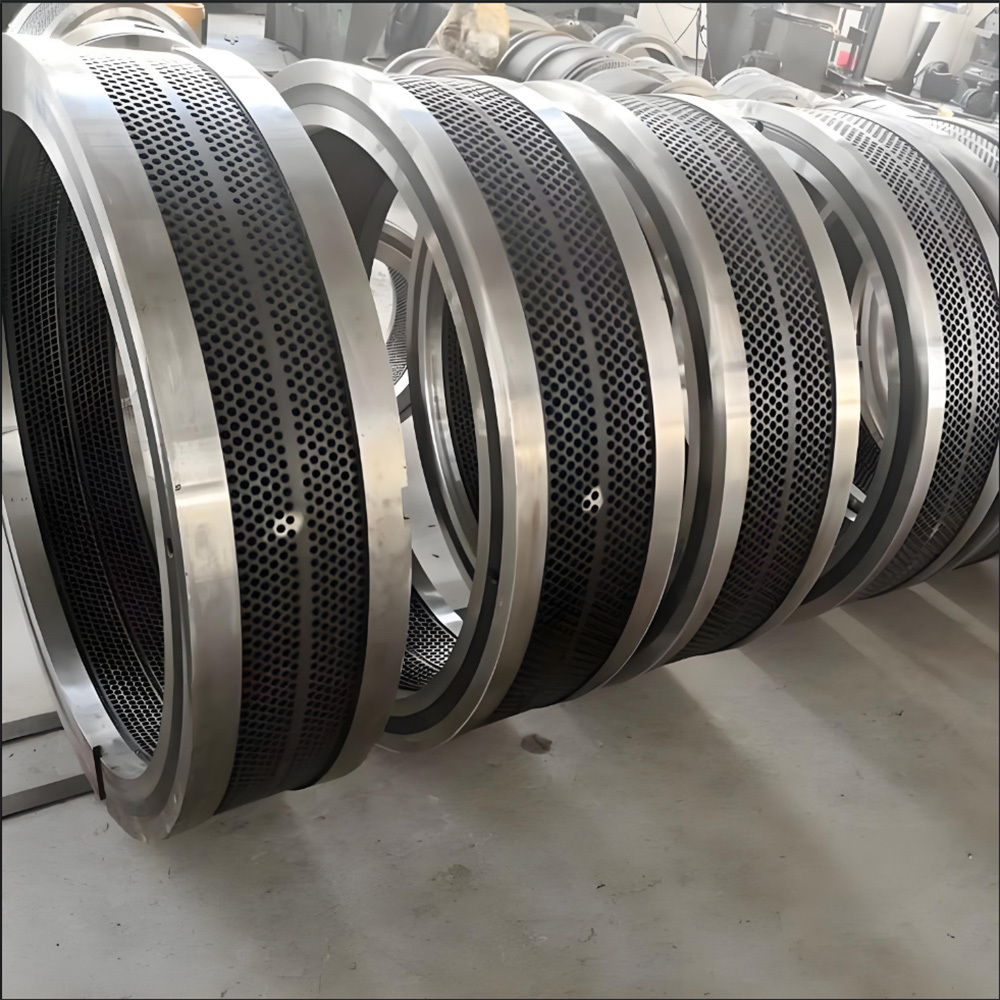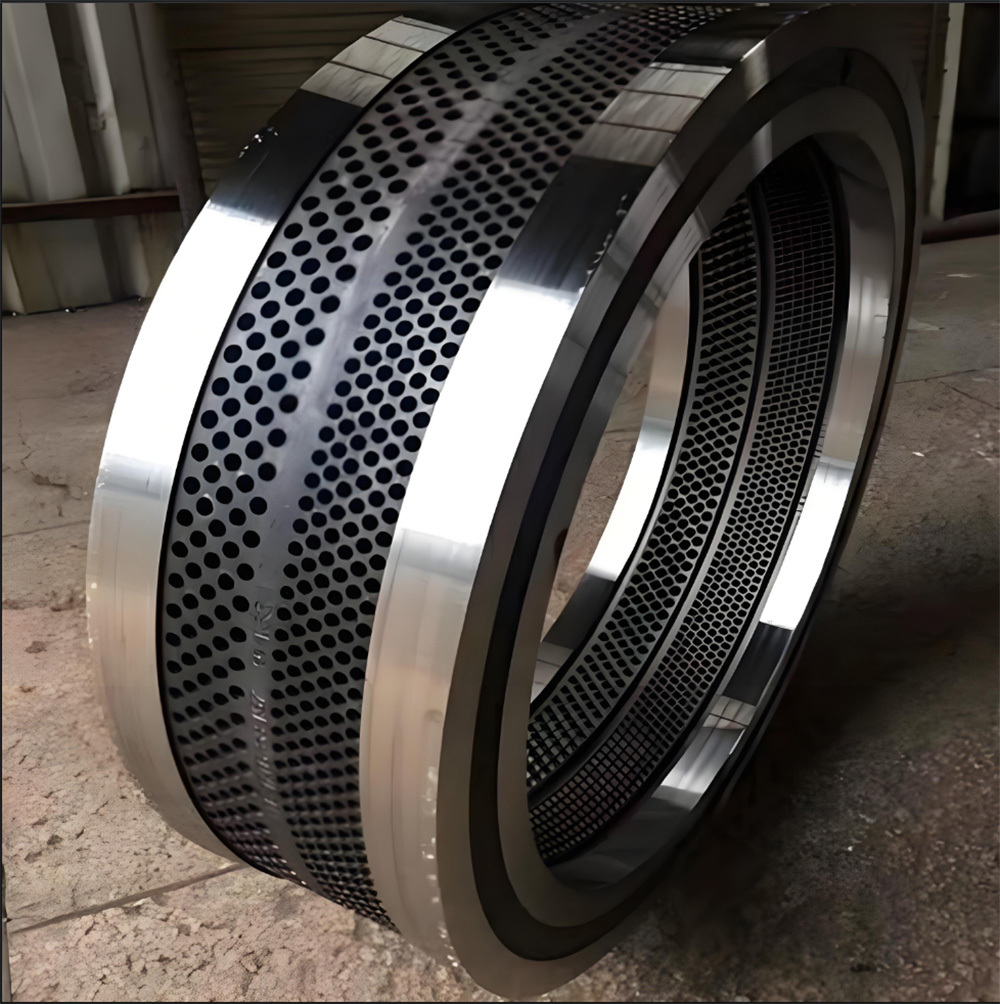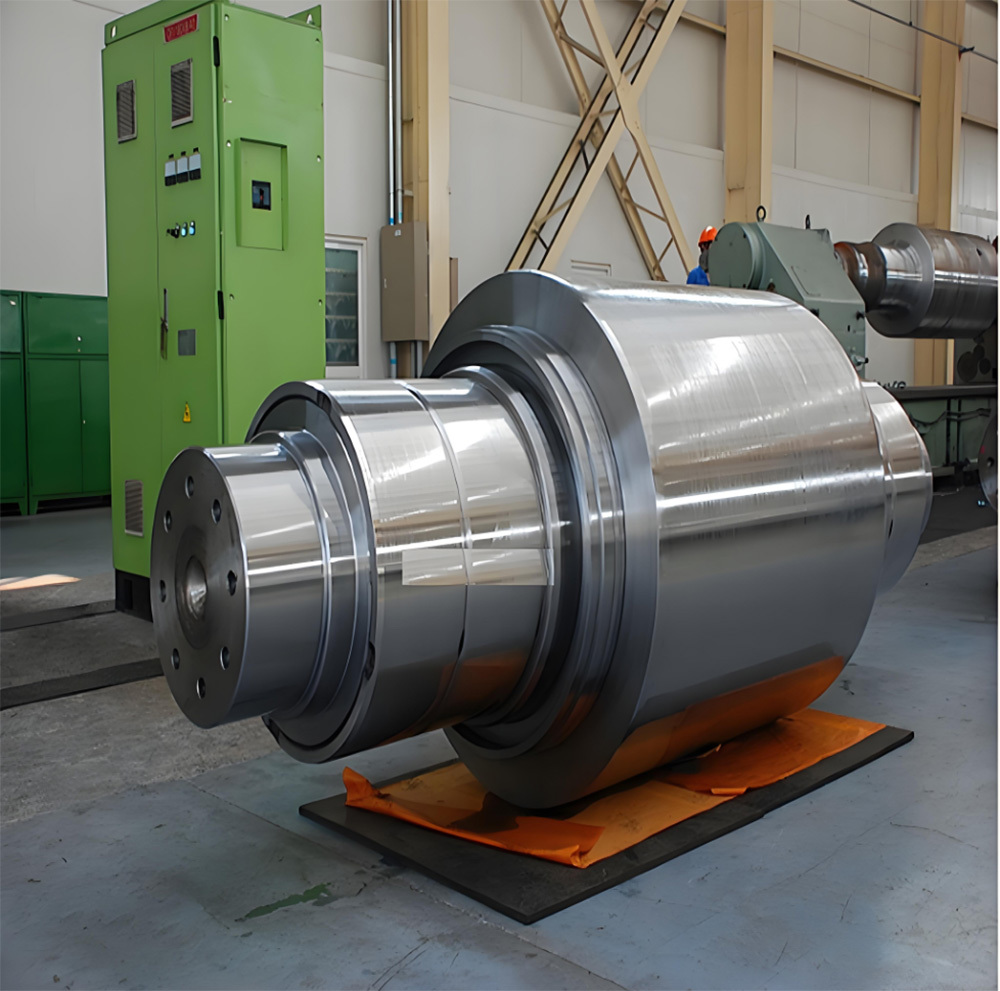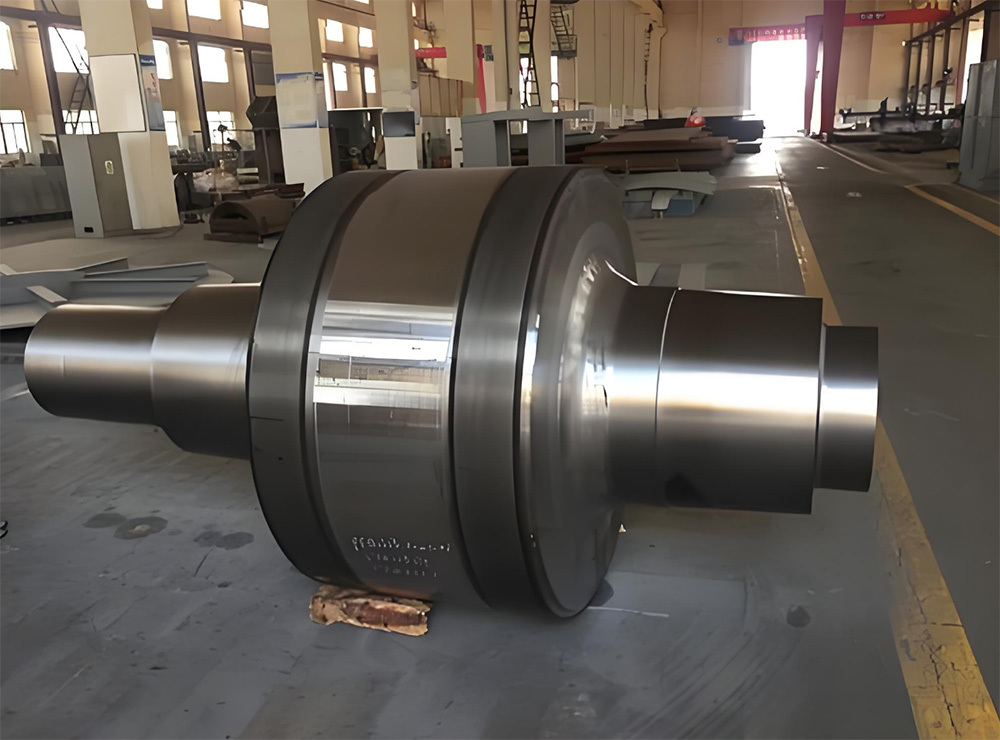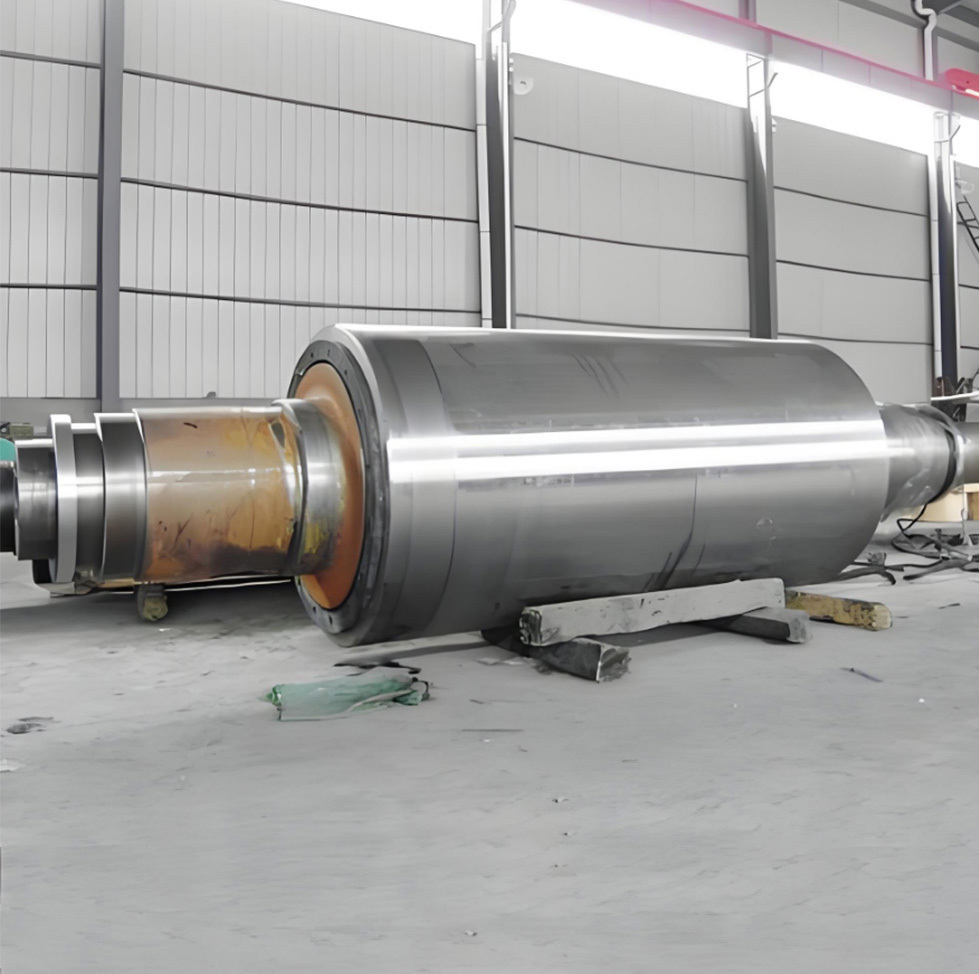






Ring forged products are ring-shaped metal parts manufactured through forging processes, characterized by high strength, good toughness, and uniform microstructure. Ring forgings are widely used in machinery, aerospace, energy, petrochemical, and other fields as key structural components to withstand complex loads, transmit torque, or serve as support elements. Their ring-shaped structure makes them irreplaceable in rotating machinery and large equipment.
Materials
1. Carbon Steel: such as 45 steel, Q235 steel, with good strength and machinability, suitable for ring forgings with general requirements.
2. Alloy Steel: such as 42CrMo, 35CrMo, with higher strength and hardness, suitable for high-strength and high-wear-resistant ring forgings.
3. Stainless Steel: such as 304, 316, with good corrosion resistance, suitable for ring forgings operating in harsh environments.
4. Other Materials: depending on specific needs, aluminum alloys, titanium alloys, and other materials can also be selected.
Classification of Ring Forgings
1. Classification by Use
- Mechanical Transmission Rings: used to transmit torque and motion, such as gear rings, coupling rings, etc.
- Support Rings: used to support other components, such as bearing rings, flange rings, etc.
- Sealing Rings: used to seal media, such as pressure vessel rings, pipeline connection rings, etc.
2. Classification by Structural Characteristics
- Integral Rings: forged from a single piece of material, compact structure, higher strength.
- Segmented Rings: composed of multiple ring segments joined together, facilitating manufacturing and installation, suitable for large ring forgings.
Process Introduction
1. Cutting: precise cutting according to product dimensions and material specifications.
2. Heating: heating raw materials to an appropriate temperature to improve material plasticity and facilitate forging.
3. Forging: using free forging, die forging, or ring rolling processes to plastically deform the heated material into the required shape and size.
4. Free Forging: suitable for single pieces and small batch production, highly flexible.
5. Die Forging: high precision and production efficiency, suitable for mass production.
6. Ring Rolling: capable of producing large-diameter, thin-walled ring forgings with high material utilization.
7. Cooling: the forged product is cooled naturally or by controlled cooling methods to achieve good microstructure and performance.
8. Heat Treatment: according to material and performance requirements, processes such as normalizing, quenching and tempering are performed to improve strength, hardness, and wear resistance.
9. Machining: turning, milling, grinding, and other machining processes are performed to ensure dimensional accuracy and surface finish.
10. Inspection: inspection of dimensions, shape, positional accuracy, and surface quality to ensure products meet technical requirements.
Scope of Application
1. Energy Industry: wind power tower flanges, nuclear power pressure vessel rings.
2. Aerospace: engine casings, rocket shells.
3. Heavy Machinery: mining equipment bearing rings, gears.
4. Chemical Equipment: reactor sealing rings, pipeline flanges.
Working Principle
The working principle of ring forged products mainly depends on their specific application scenarios. For example, mechanical transmission rings transmit torque and motion by meshing with gears, shafts, and other components; support rings support other parts and bear loads; sealing rings prevent media leakage through their sealing structure.
Keywords
Previous: Tube Forging
Next: Roller shaft forging







Ring forging
Contact Information
Product Categories
Related Products
Related Products
Ball mill
Ball mill
Rod Mill
(Semi) Autogenous Mill
Mining Hoisting
Single-rope Winding Mine Hoist
Multi-rope friction mine hoist
Well Drilling Hoist
Supporting Equipment
Mining Washing and Selection
Selective Crusher
Centrifuge
-
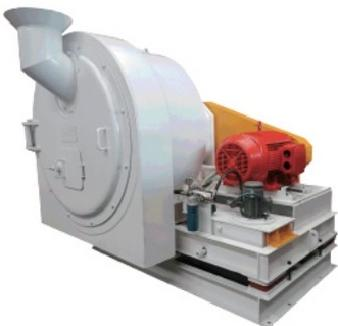
WLL Series Coal Slime Scraper Discharge Centrifugal Dehydrator
-
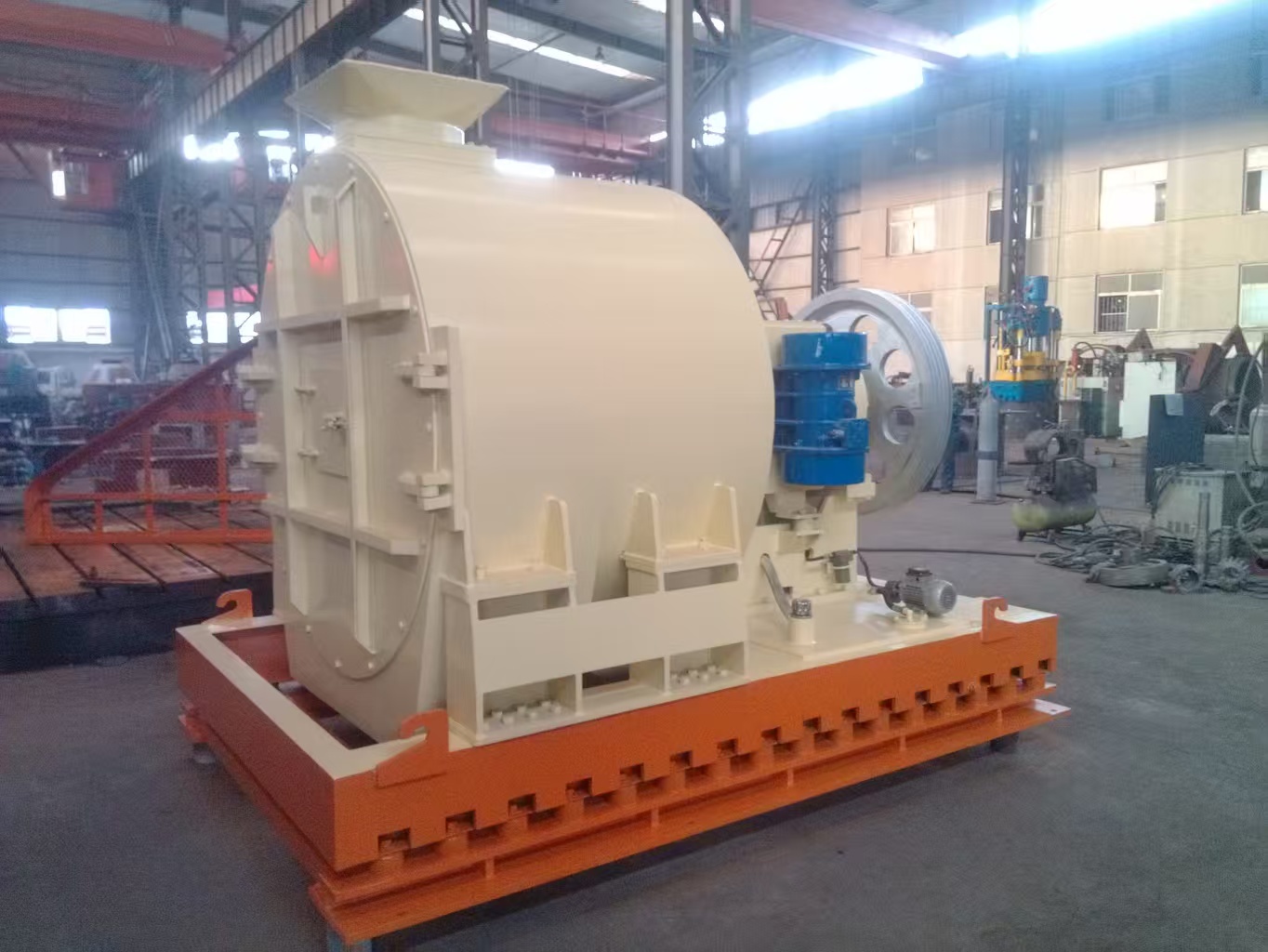
WZY Series Dual-Mass Horizontal Vibrating Centrifugal Dehydrator
-
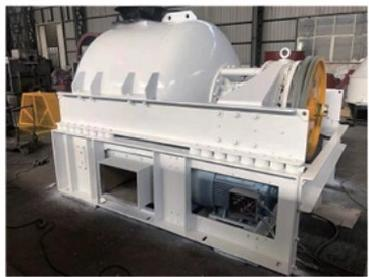
WZL Series Horizontal Vibrating Centrifugal Dehydrator
-
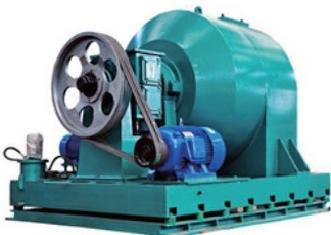
TWZ Series Horizontal Vibrating Centrifugal Dehydrator
-
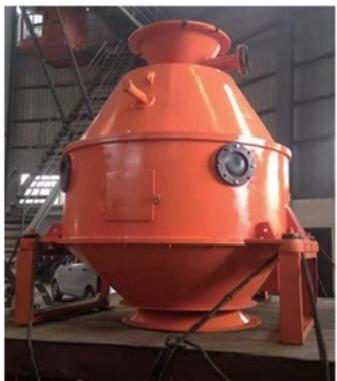
LLS-900 Sludge Centrifugal Dehydrator
-
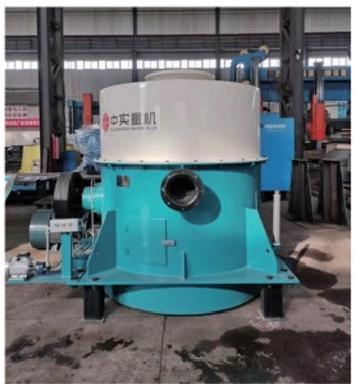
ML Series Coal Slurry Centrifugal Dewatering Machine
-
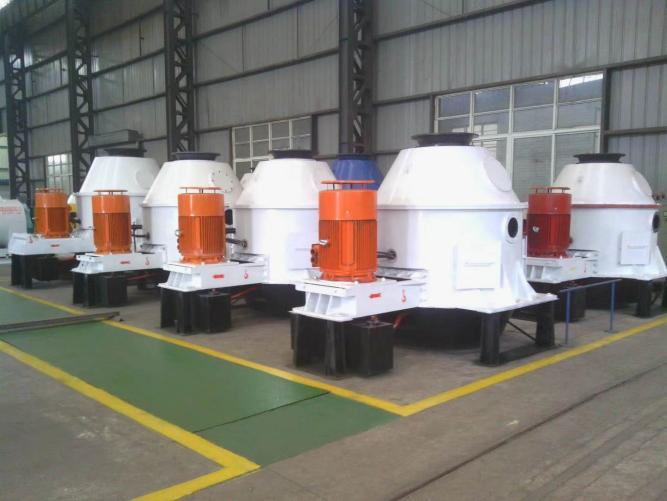
LL Series Vertical Centrifugal Dehydrator
Flotation machine
Filter machine
Grading Machine
Mining Auxiliary Equipment
Gear Reducer Series
-
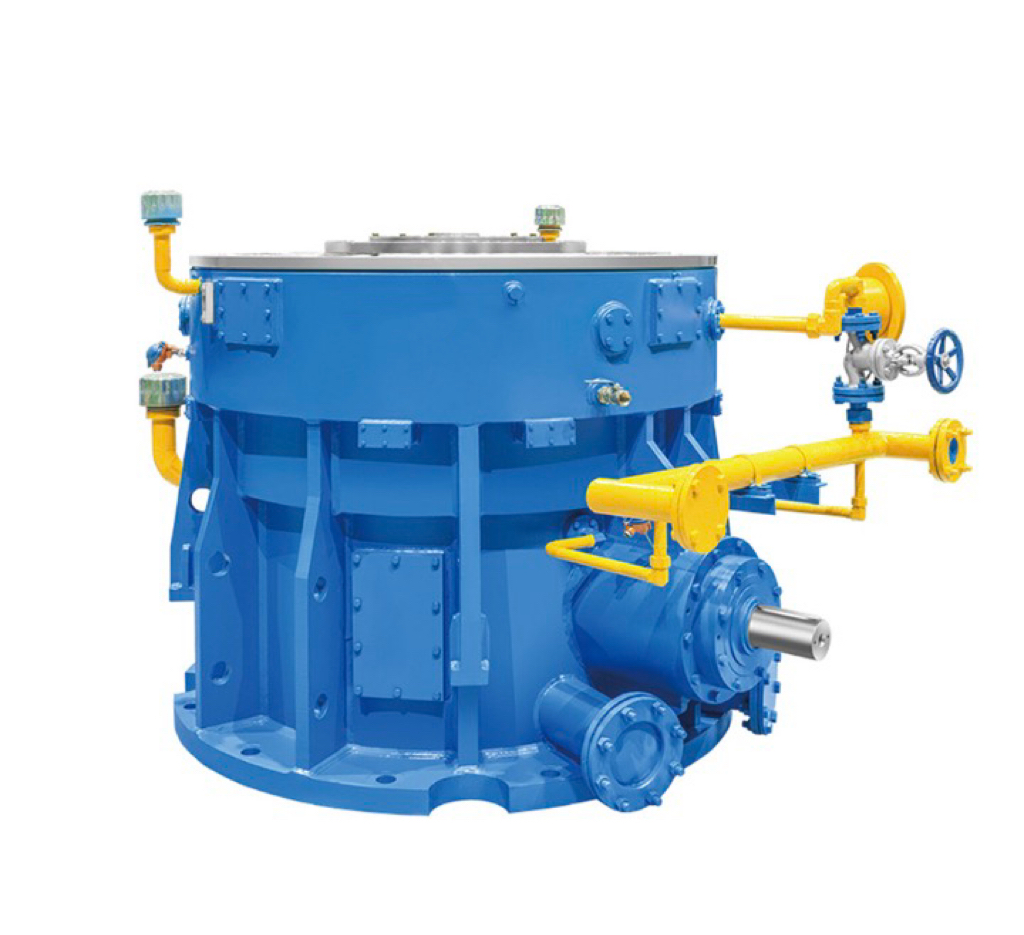
Vertical mill gearbox
-
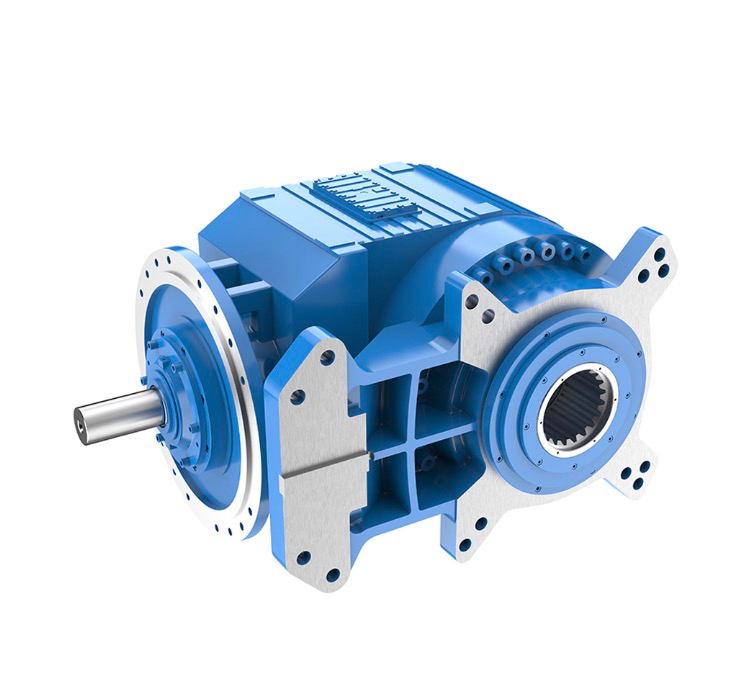
Special reducer for scraper machine
-
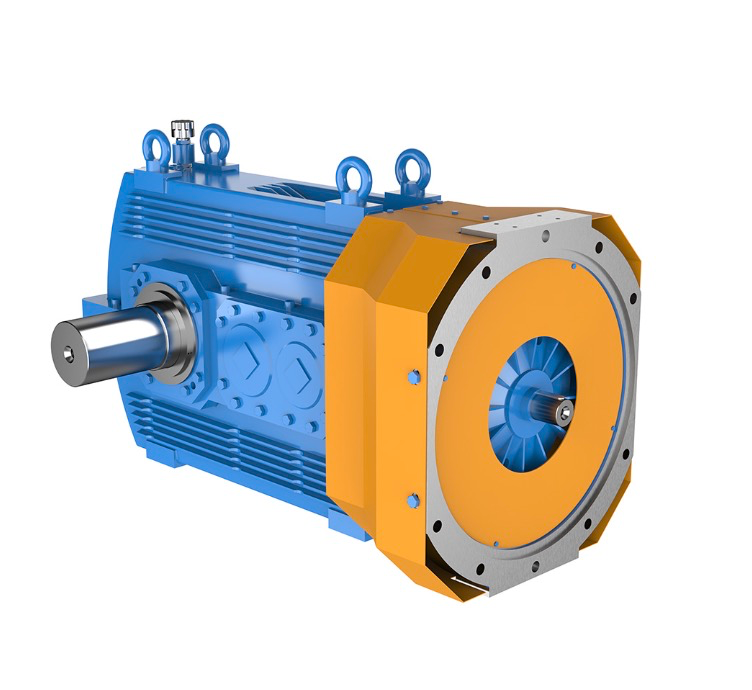
Industry-specific gear reducer
-
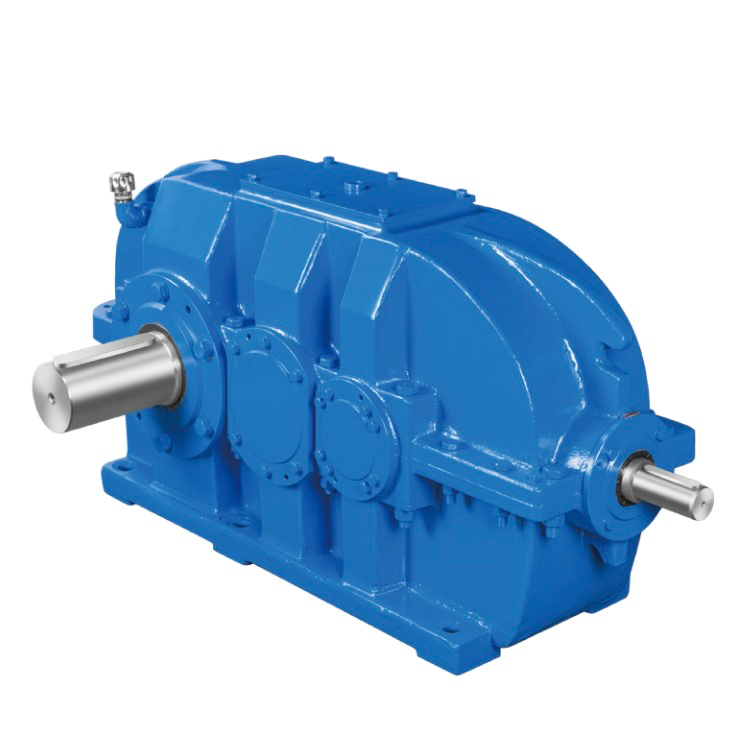
Bevel Gear Reducer
-

Cylindrical Gear Reducer
-
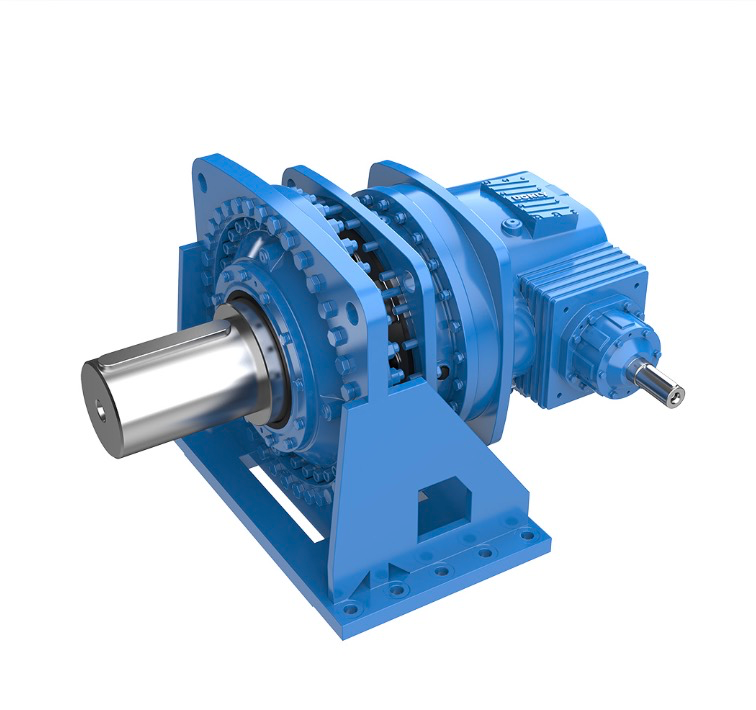
Planetary Gear Reducer
-
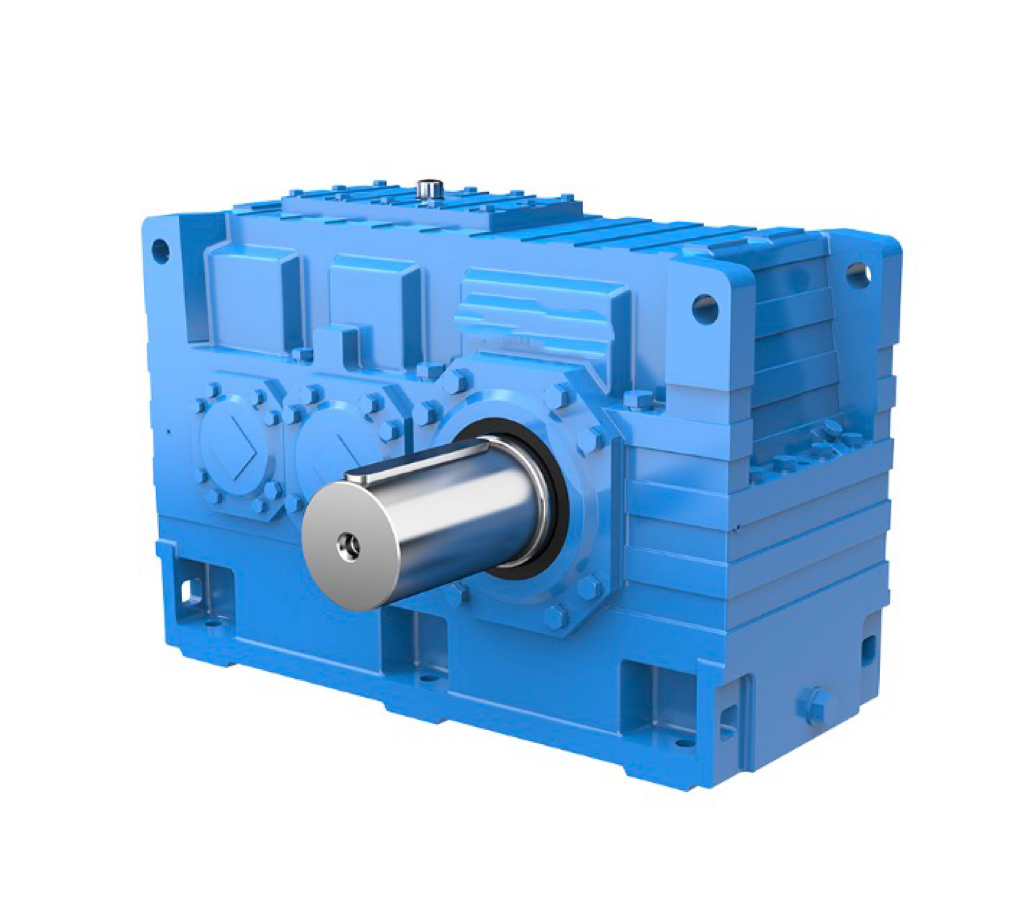
Parallel shaft reducer
-
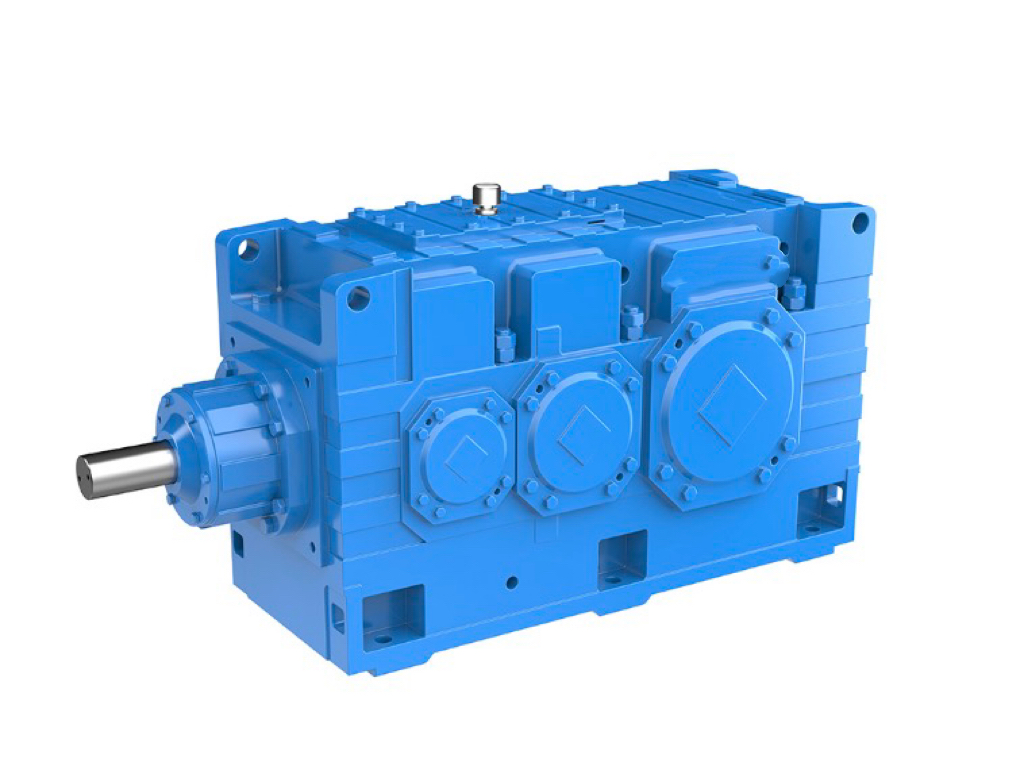
Industrial General Gearbox Series
-
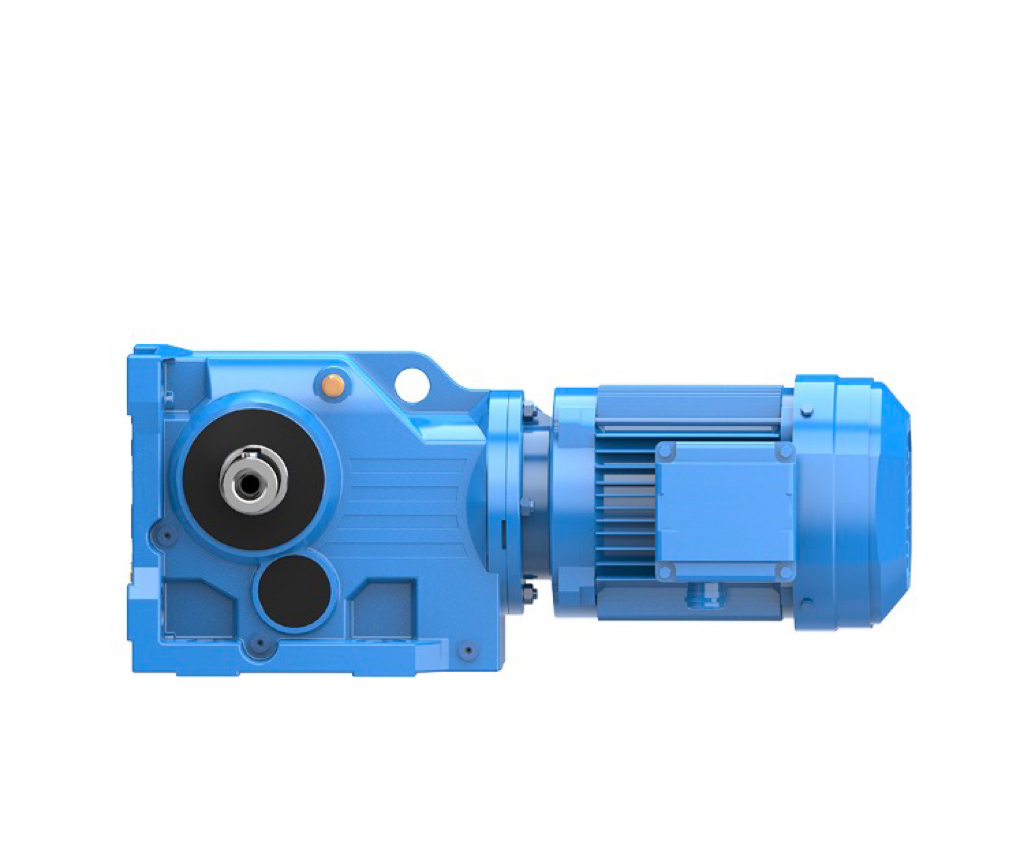
Helical Gear - Bevel Gear Reduction Motor
-
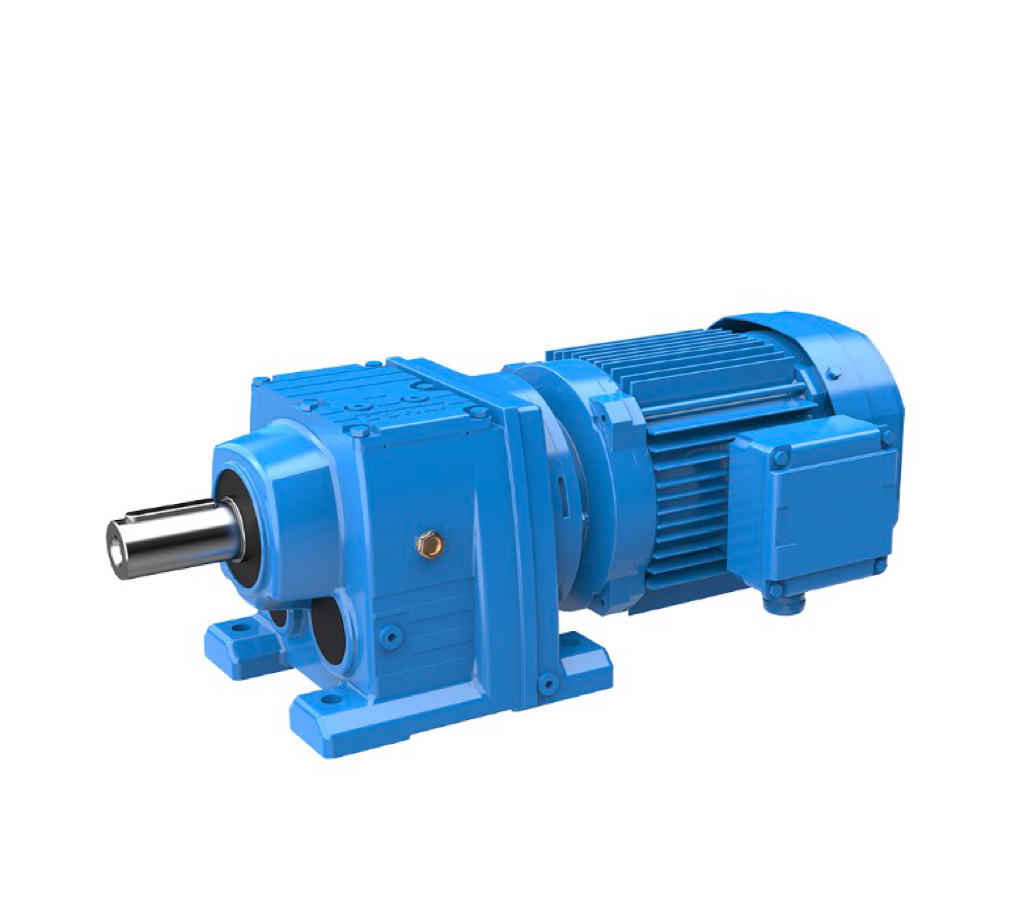
Helical Gear Reduction Motor
-
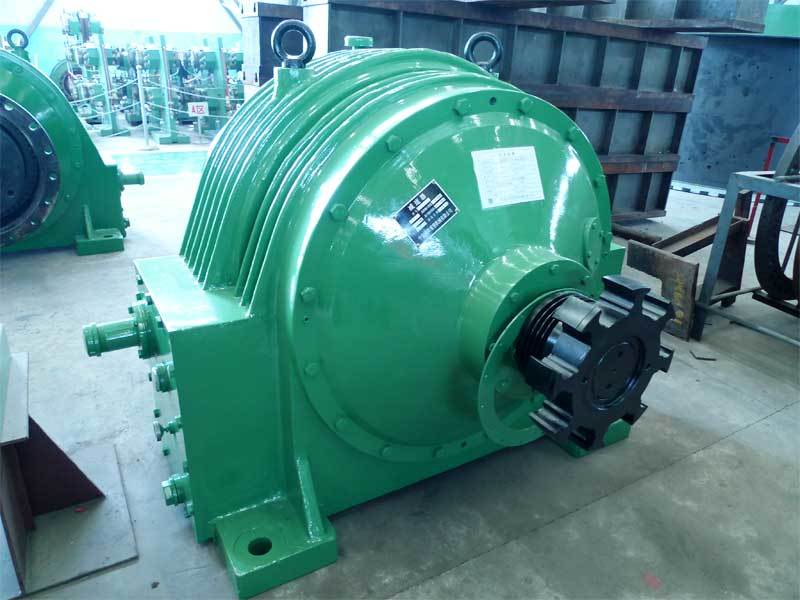
Planetary Gear Reducer
-
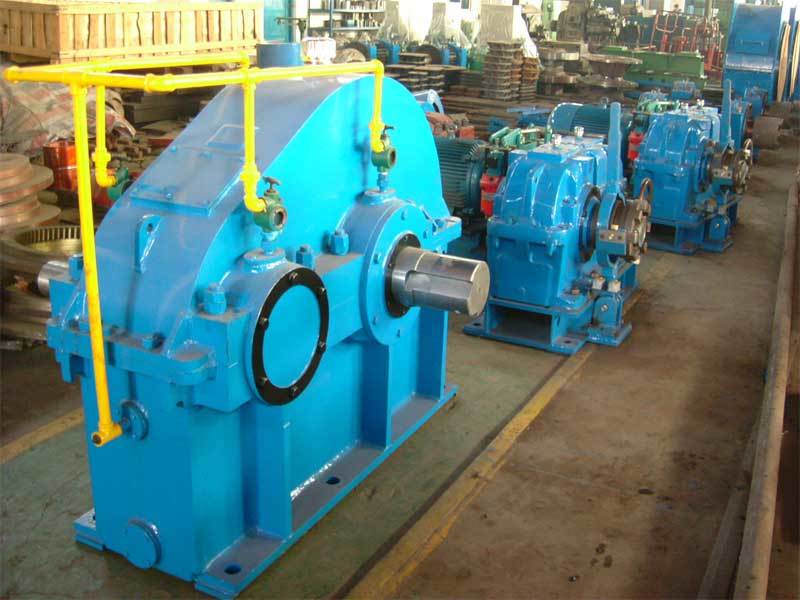
Cylindrical Gear Reducer
Category One
Category Two
Crusher Series
Rotary Crusher
Jaw Crusher
Impact Crusher
Cone Crusher
Ball Press Machine
High-pressure briquetting machine
Medium and High Pressure Briquetting Machine
Rotary kiln
-
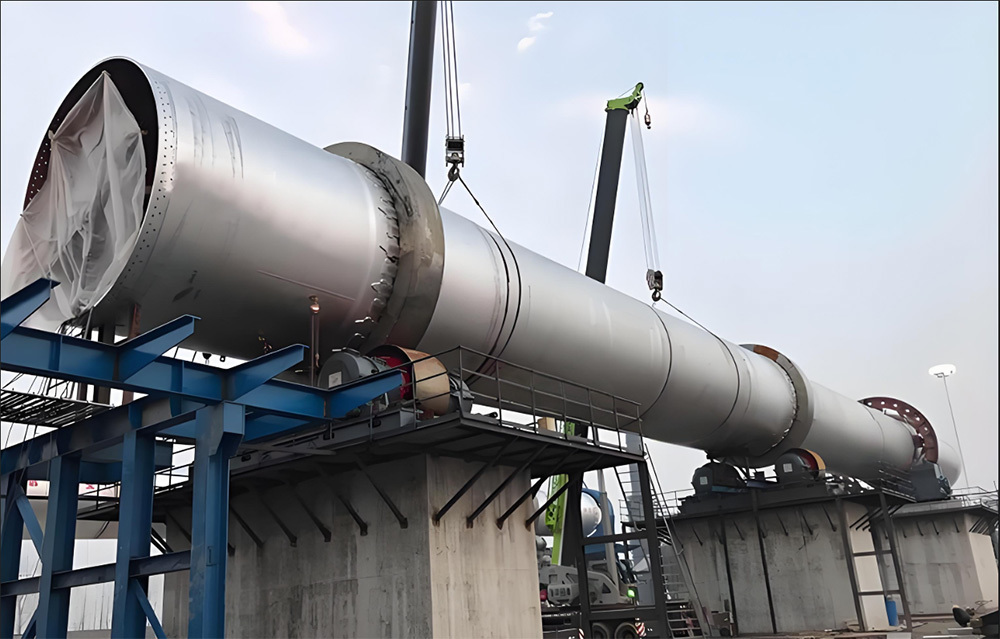
Cement kiln (rotary kiln)
-
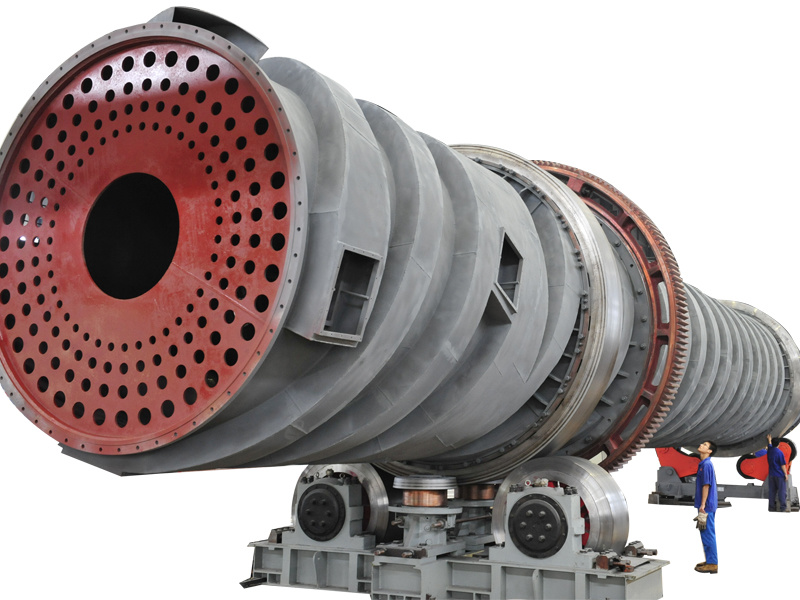
Light gray kiln (self-alkali steam calcination kiln)
-
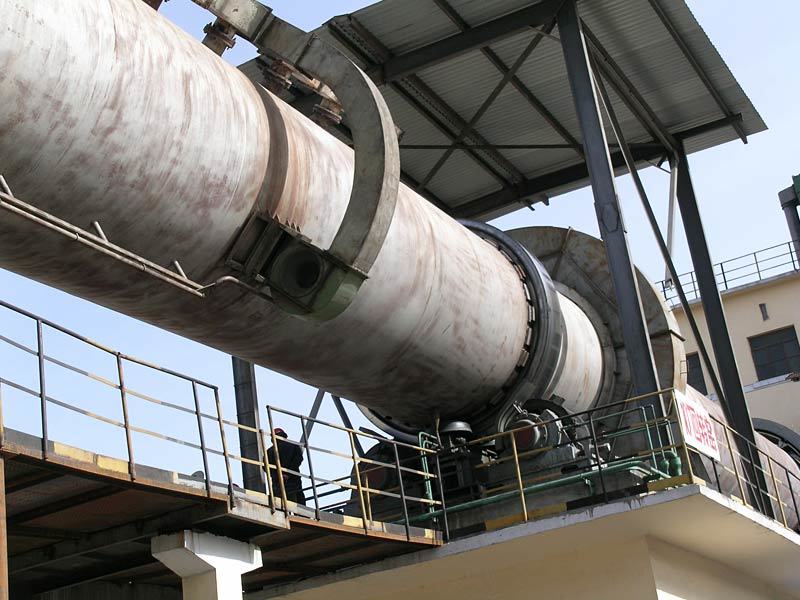
Chemical kiln
-

Oxidation Cooling Kiln
-
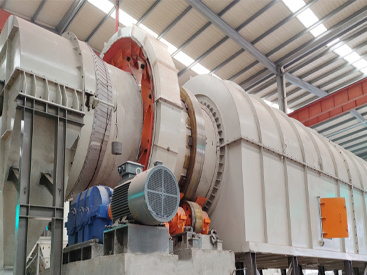
Oxidative roasting rotary kiln (oxidation kiln)
-
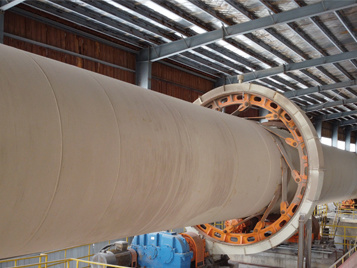
Lithium Carbonate Rotary Kiln
-
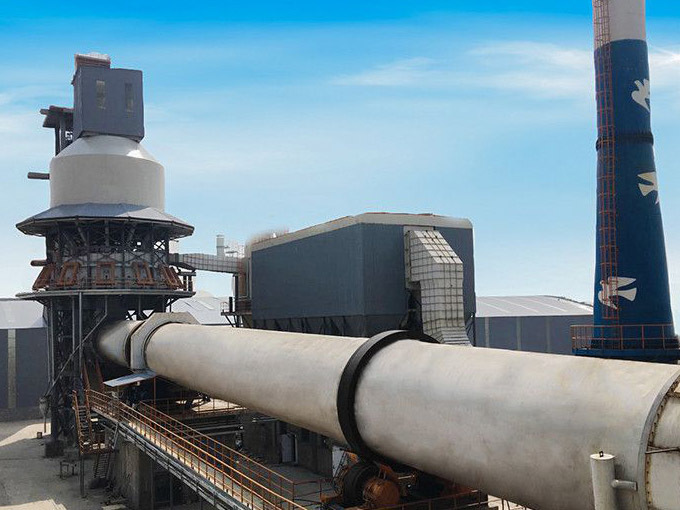
Lime Rotary Kiln
-
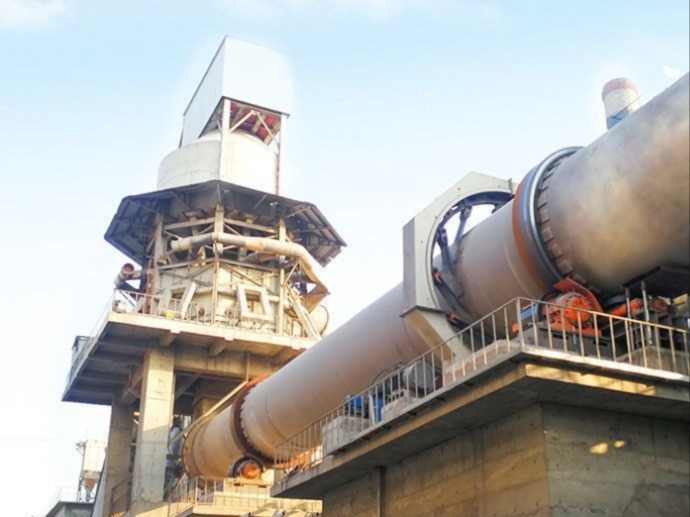
Metal Magnesium Rotary Kiln
-

Architectural Lightweight Aggregate Rotary Kiln
-
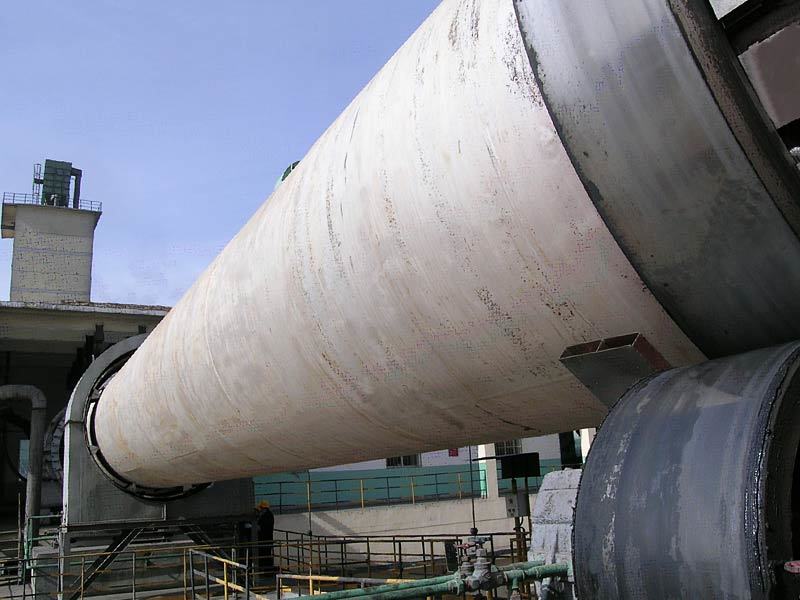
Cement Rotary Kiln
Cast and forged parts
Large castings
Large Forgings
Transmission Accessories
Gear Coupling
Gear
Electro-hydraulic control system
Automation Control
-

GPRS Remote Expert Diagnostic System
-
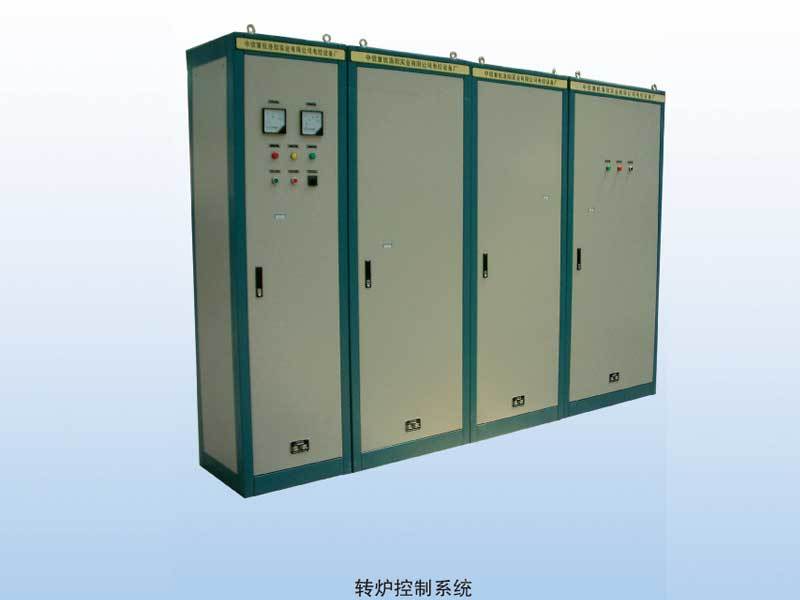
Metallurgical Electrical Control Equipment
-
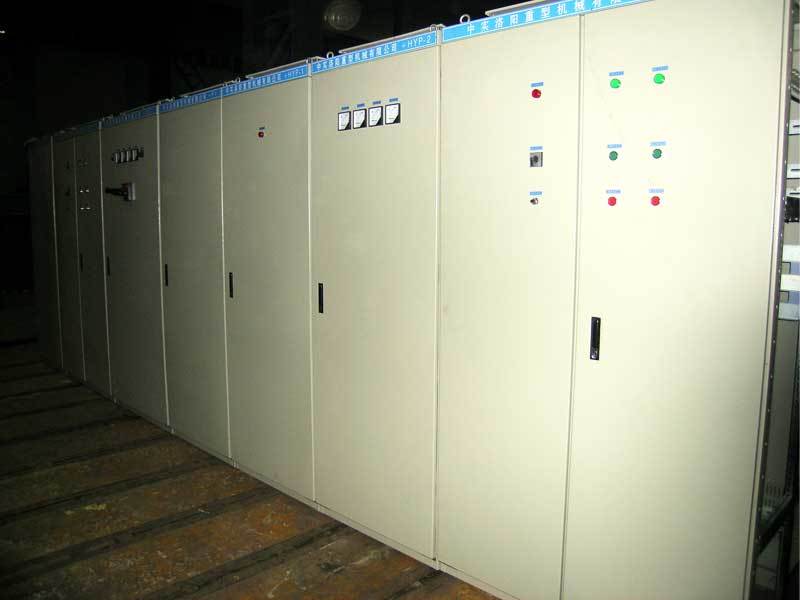
Automated Control System for Mineral Processing and Coal Washing
-
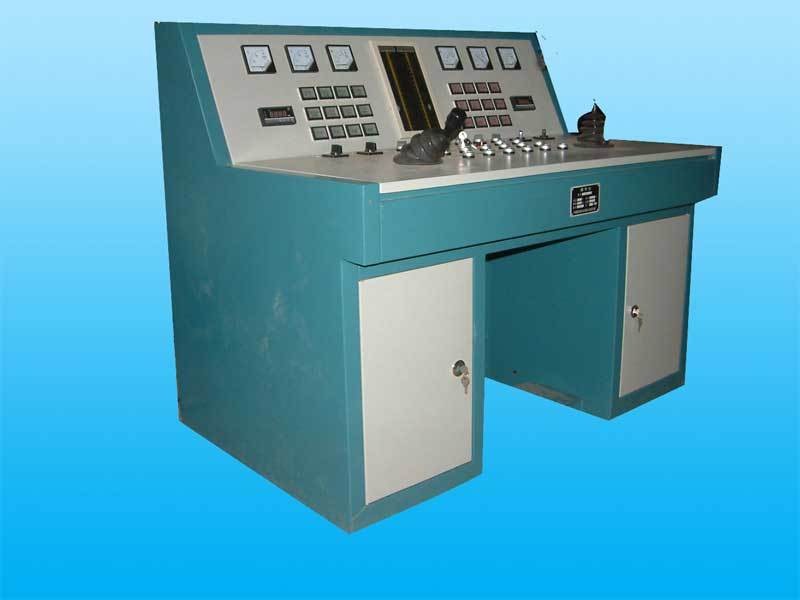
Local System Upgrade
-
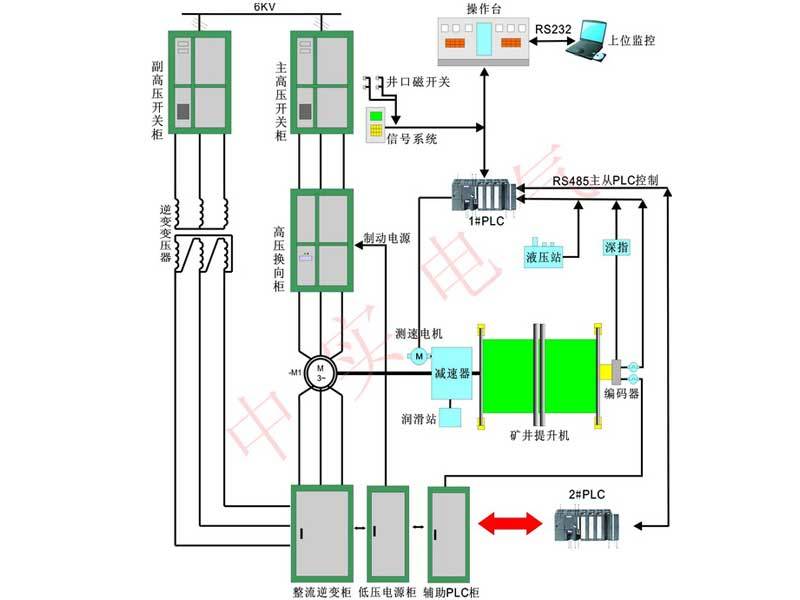
Doubly-Fed Variable-Frequency Electric Control System
-
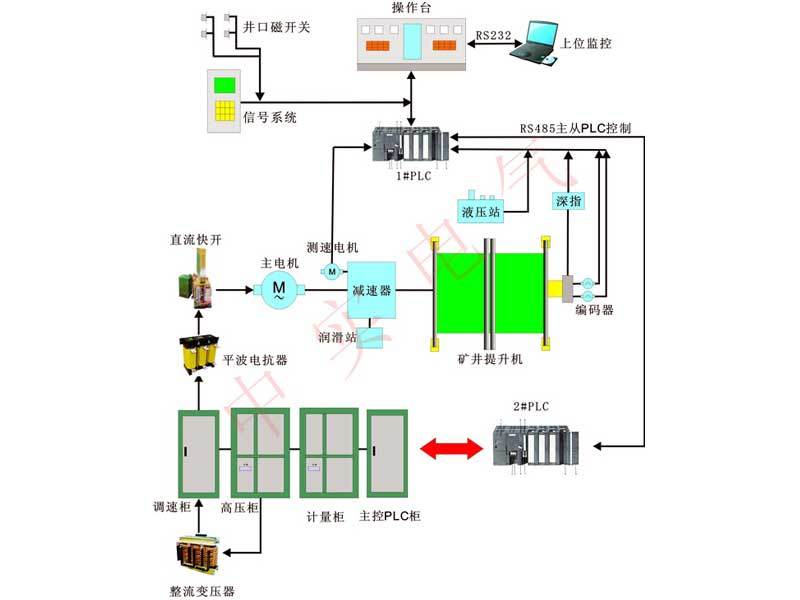
Fully digital DC control system
-
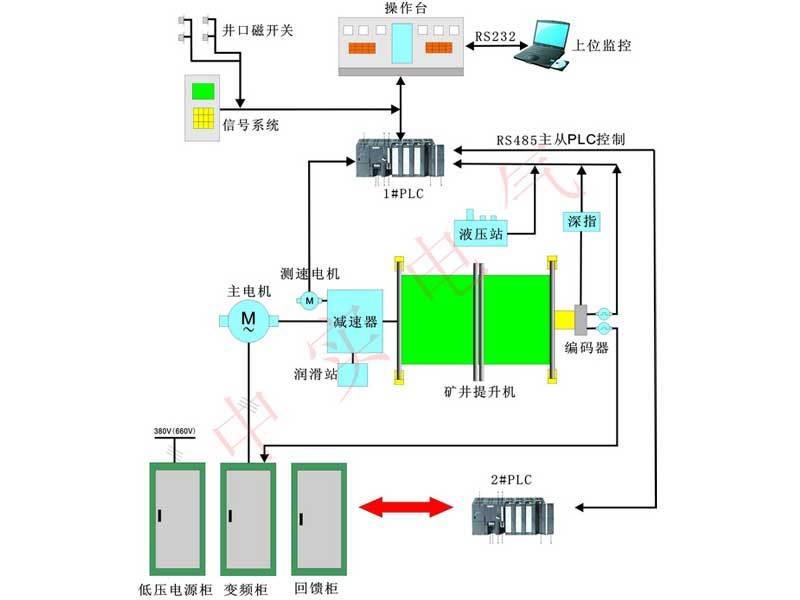
Fully digital low-voltage variable frequency feedback
-
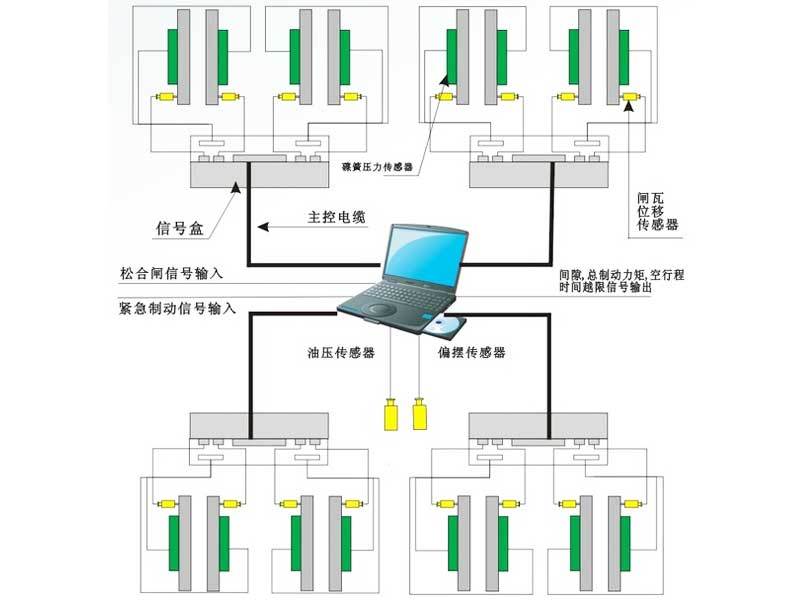
Disc Brake Online Inspection System
-
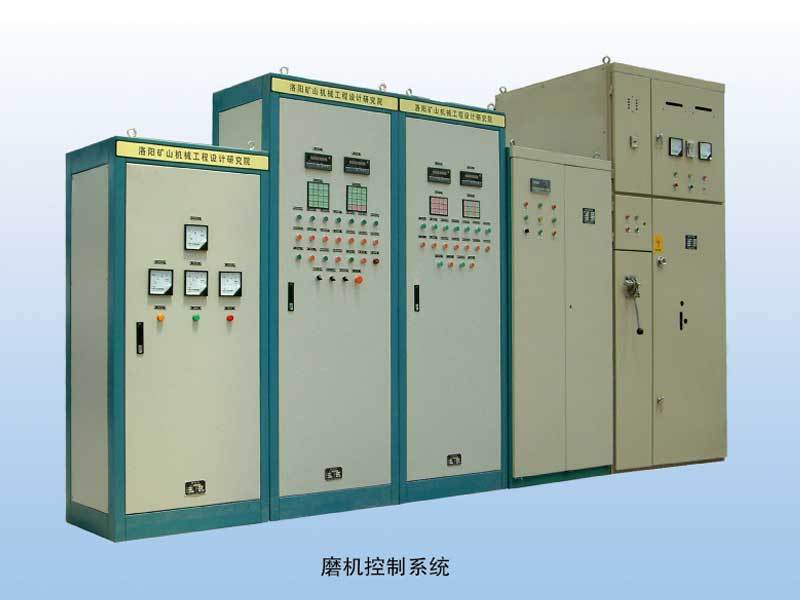
Rotary Kiln Control System
Hydraulic System
-
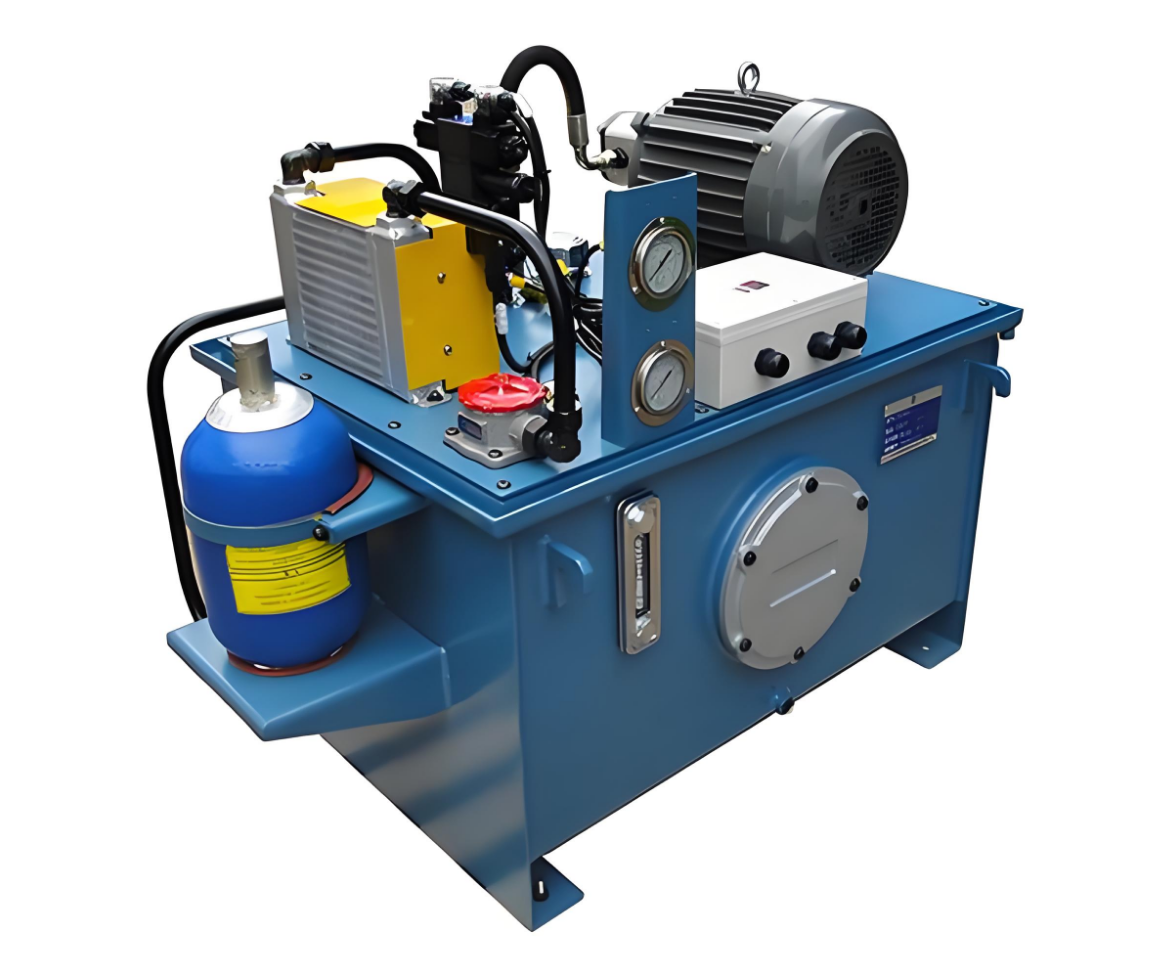
Hydraulic System
-
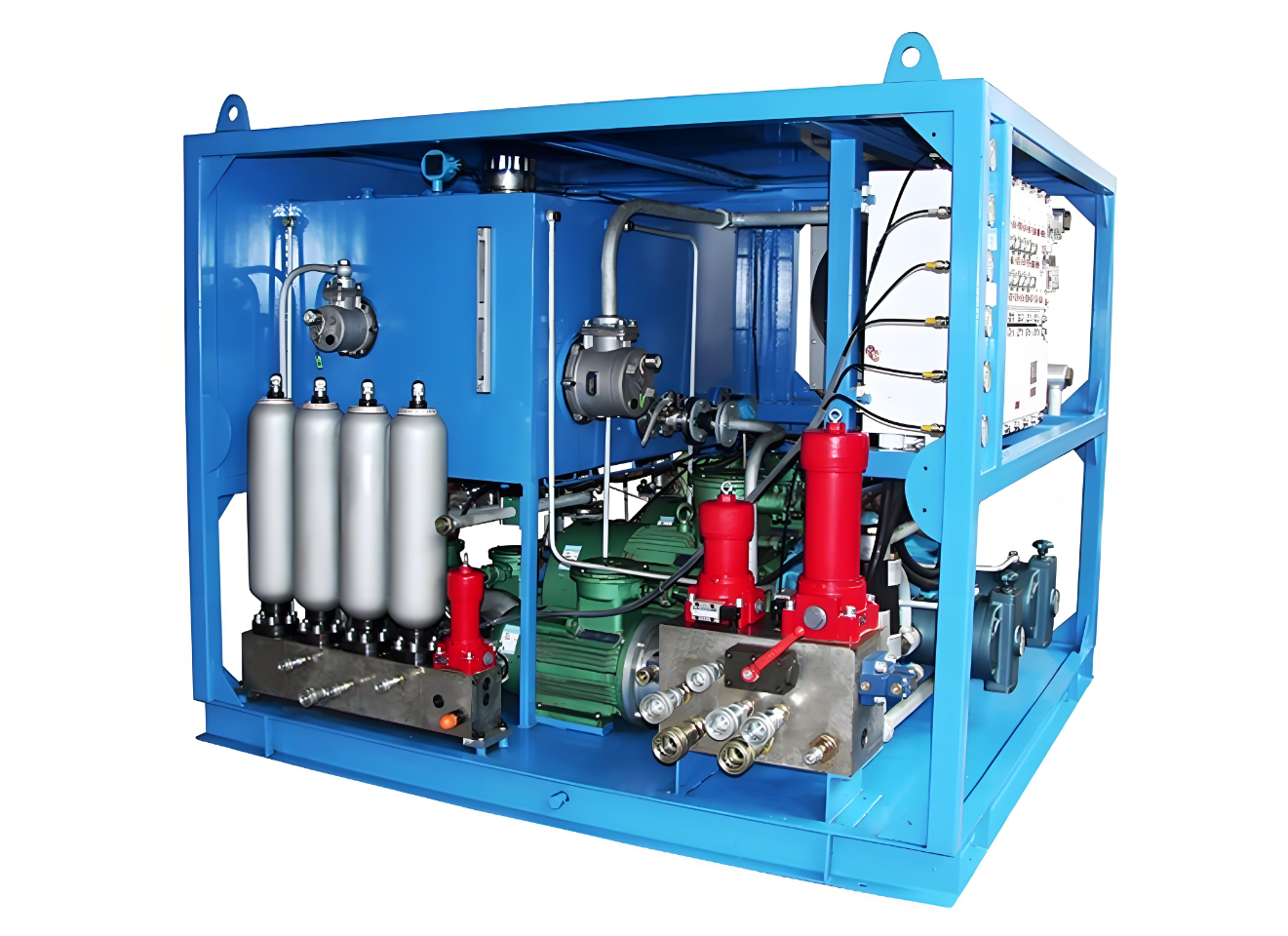
Hydraulic System
-
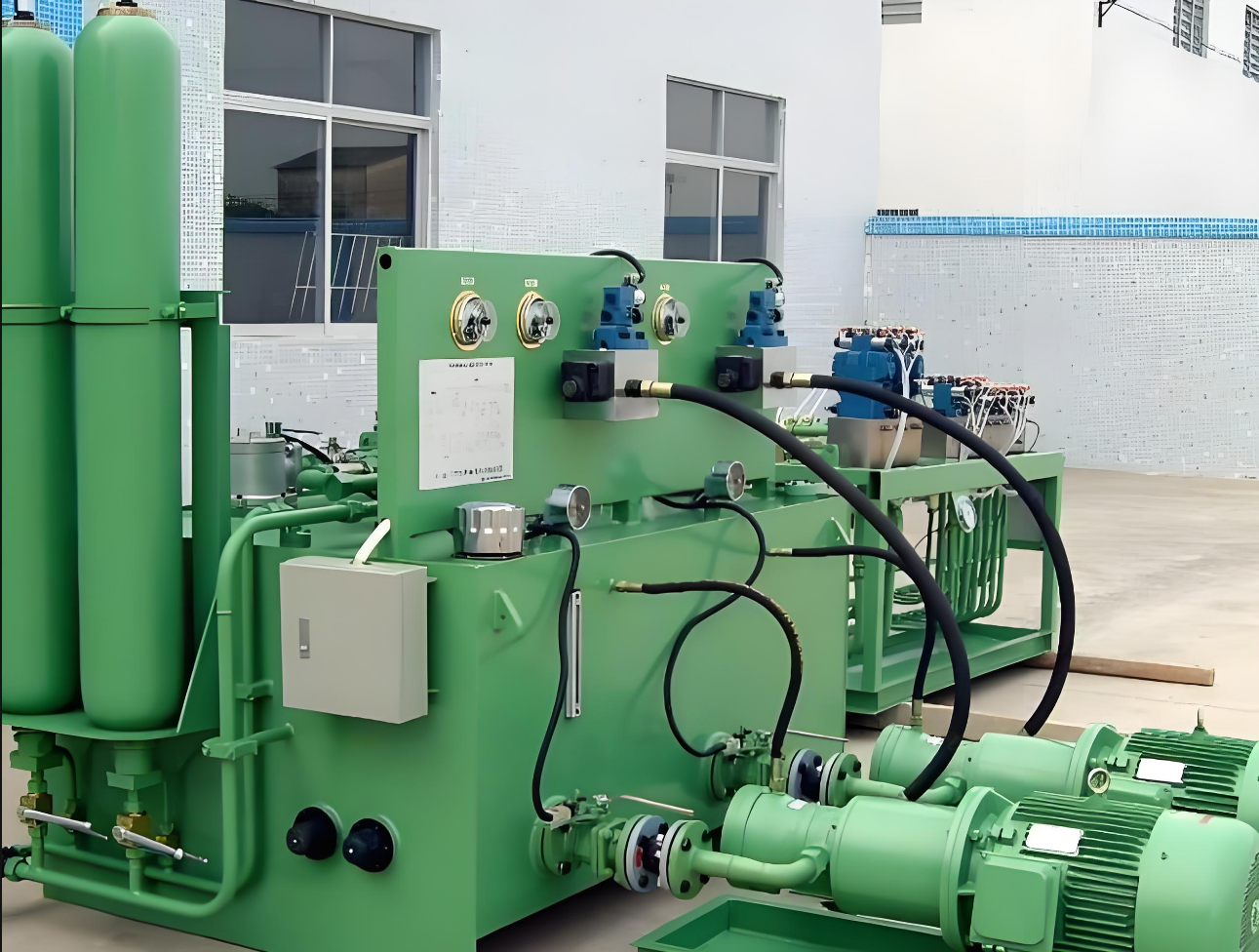
Hydraulic System
-
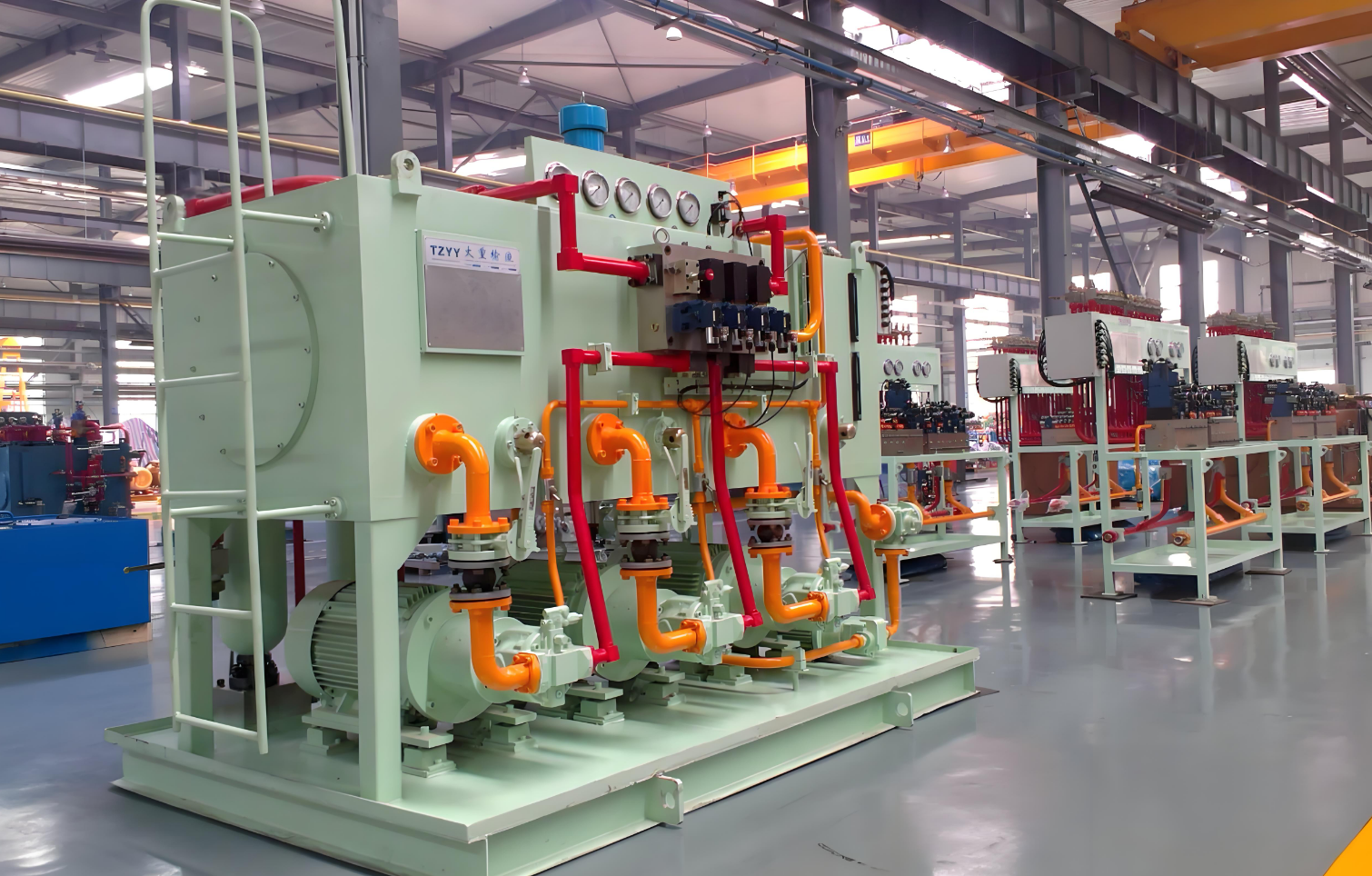
Hydraulic System
-
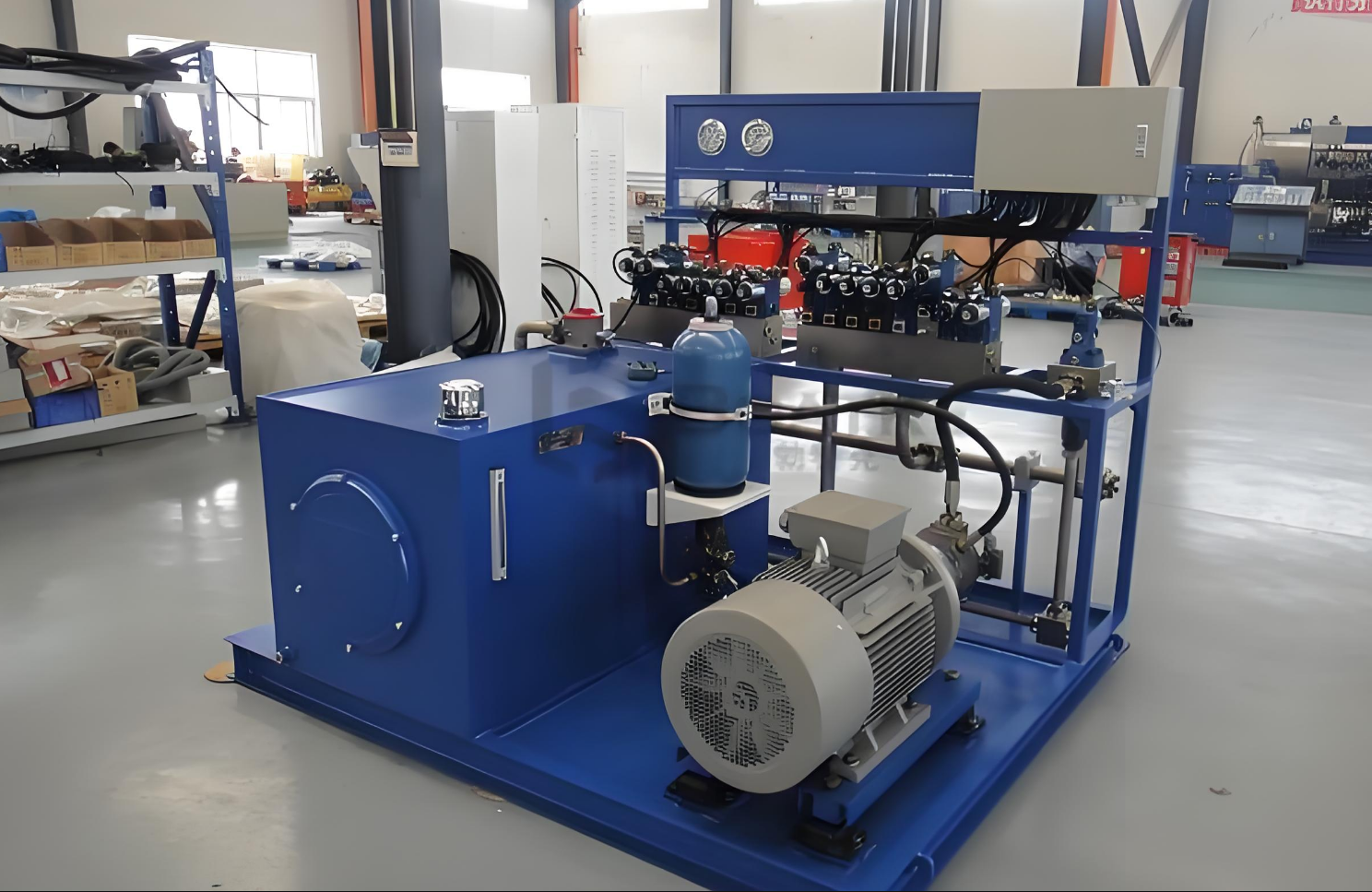
Hydraulic System
-

Hydraulic system
-
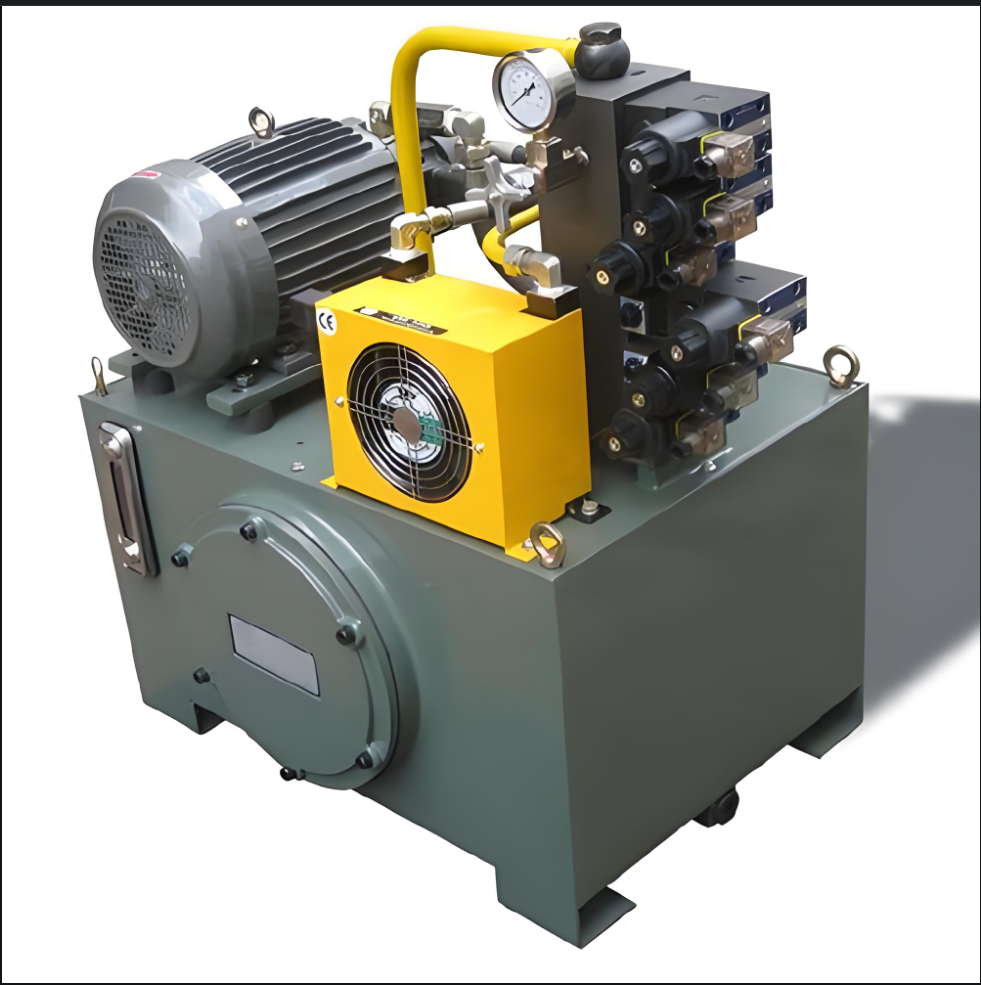
Hydraulic system
-
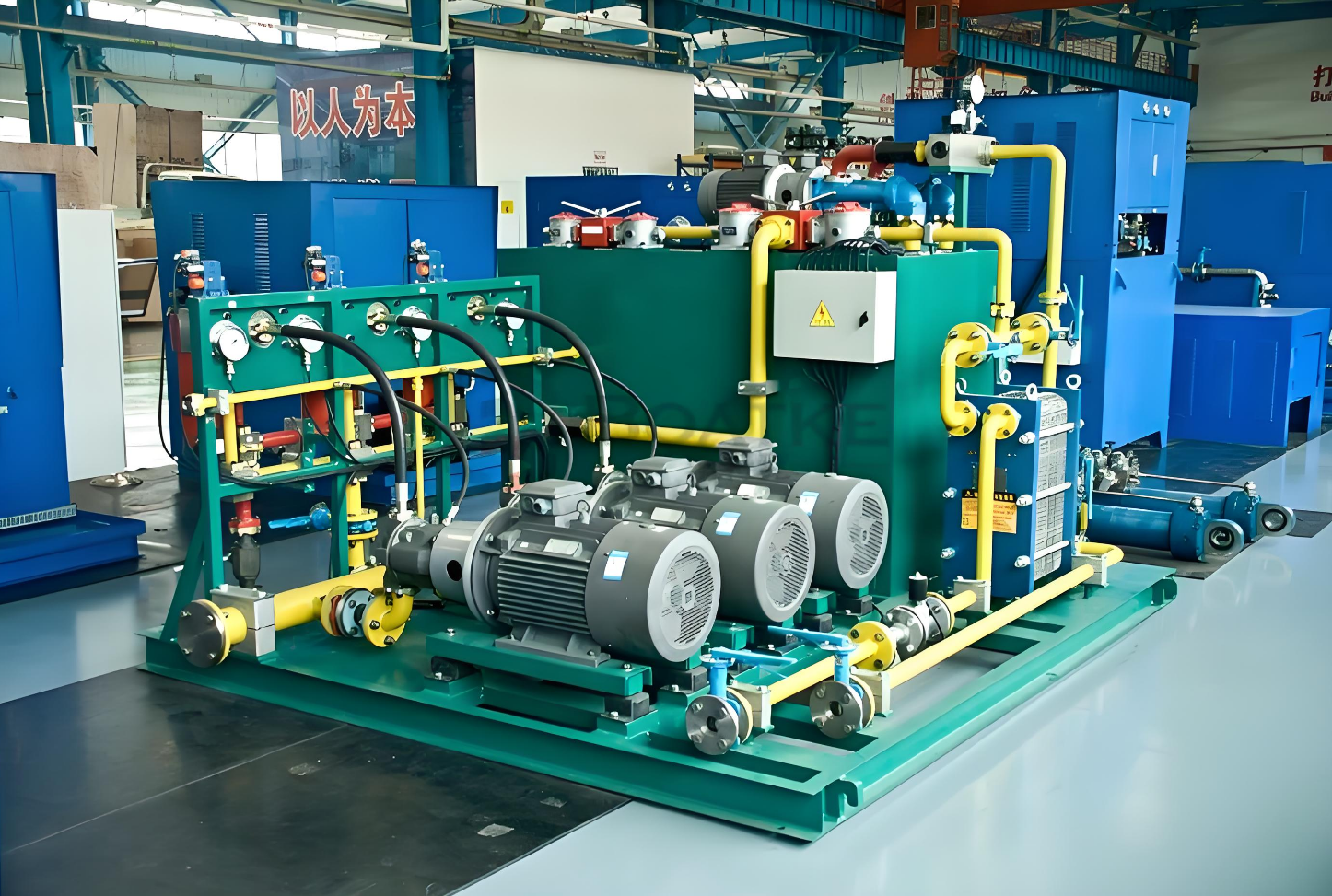
Hydraulic System
-
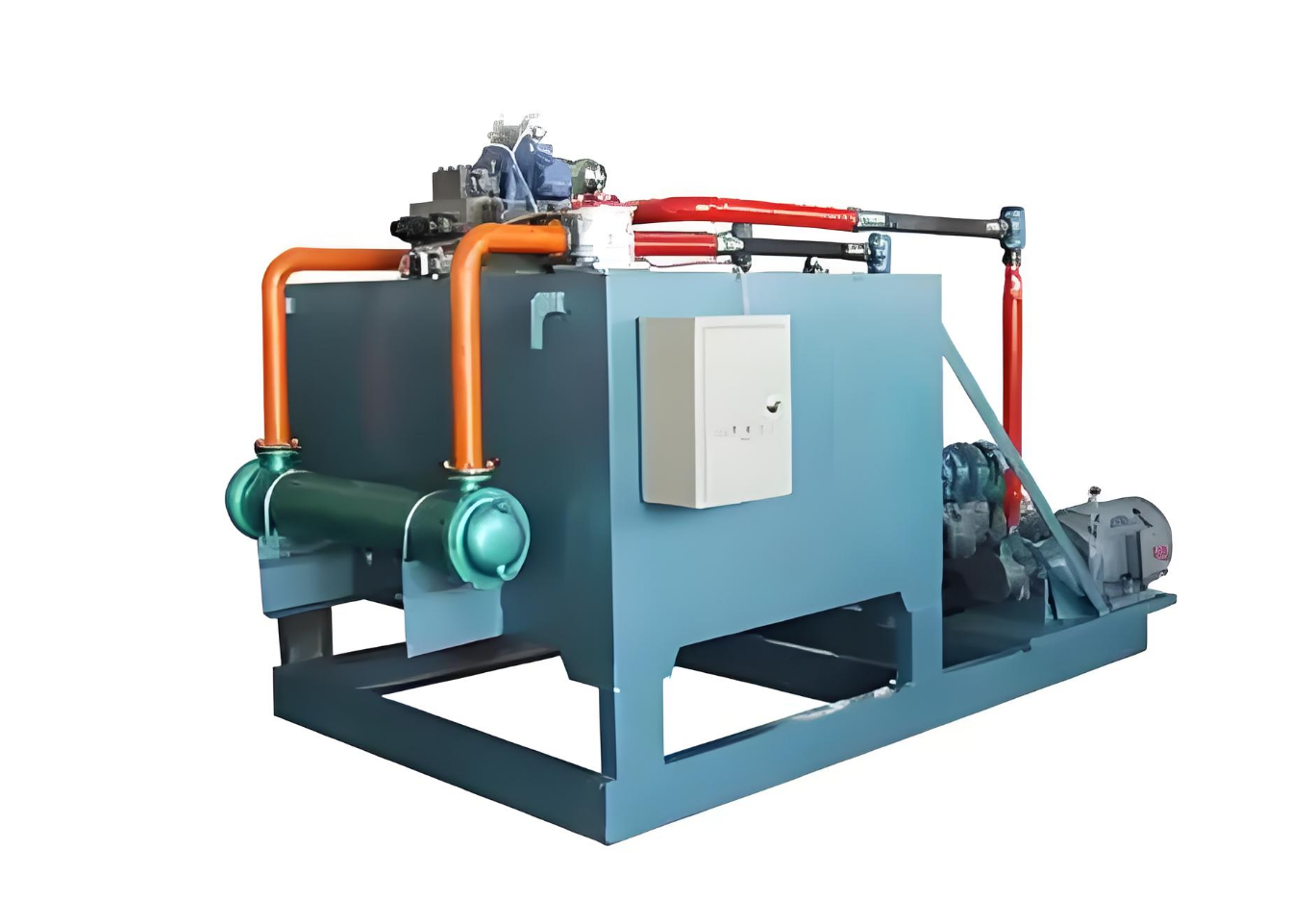
Hydraulic System
-

Hydraulic Station
-
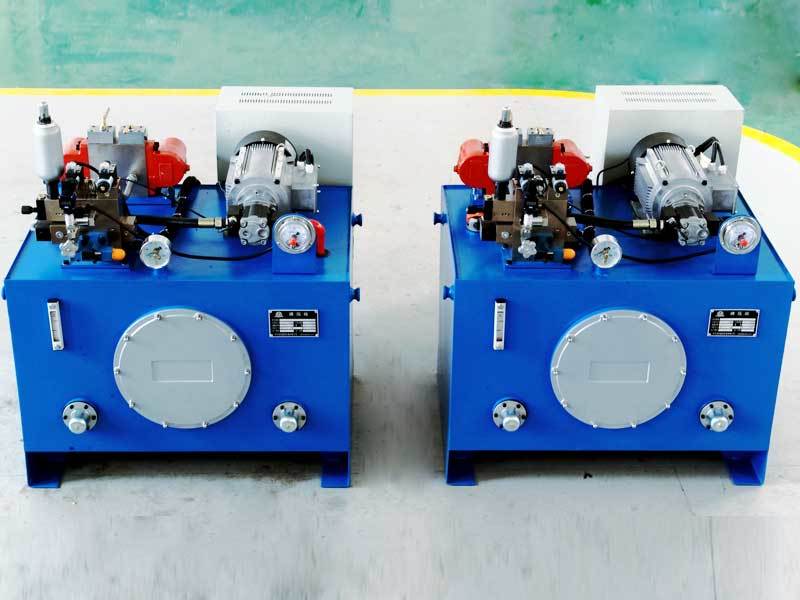
Variable-frequency servo hydraulic system
-

E119A/E119S, E118A/E118S Explosion-Proof Secondary Brake Hydraulic Station
-
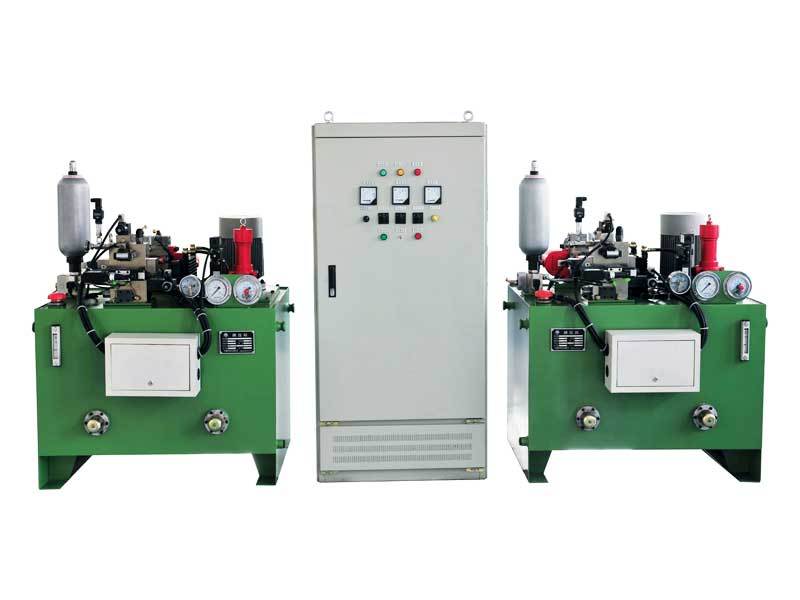
Constant-Deceleration Electro-Hydraulic Braking Control System
-
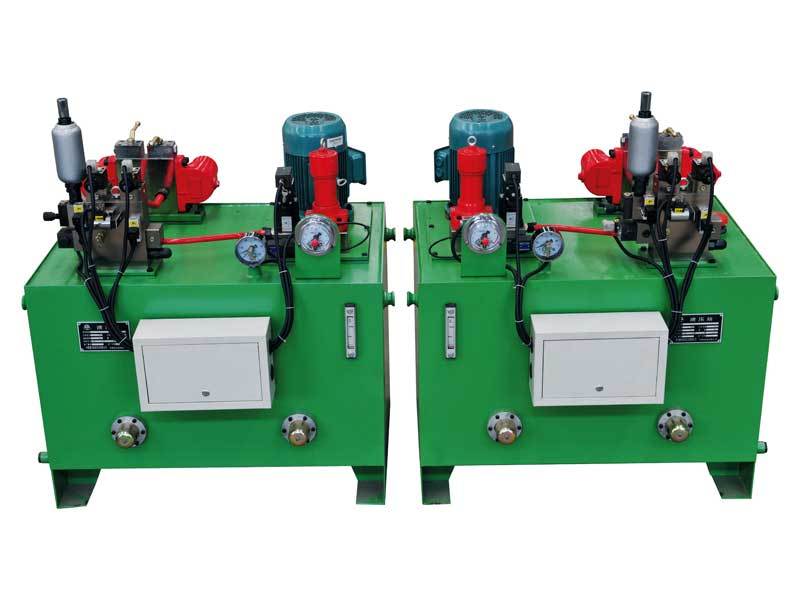
TE160/TE161/TE162/TE163 Insert-Mounted Control Dual-Stage Braking Hydraulic Station
Hydraulic cylinder
Other accessories
Large welded components
-
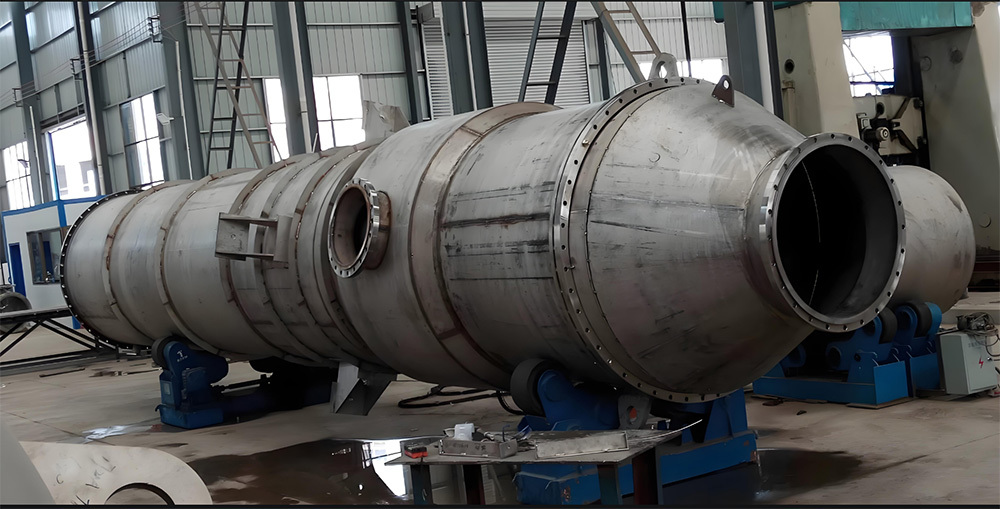
Large kiln body riveted and welded components
-
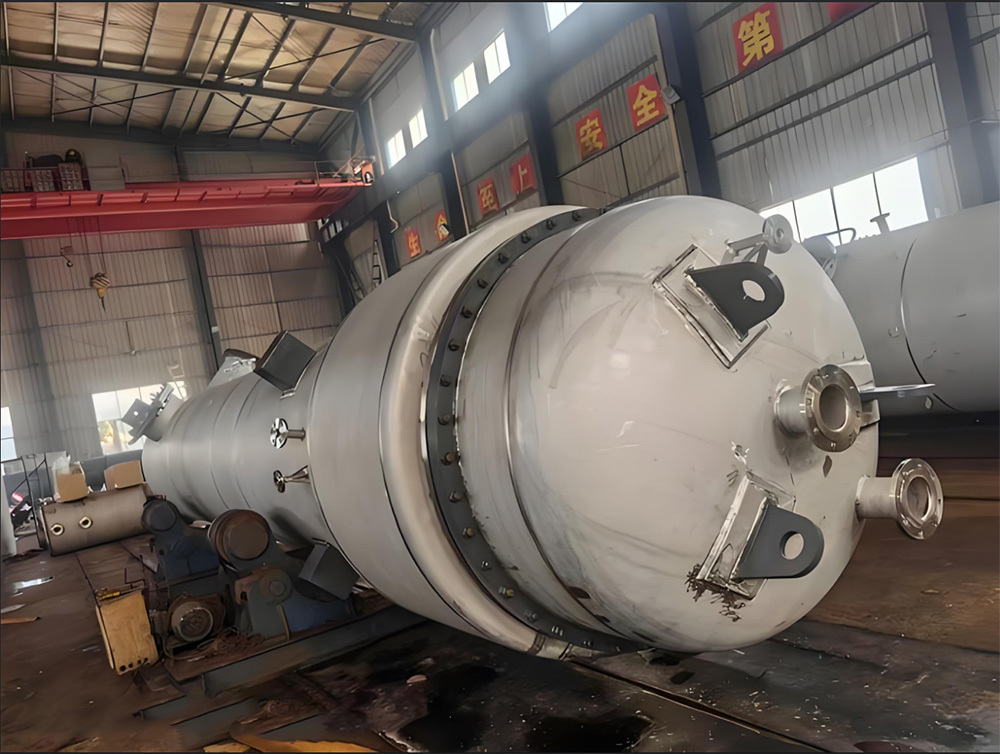
Large furnace riveted and welded components
-
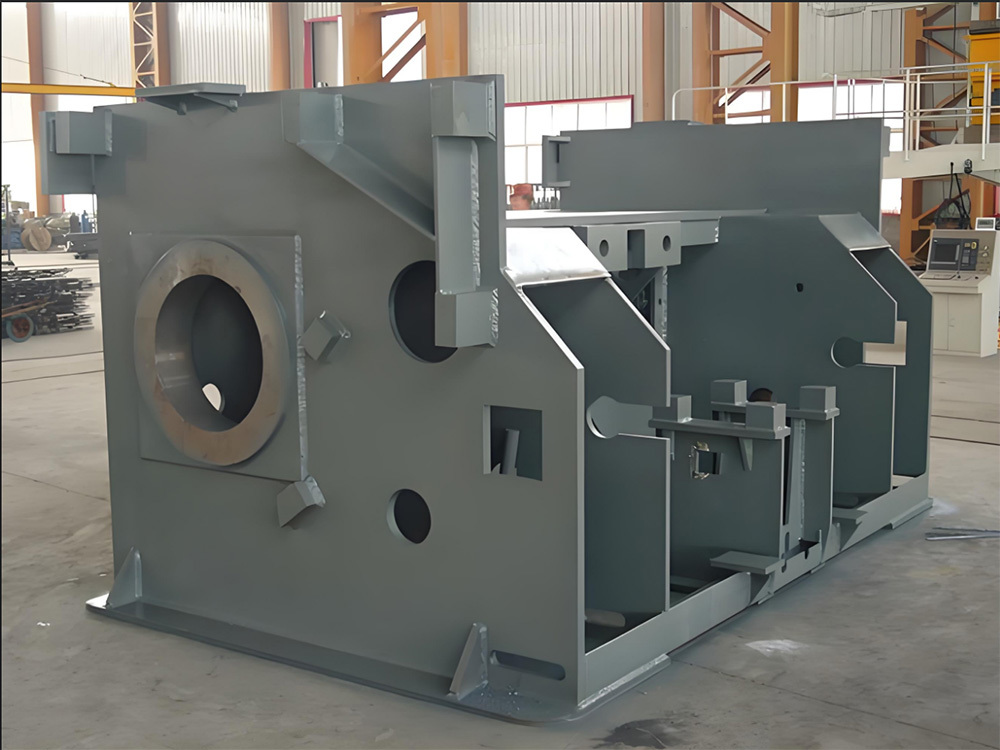
Large Riveted and Welded Components
-
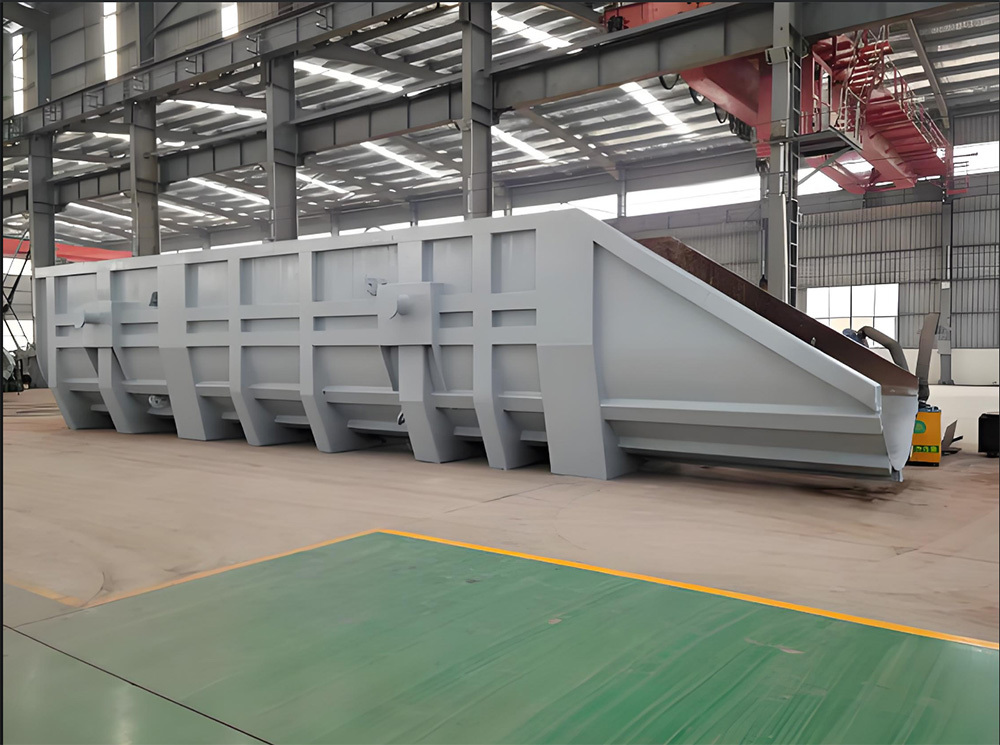
Large Riveted and Welded Components
-
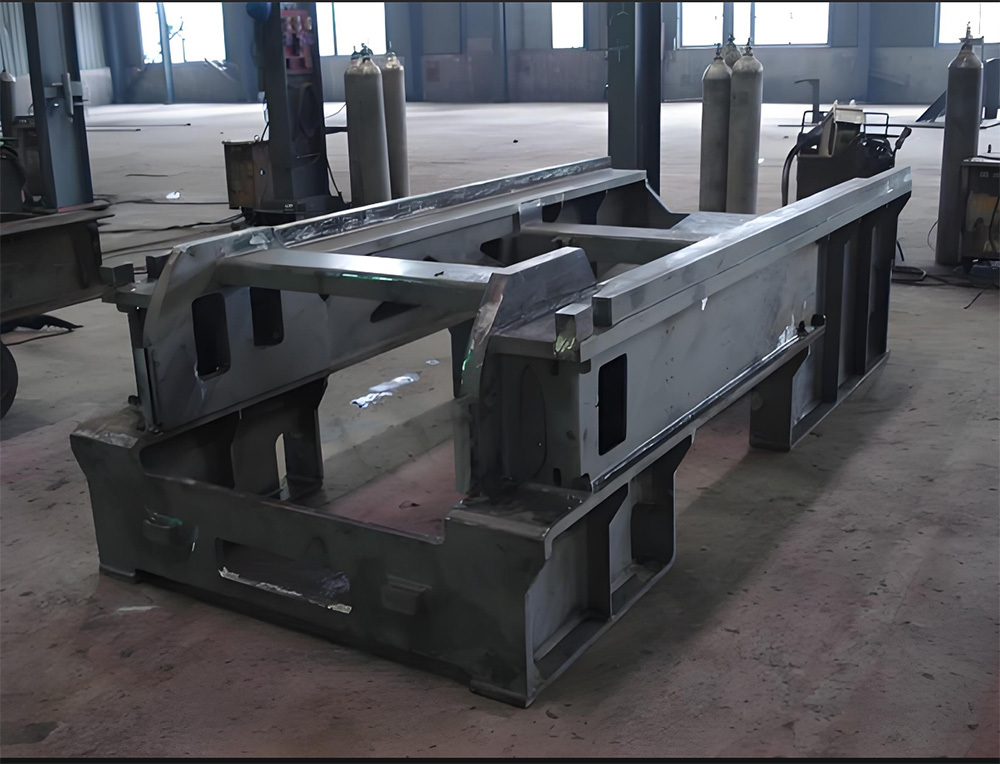
Large Riveted and Welded Components
-
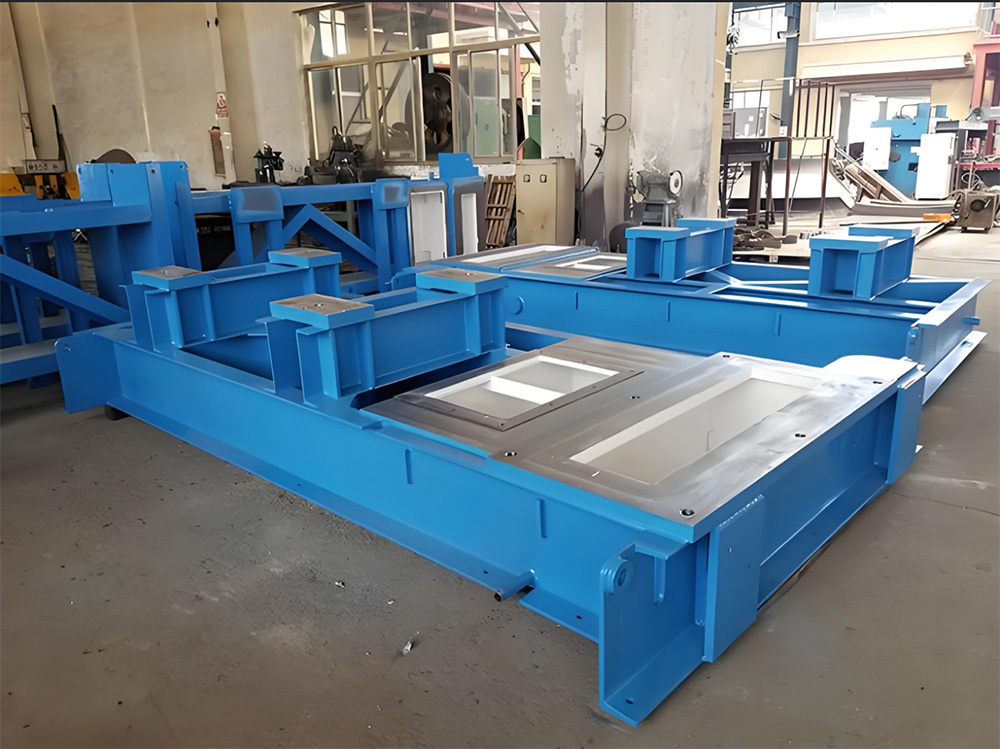
Large steel ladle riveted and welded components
-
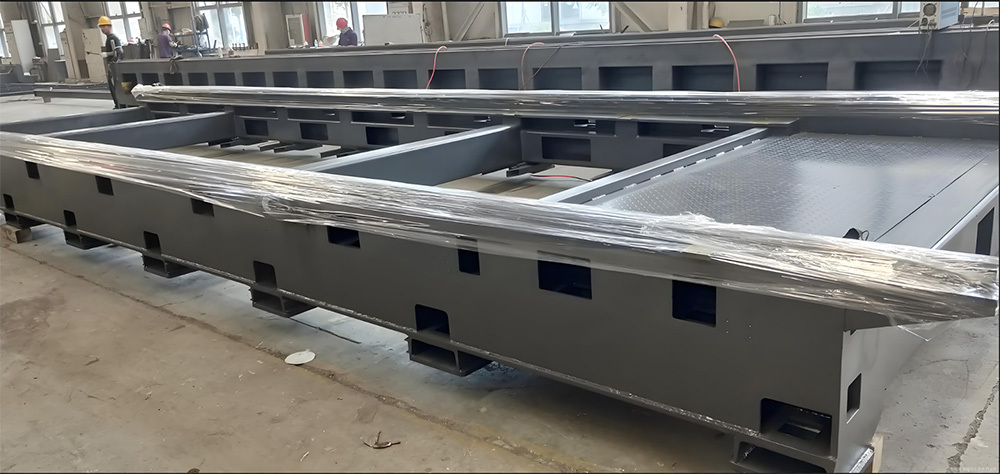
Large base
-
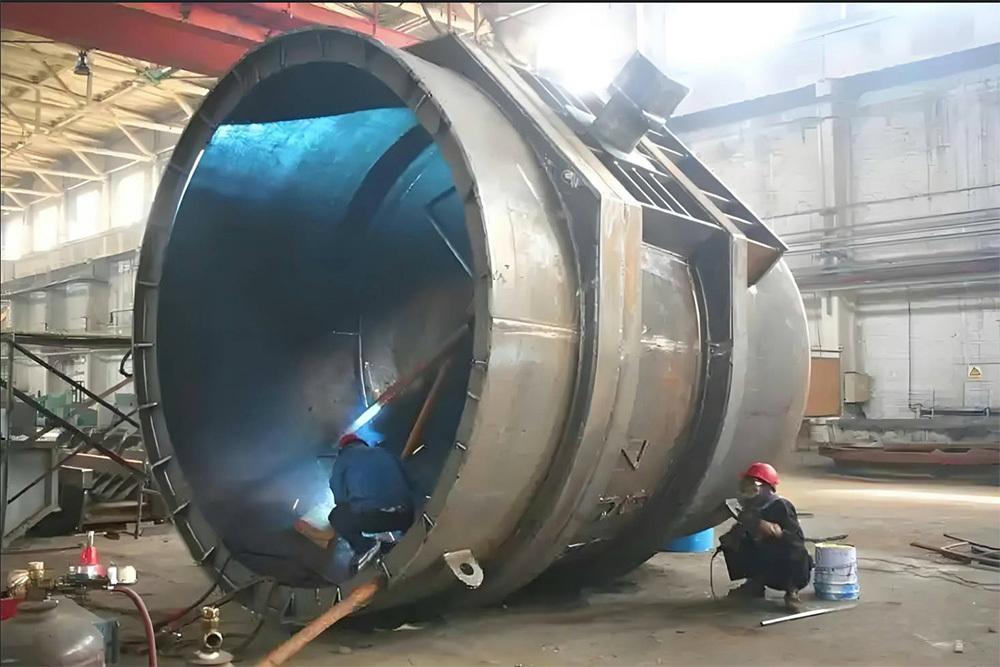
Large Riveted and Welded Components
-
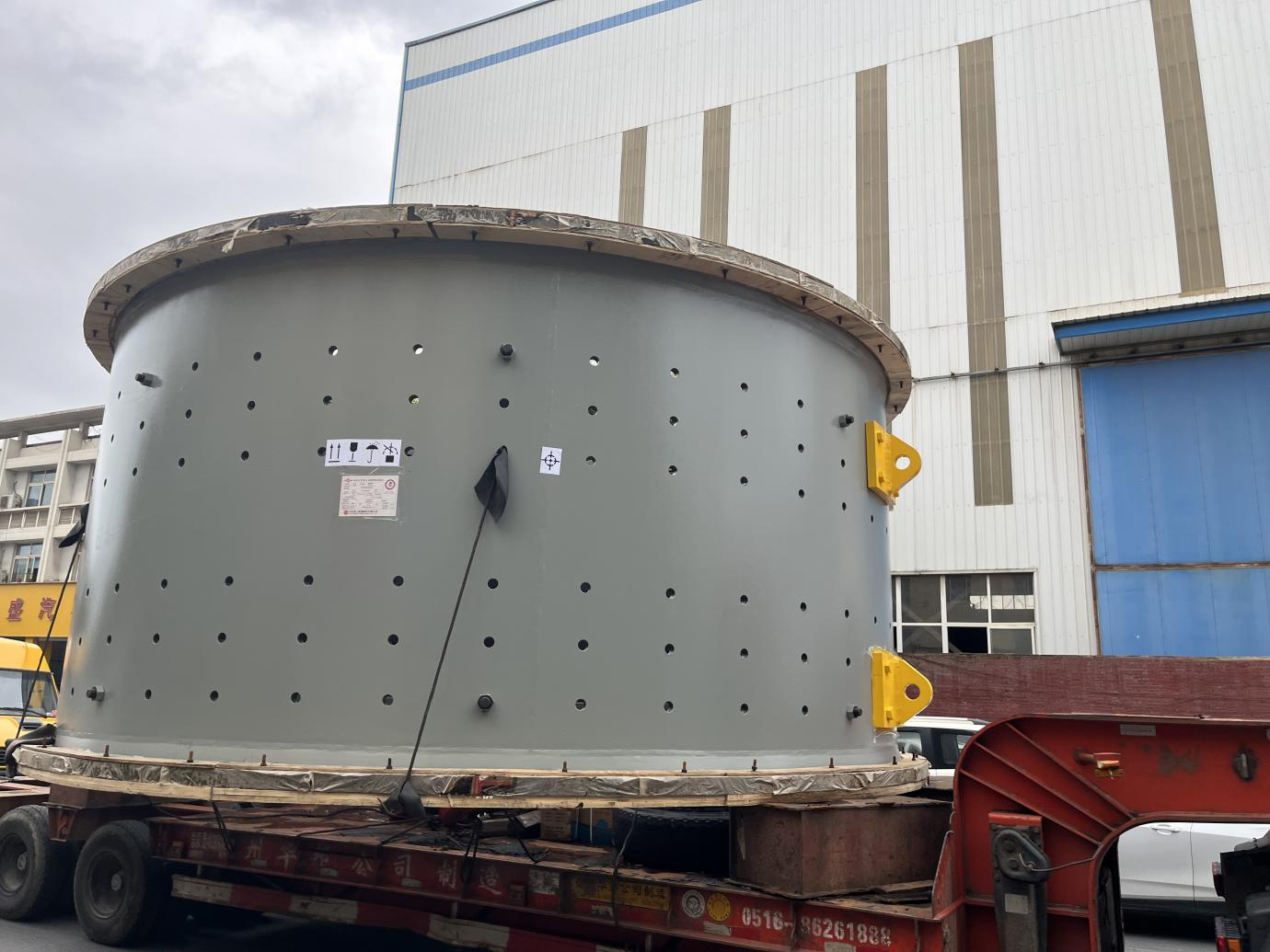
Ball Mill Cylinder
Wear-resistant products
-
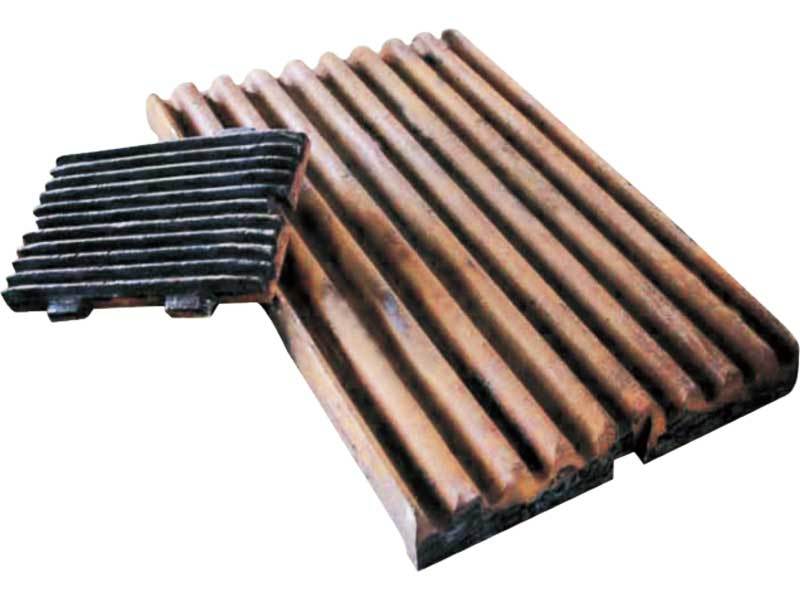
Eccentric Crusher Jaw Plate
-
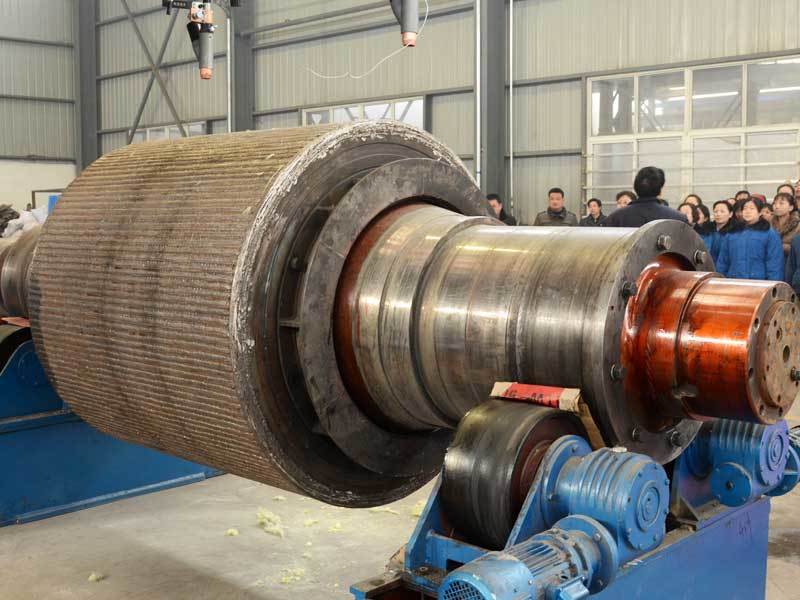
New-Type High-Pressure Roller Wear-Resistant Surfacing Welding Technology
-
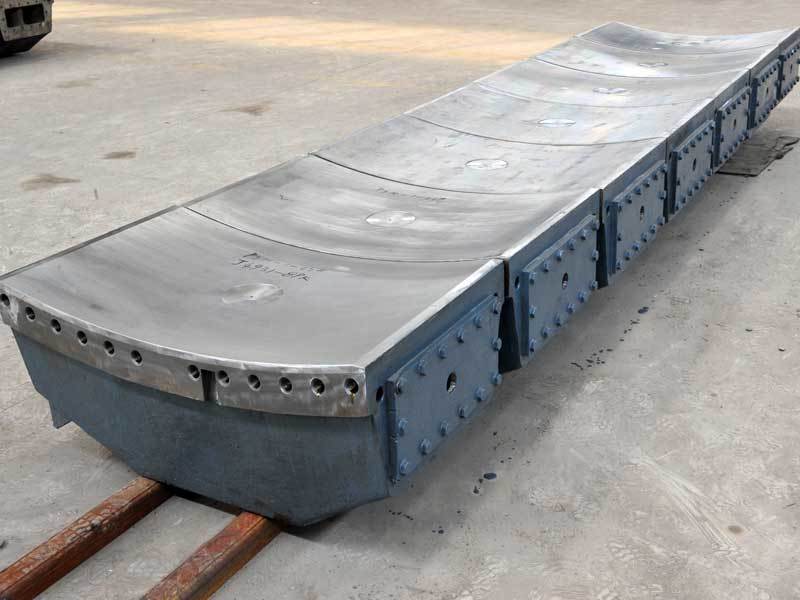
Bus Alloy Bushings
-
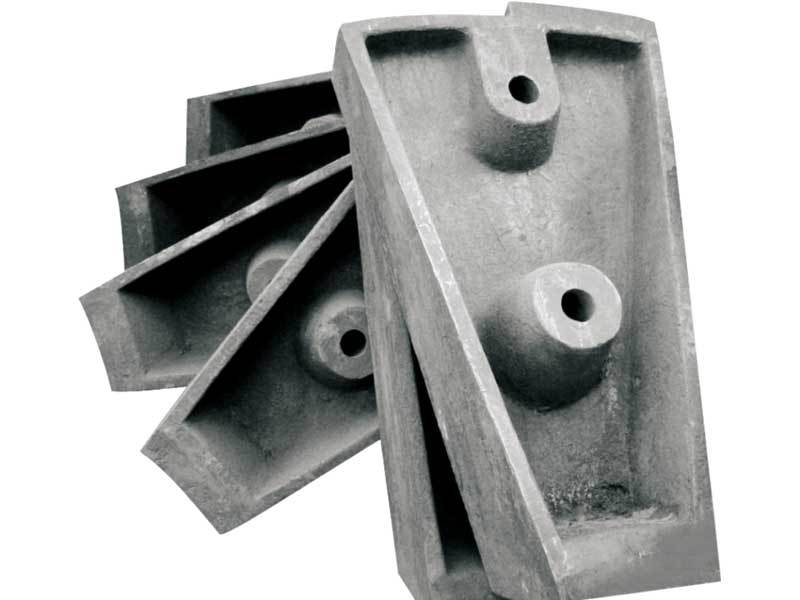
Large ball mill ZGMN13CR2 lining plate
-
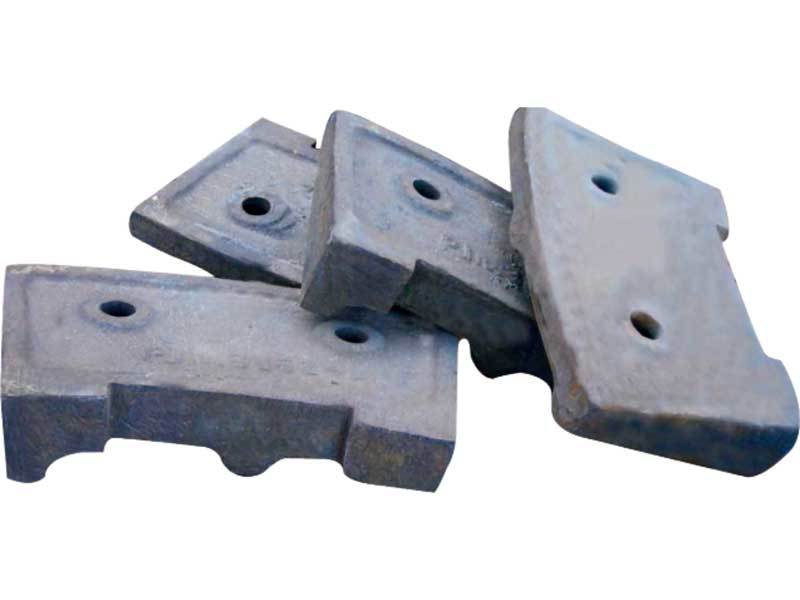
Medium-chromium alloy liner plate
-
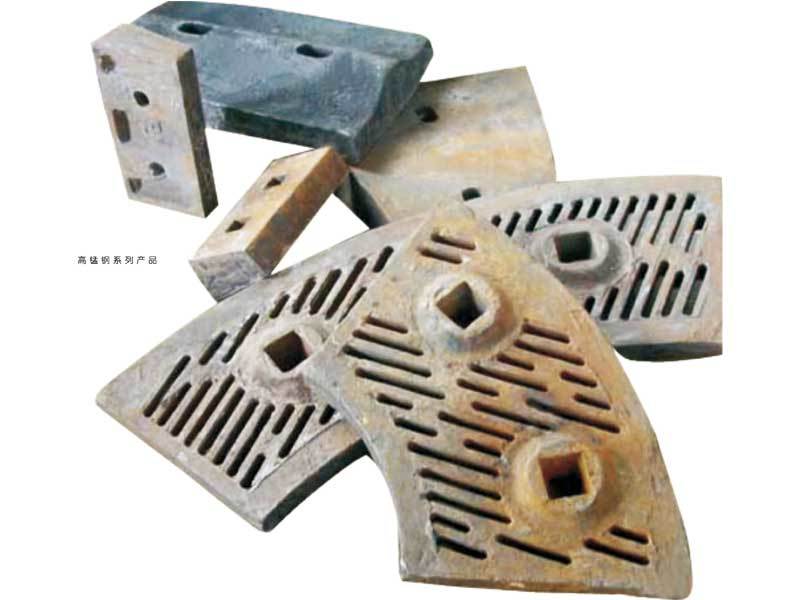
High-manganese steel product series
-

High-precision cast iron parts
-
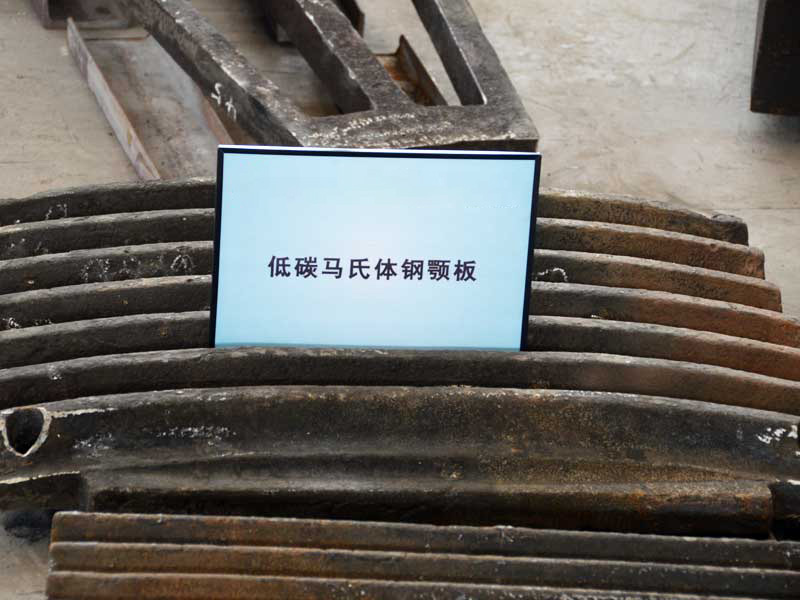
Low-carbon martensitic steel jaw plate
-
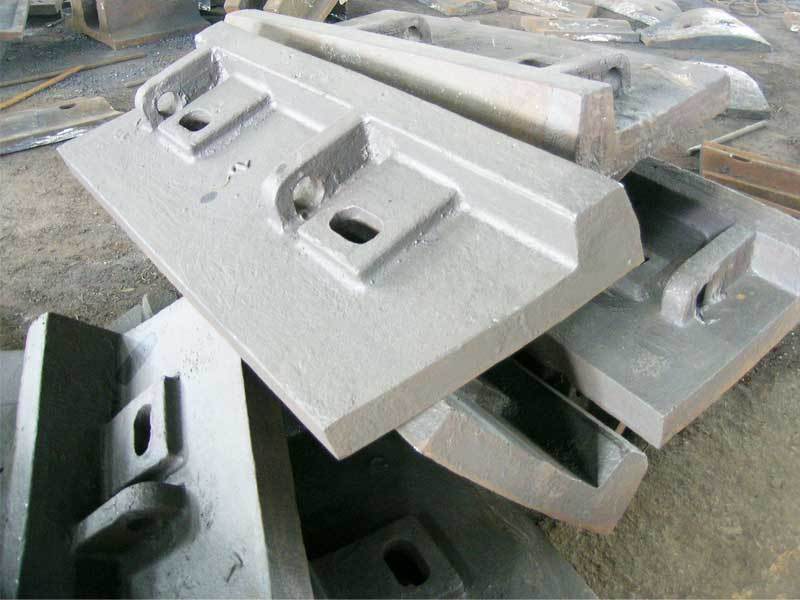
Large Self-Grinding Mill Cylinder Lining Plates
Engineering Plastics
-
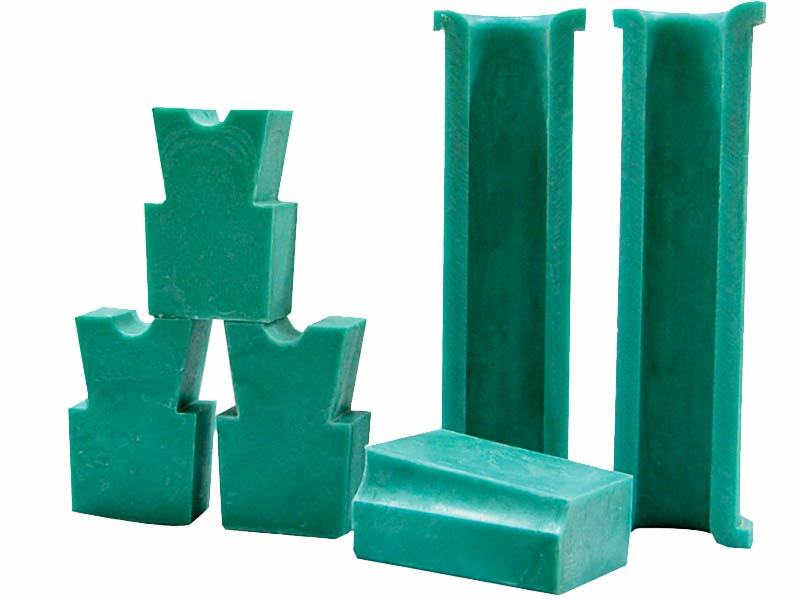
Modified PP sheave and guide wheel lining blocks for elevators
-
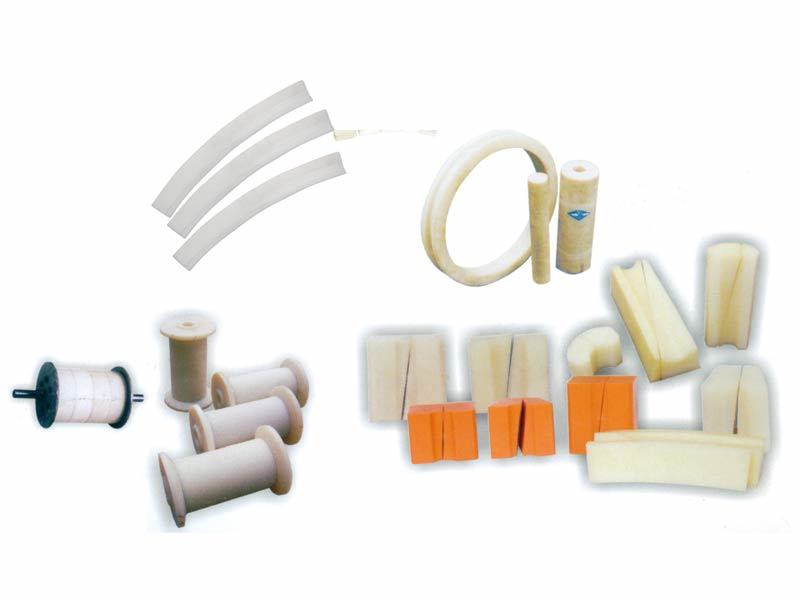
Nylon products
-
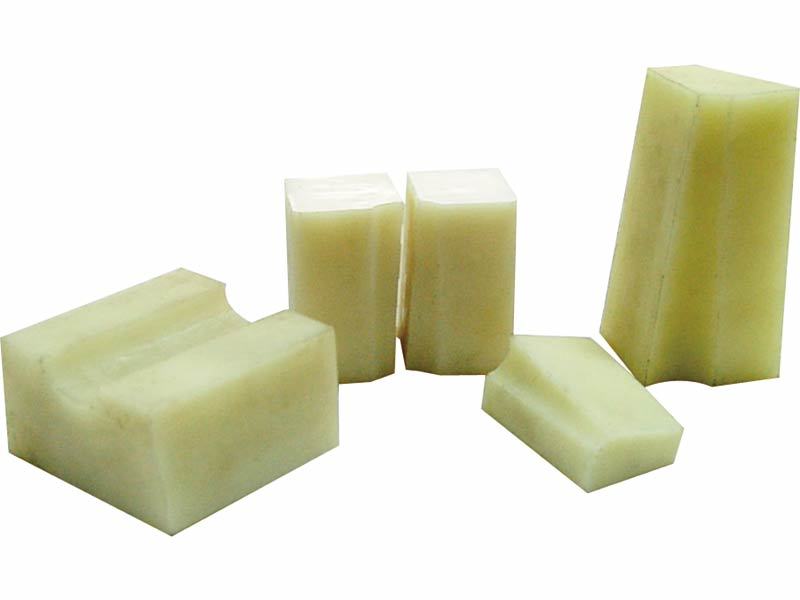
Polyurethane Products
-
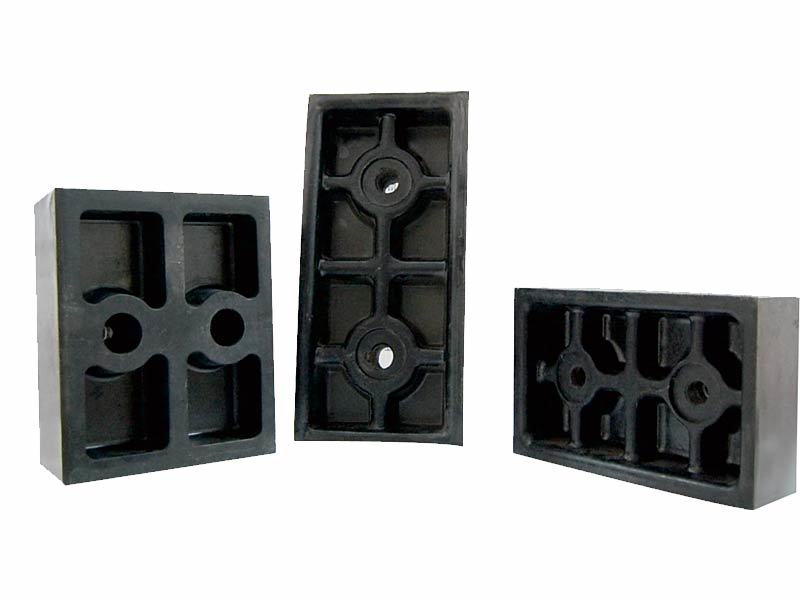
Multi-rope hoist phenolic press blocks, fixing blocks
-
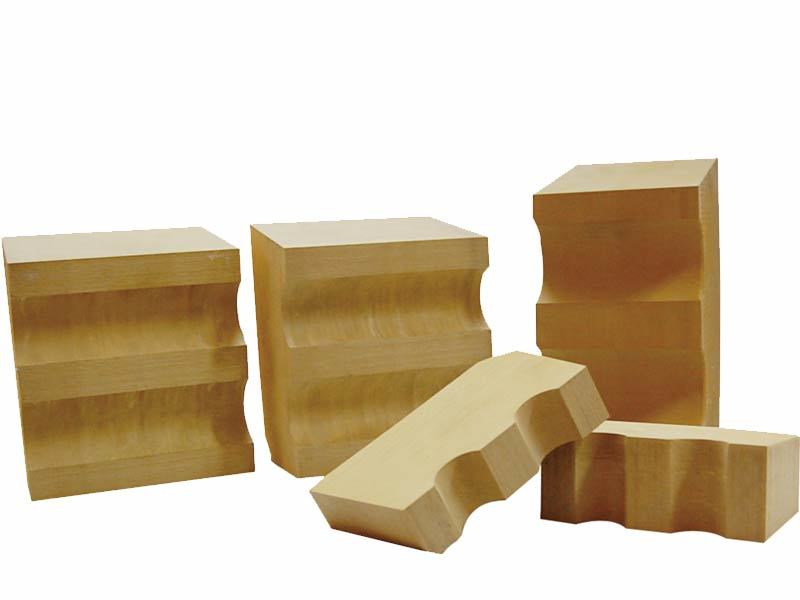
Germany-imported — LUWIPLAST GELB848 Friction Pads
-
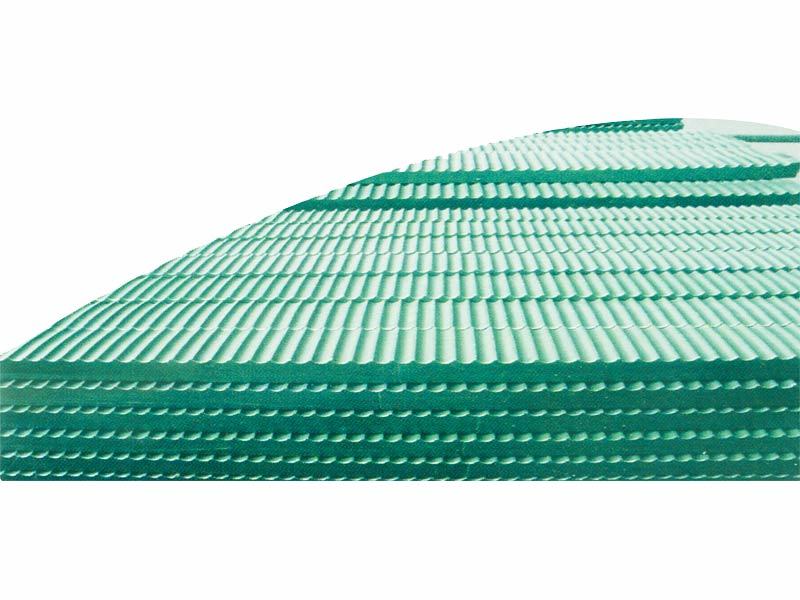
Single-rope mine hoist plastic lining板
-
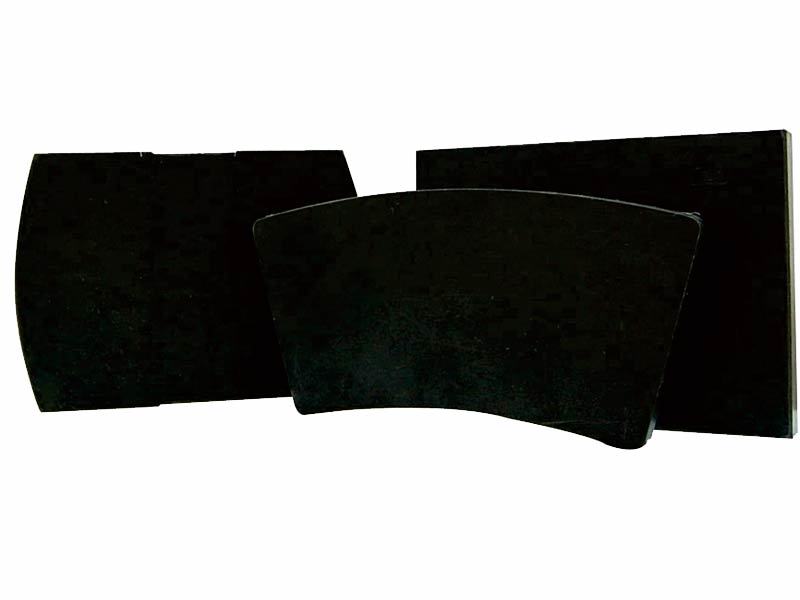
WSM-3 New Eco-Friendly, Non-Asbestos Brake Blocks (Elevator Braking System)
-
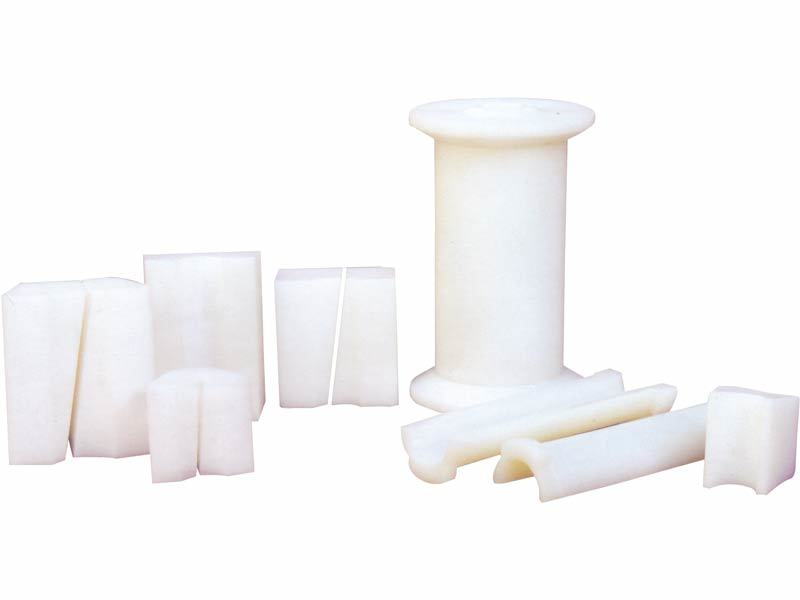
KP-09 Ultra-High Molecular Wheel Sheave Lining Pads
-
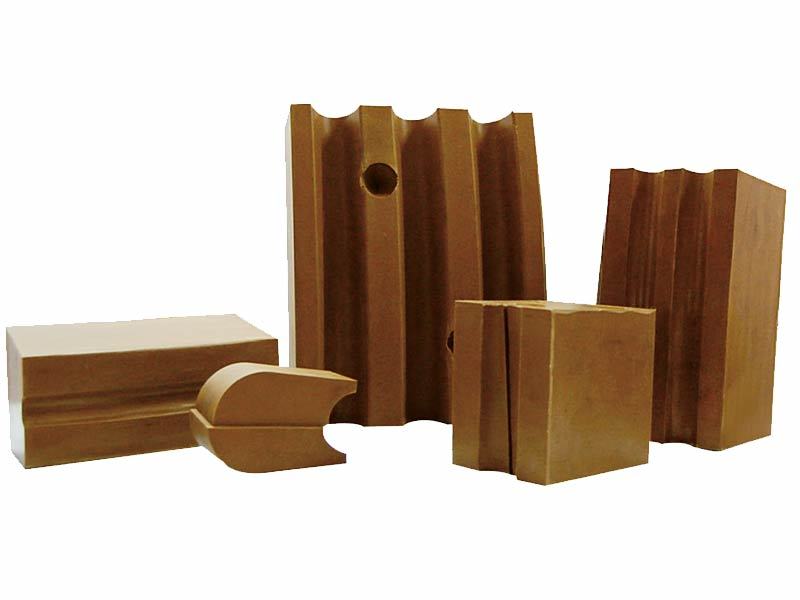
GDM326 Imported Material High-Performance Friction Pads
Roller shaft
crane sheave
Contact Us
No.99 Hengshan Road, Jianxi District, Luoyang City, Henan Province

sweep
CITICTLC
Learn more about dynamic information

